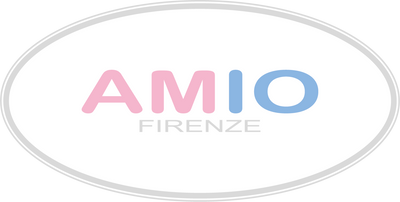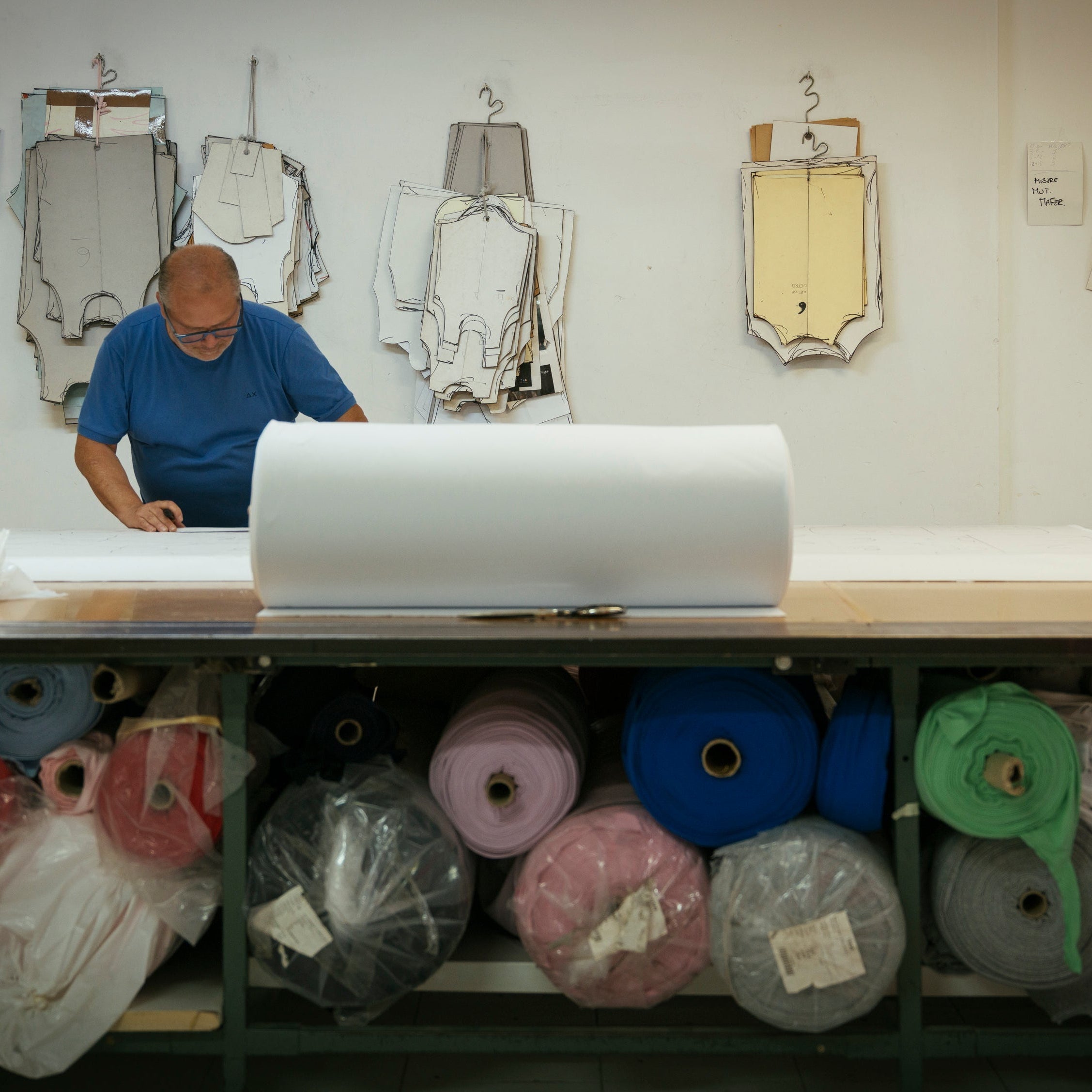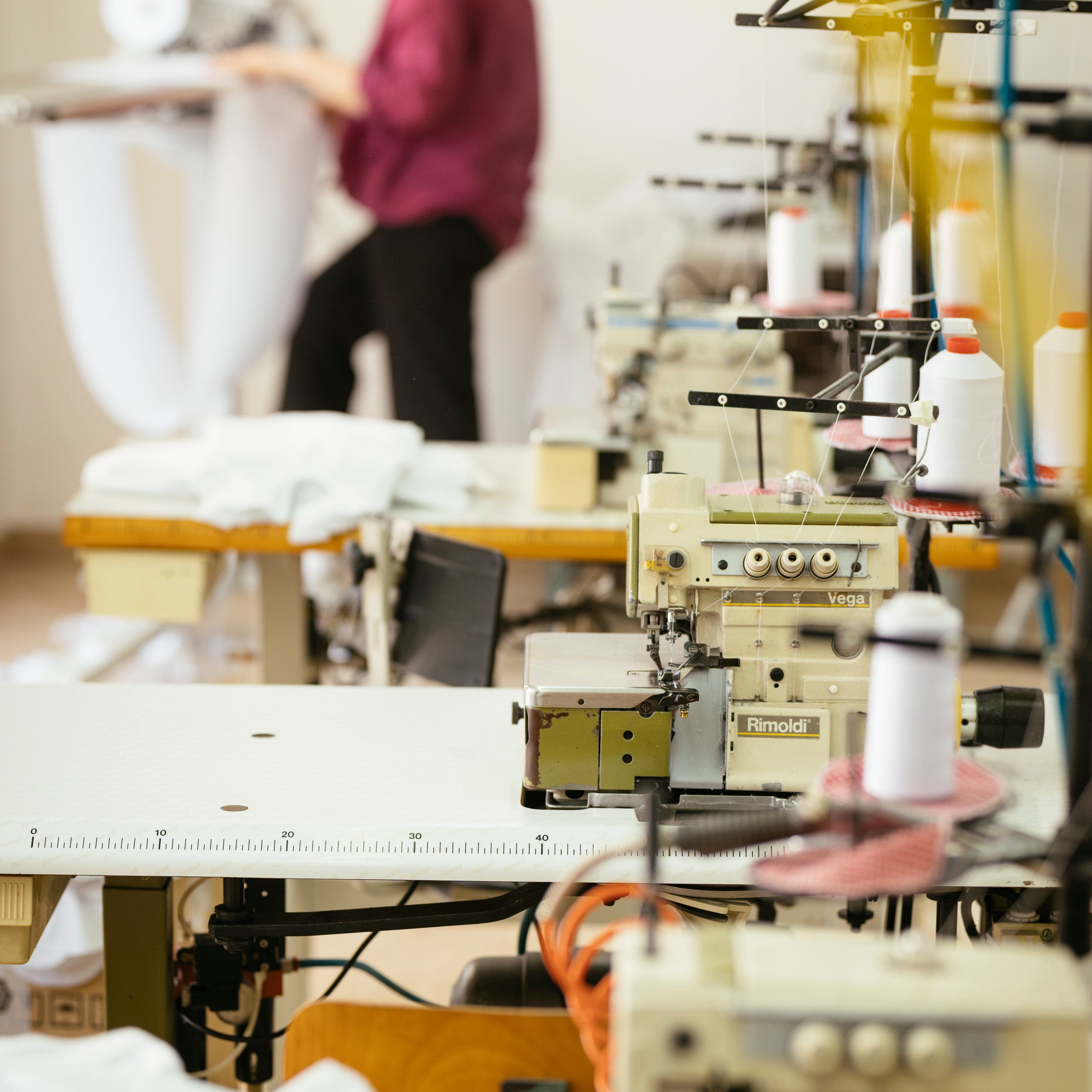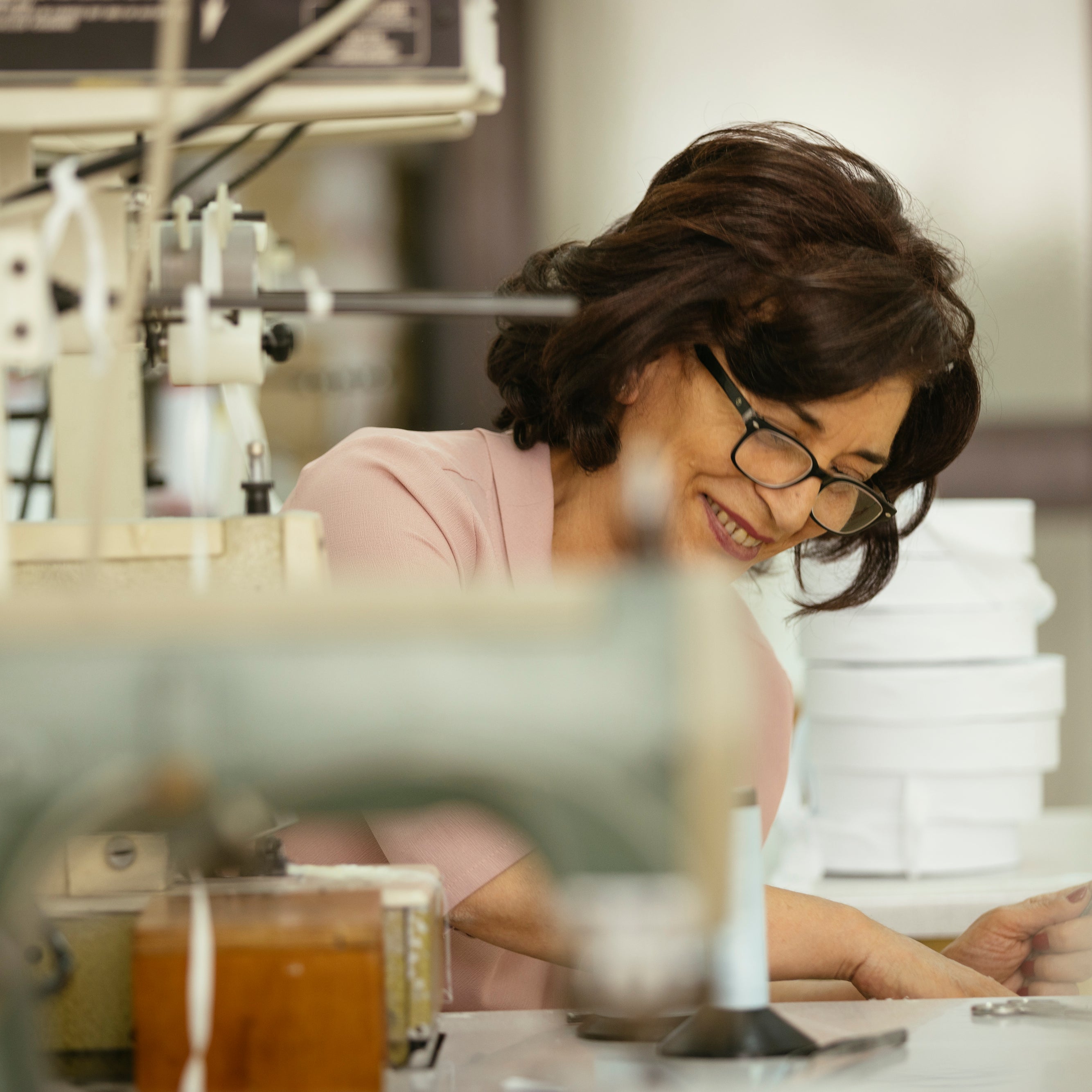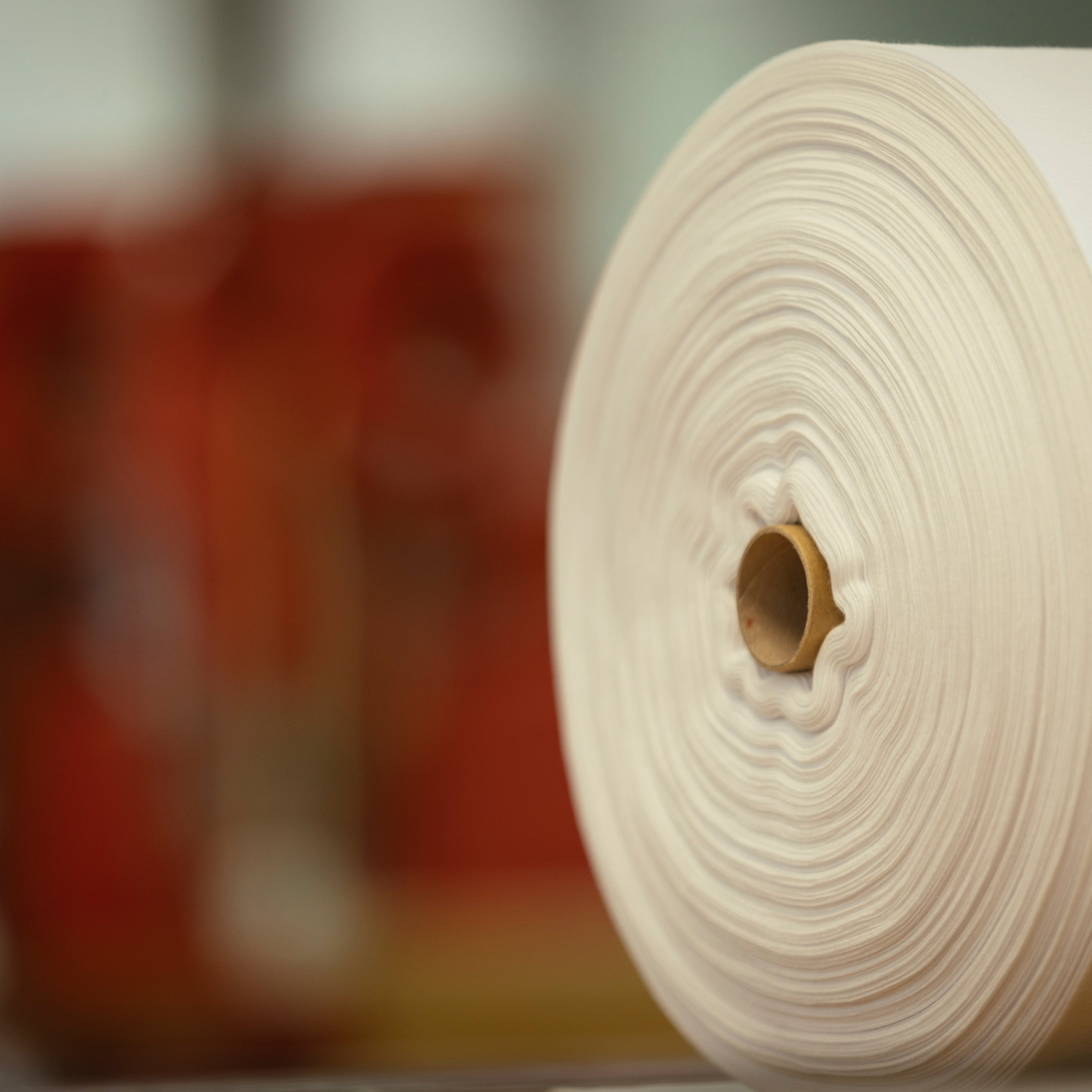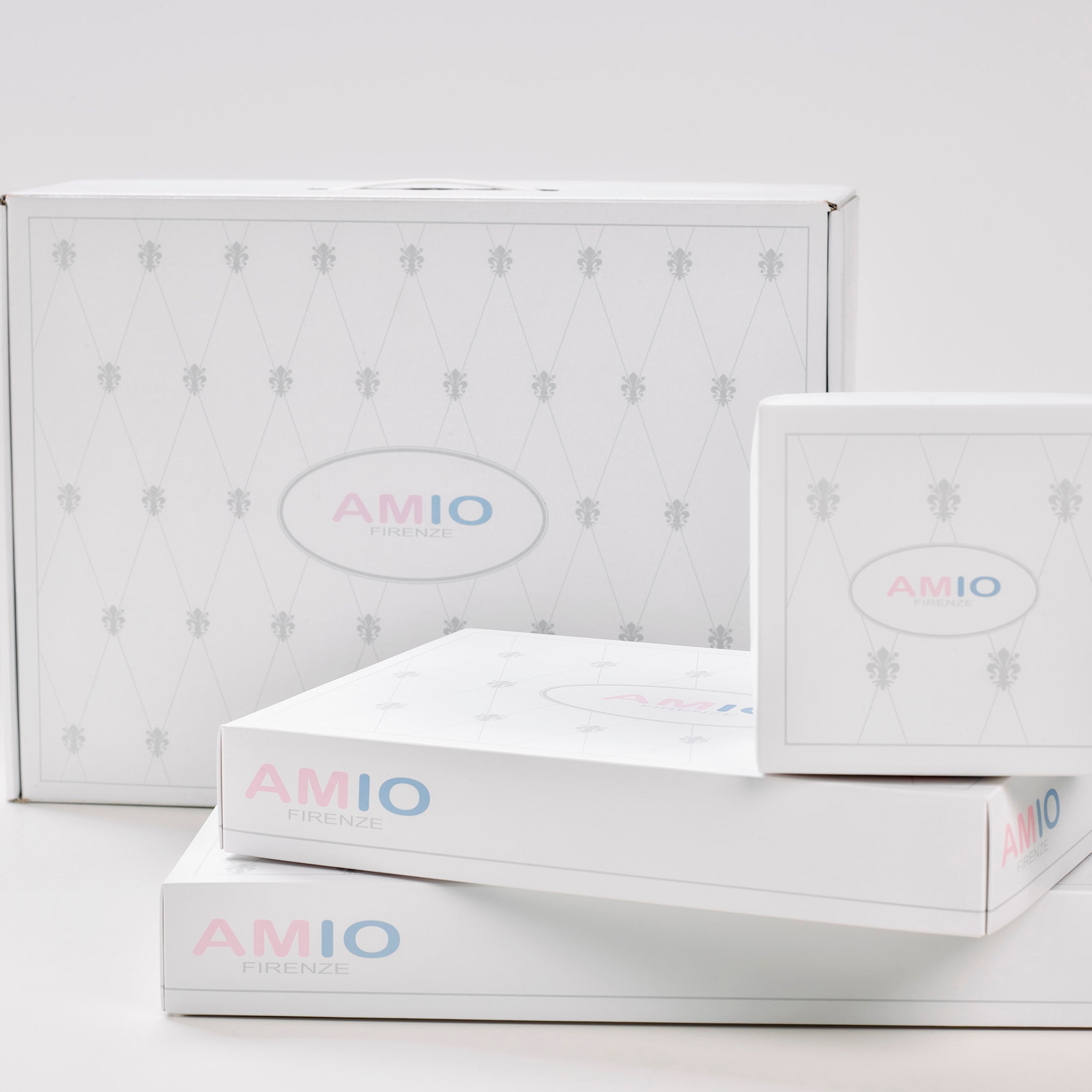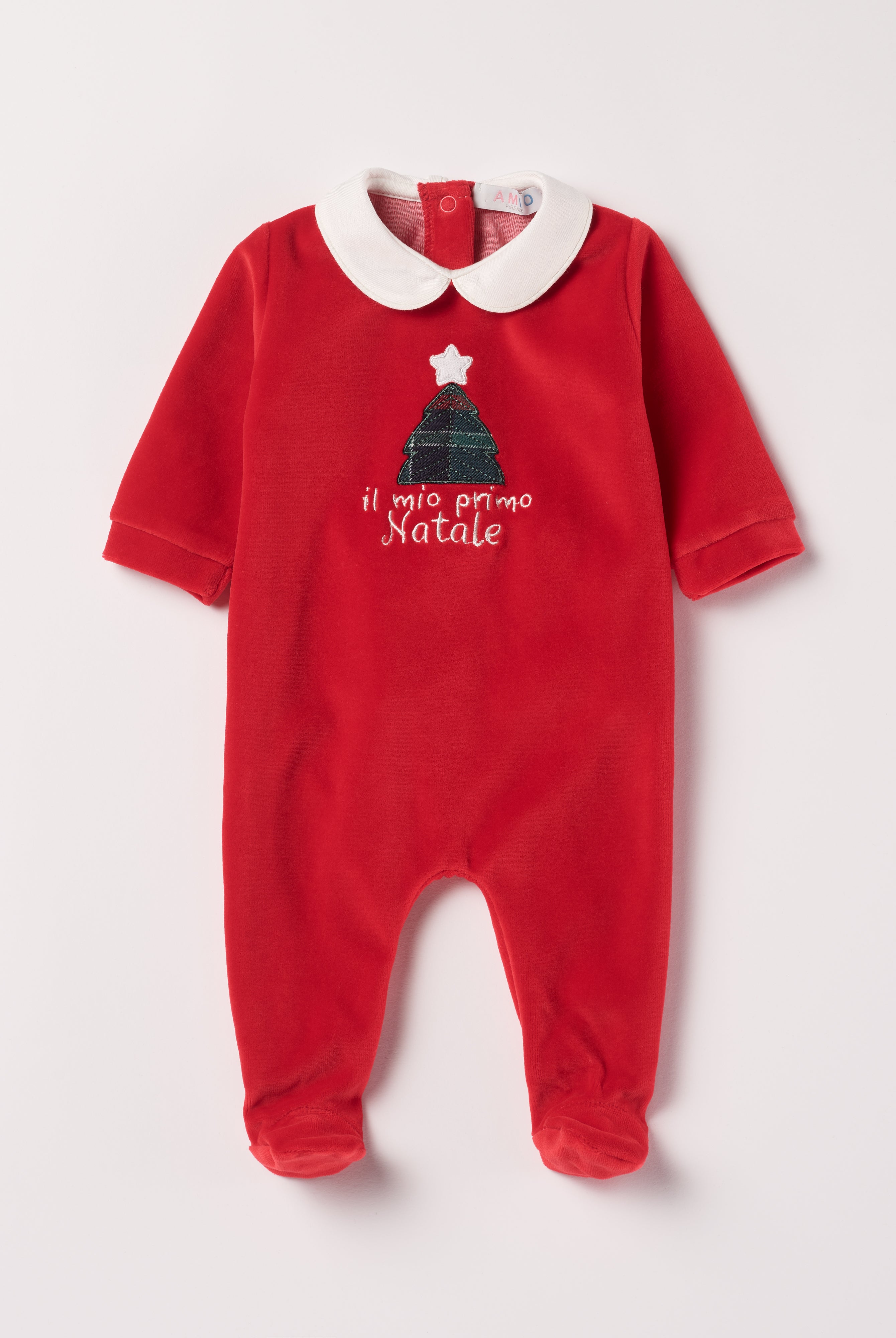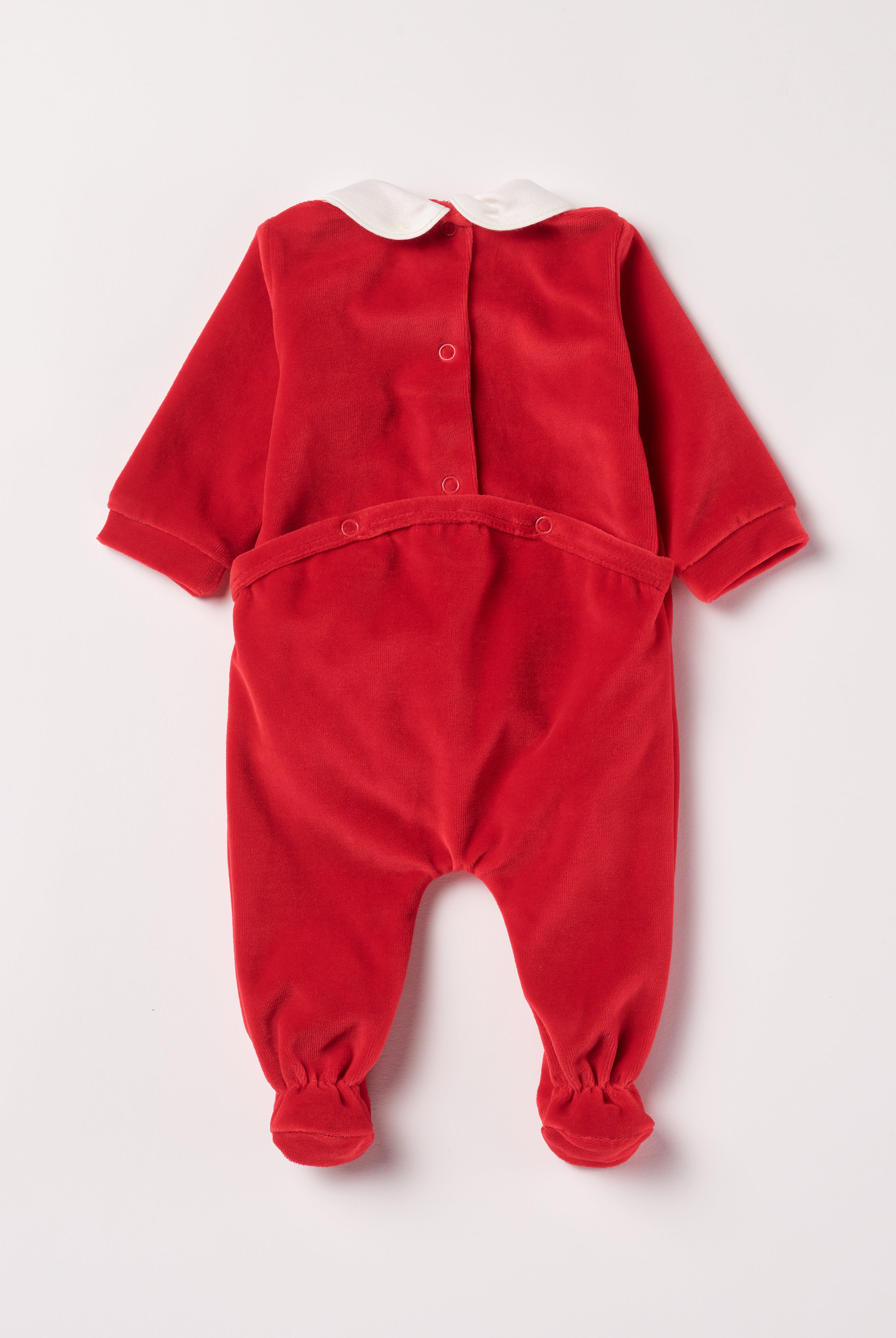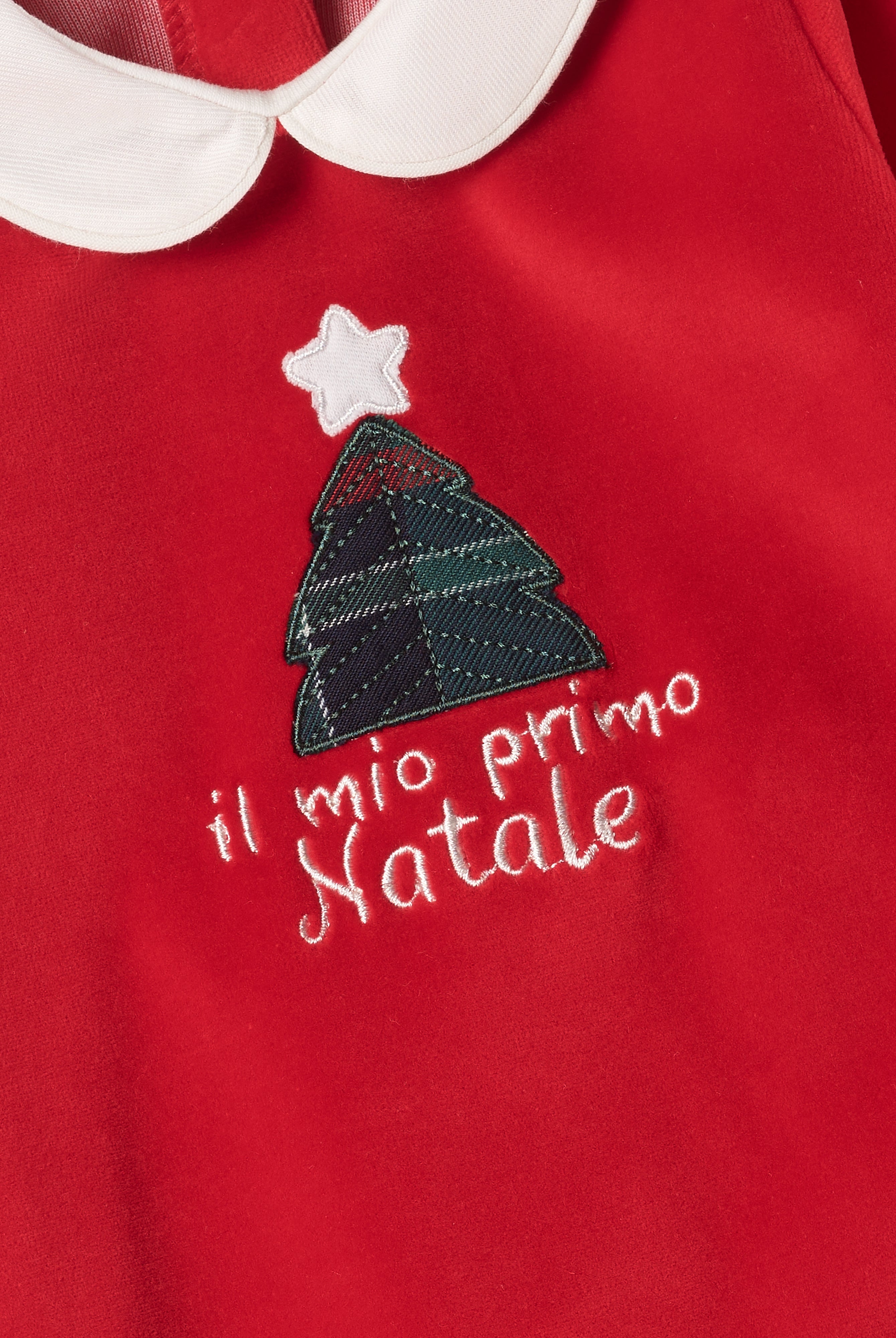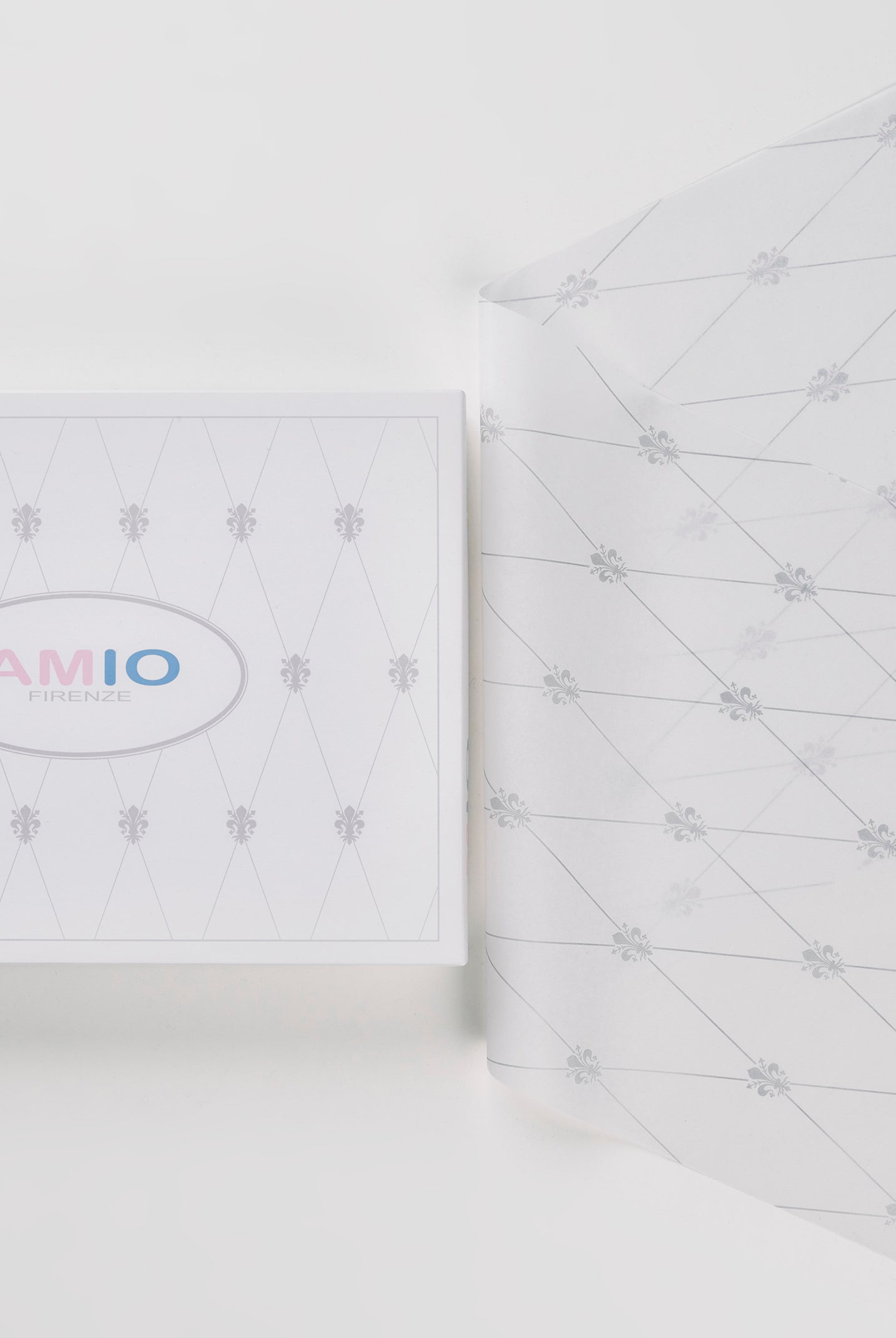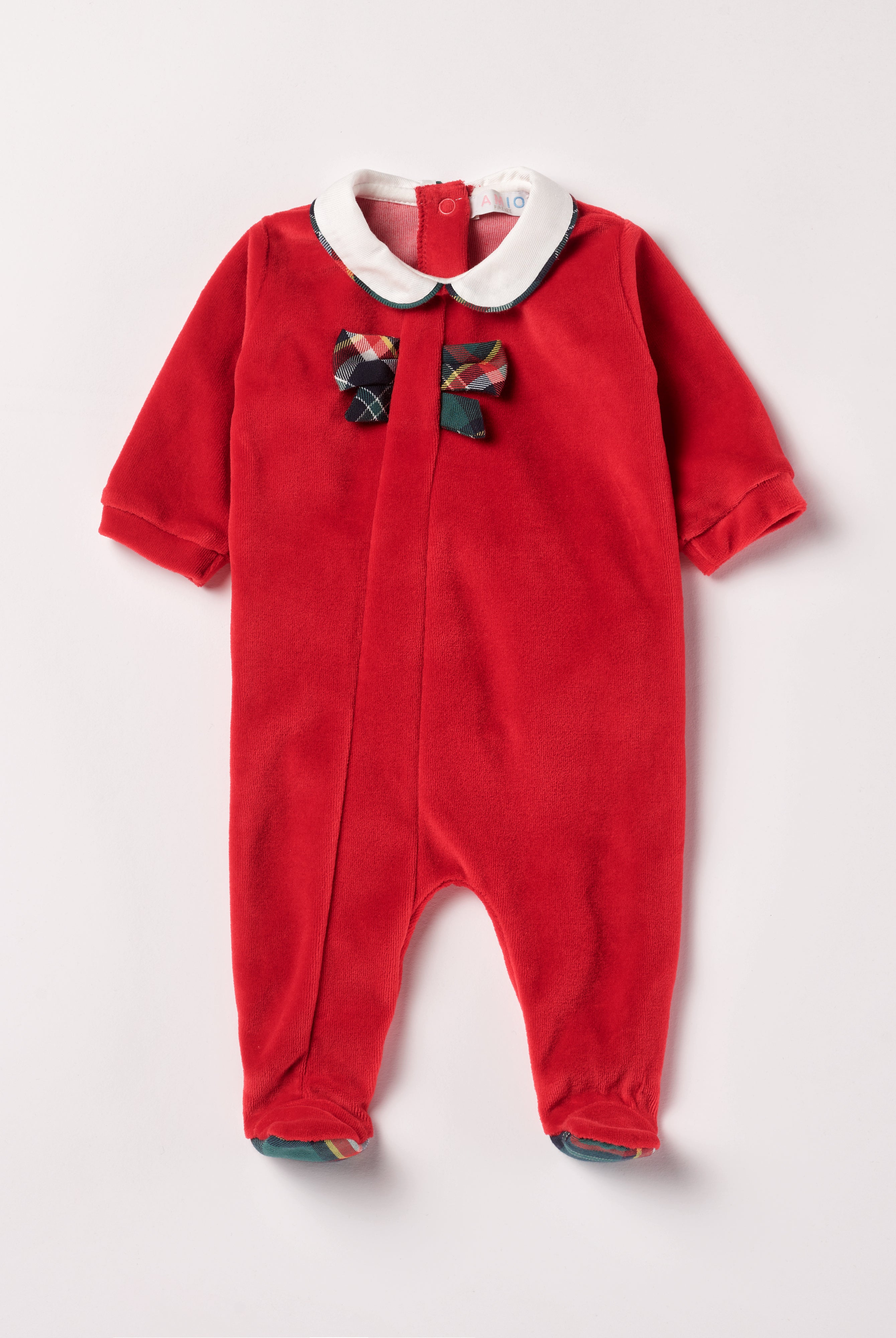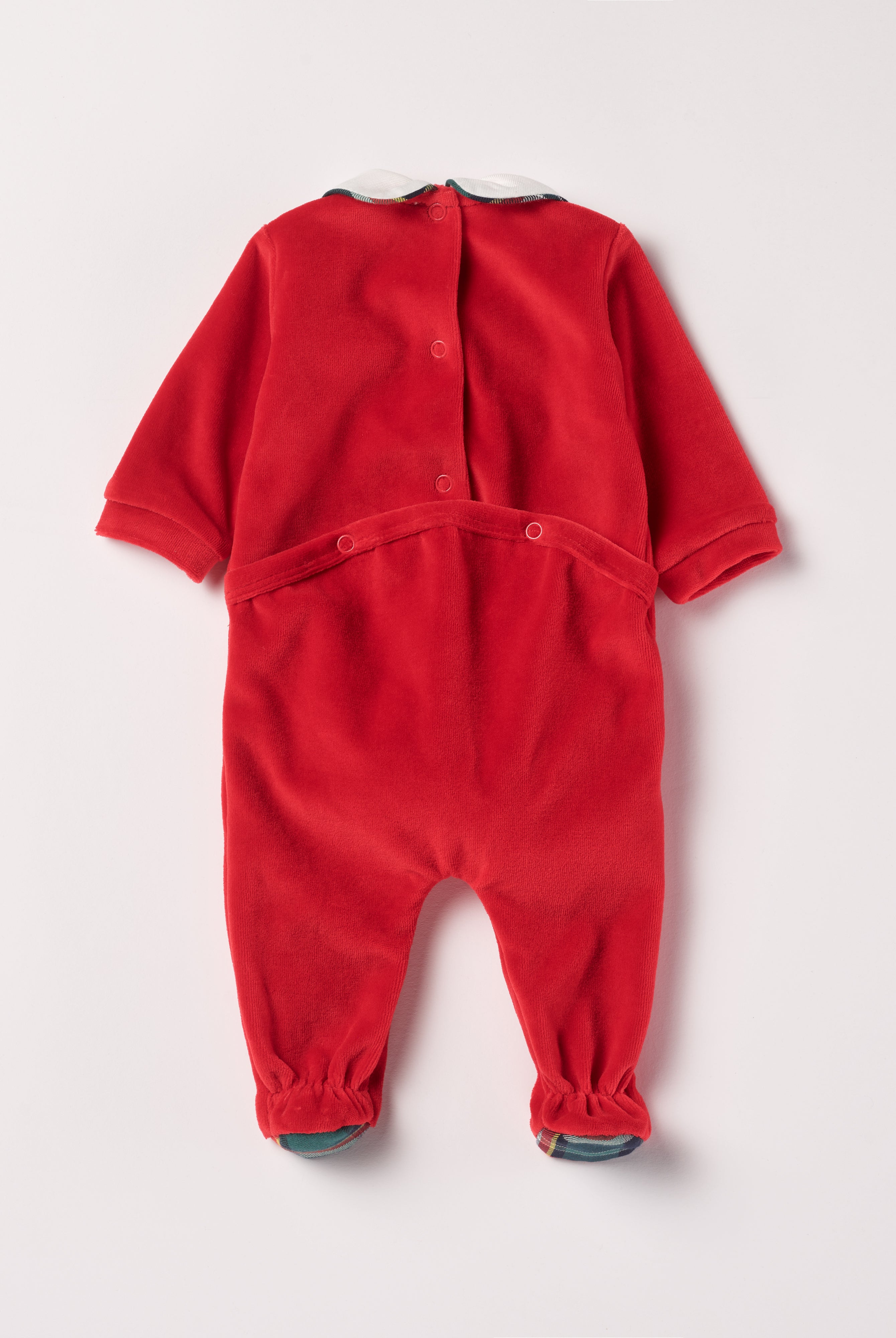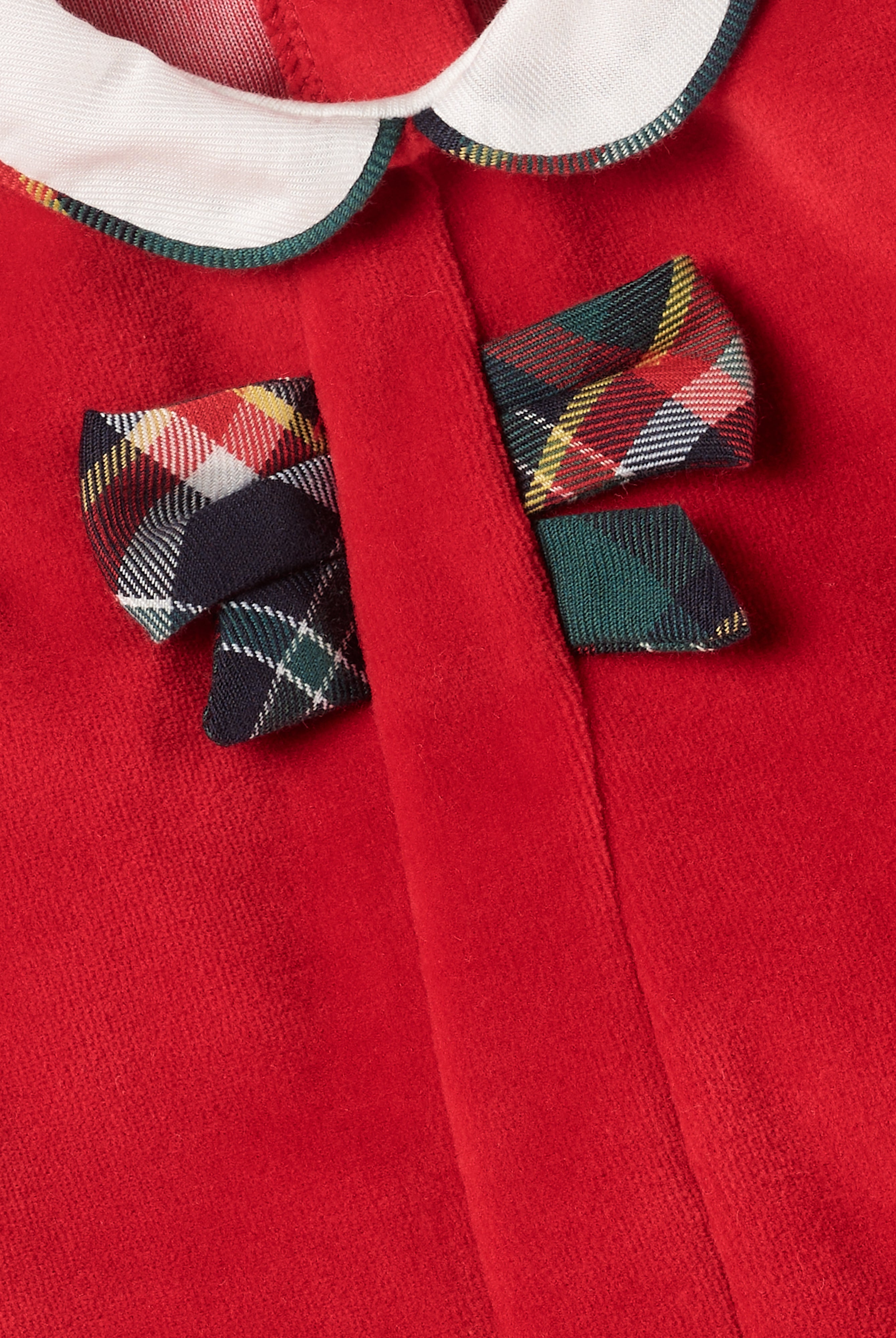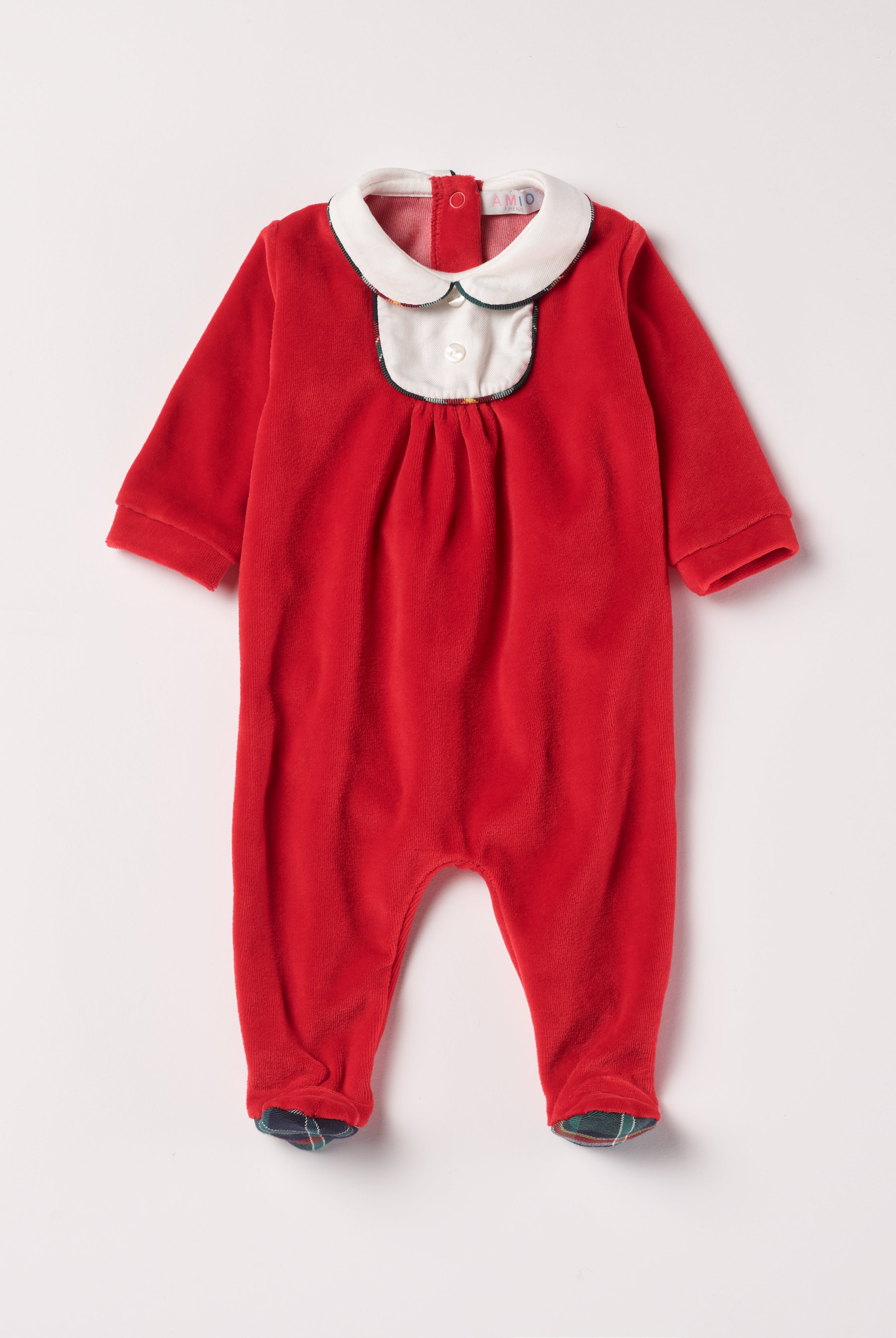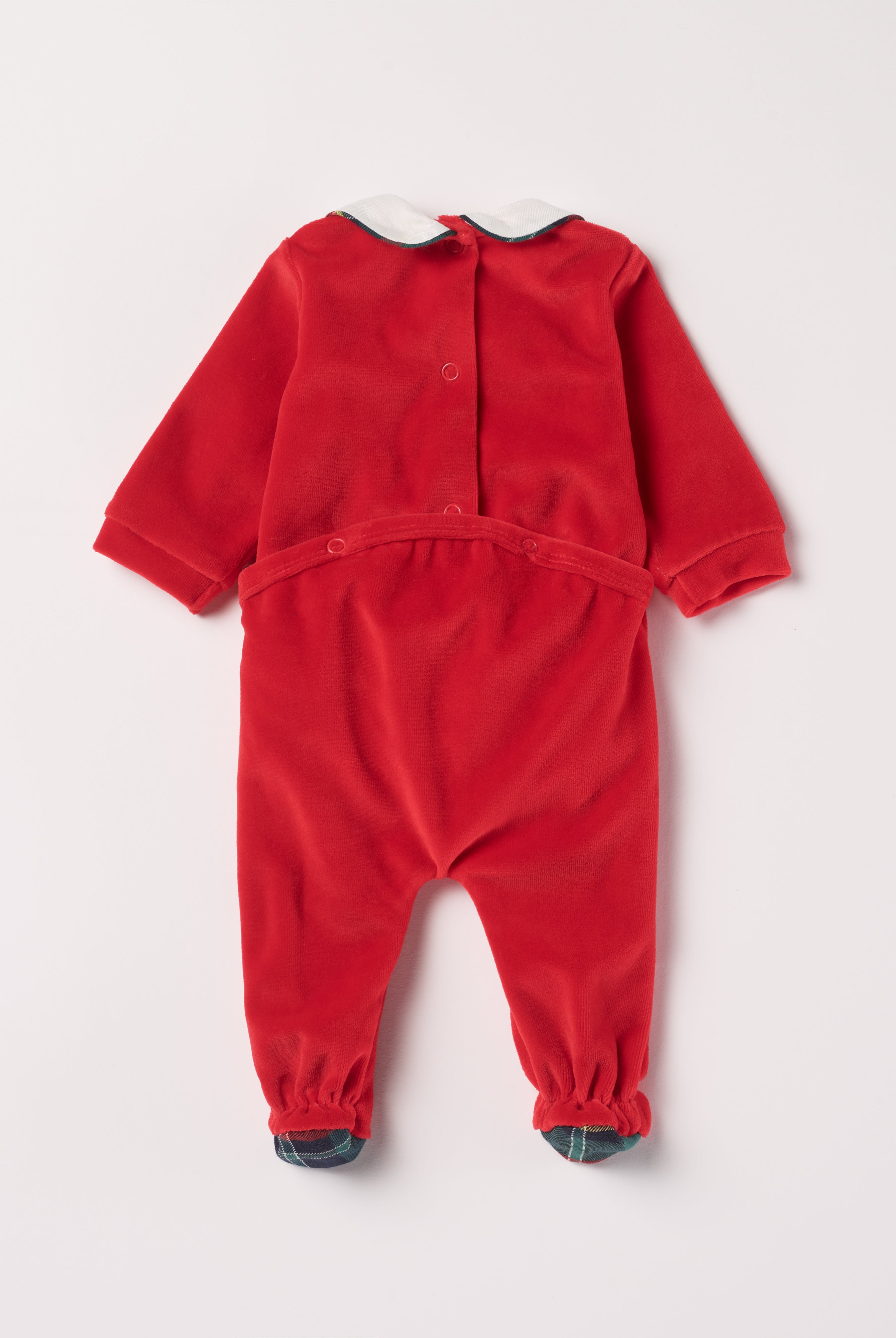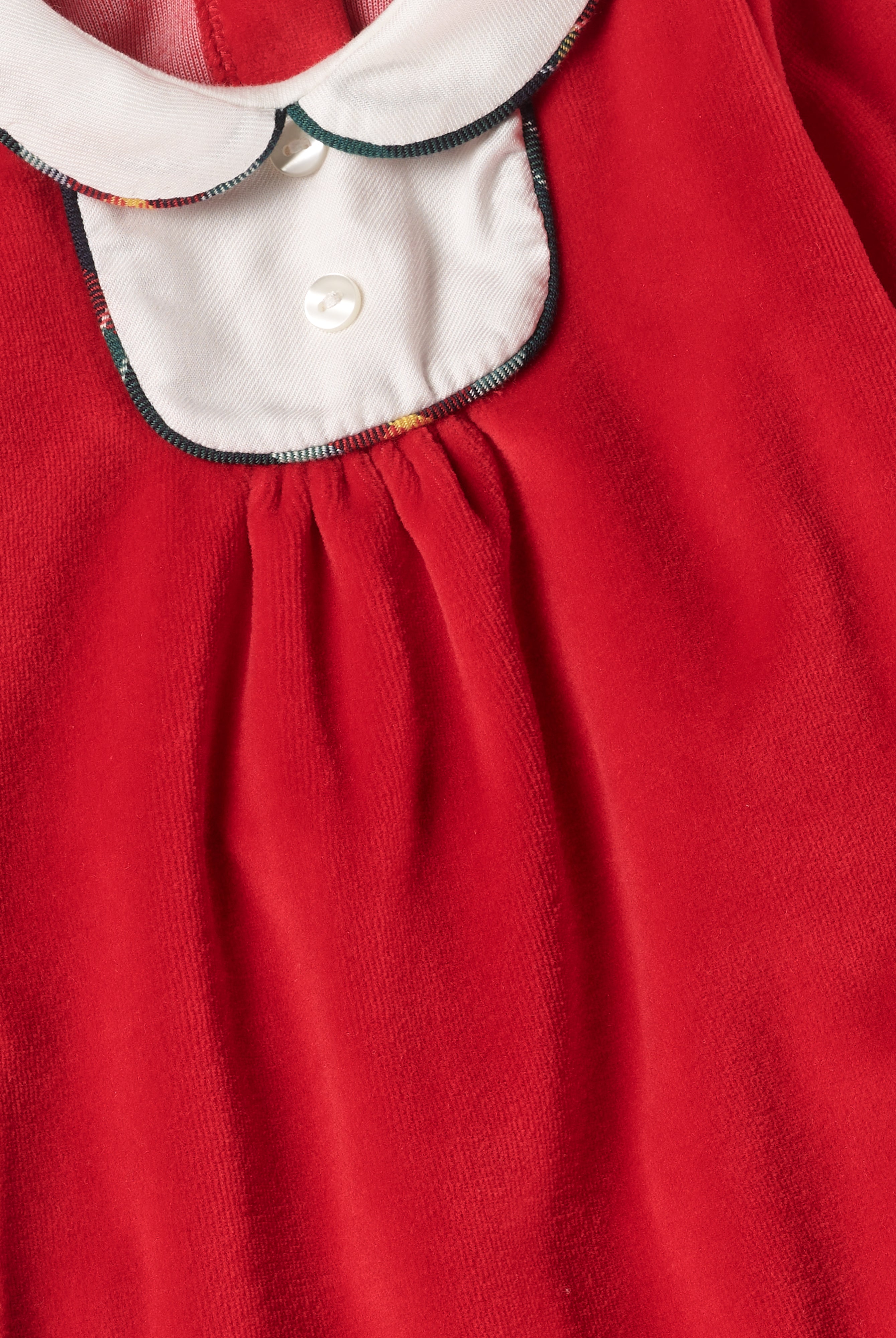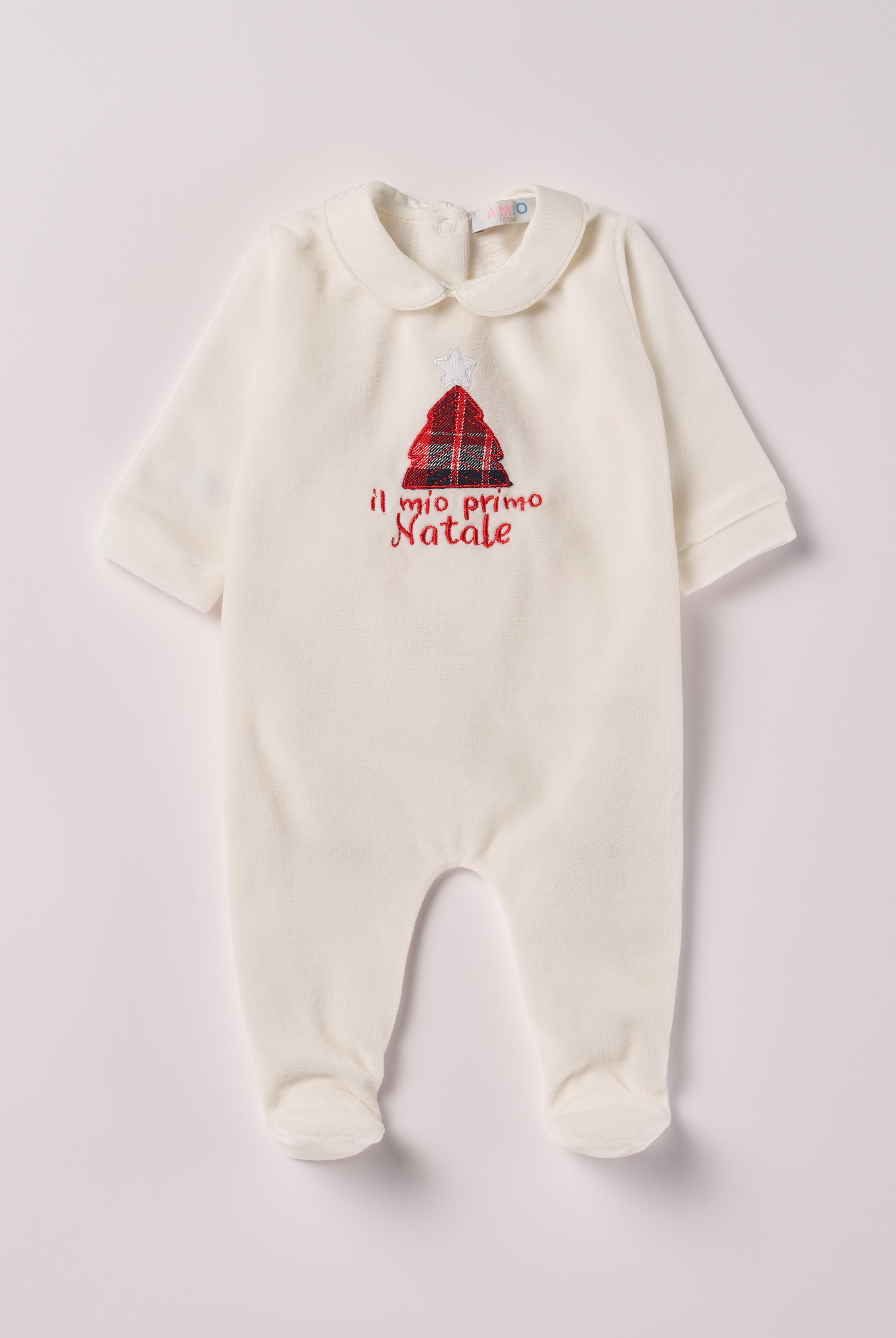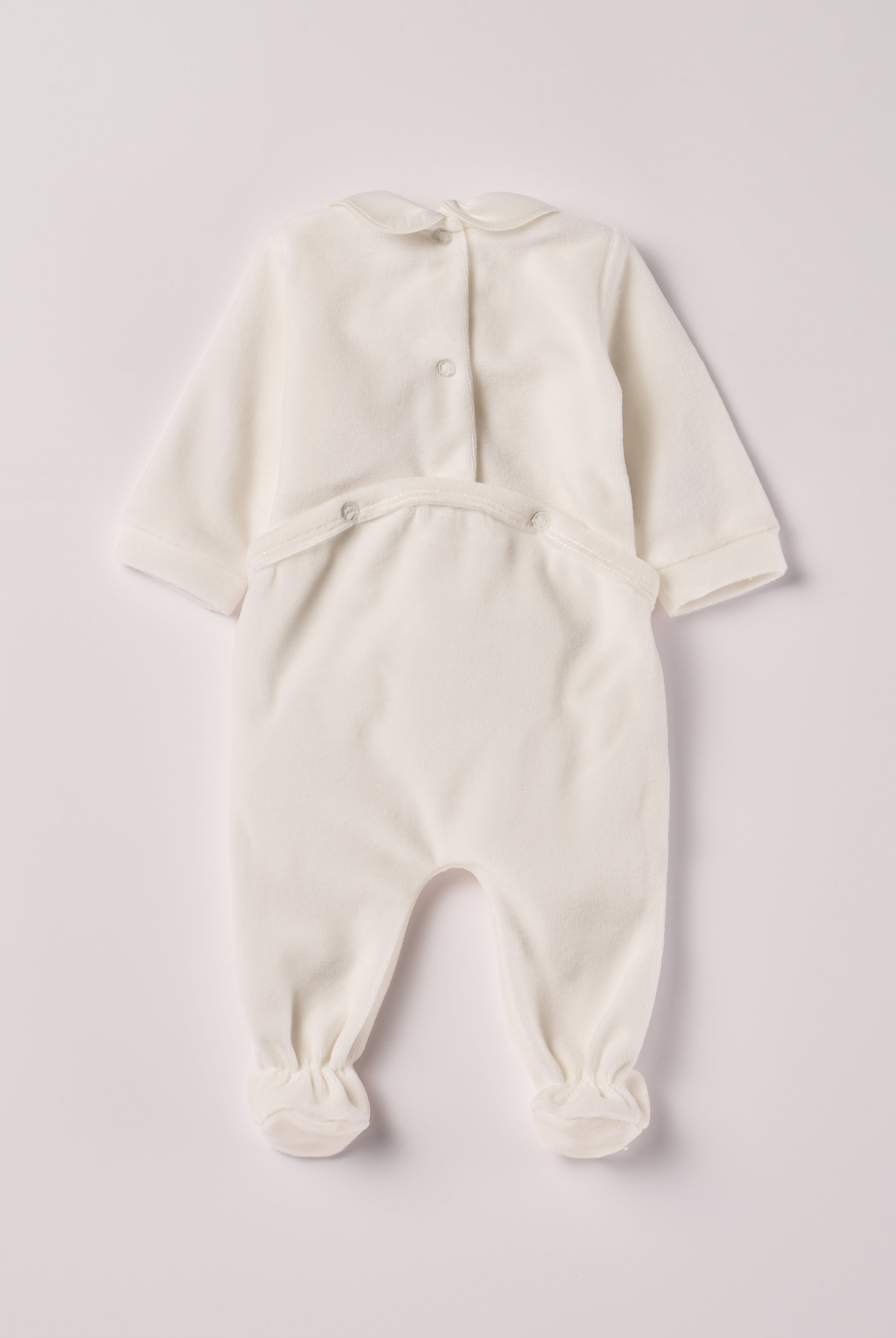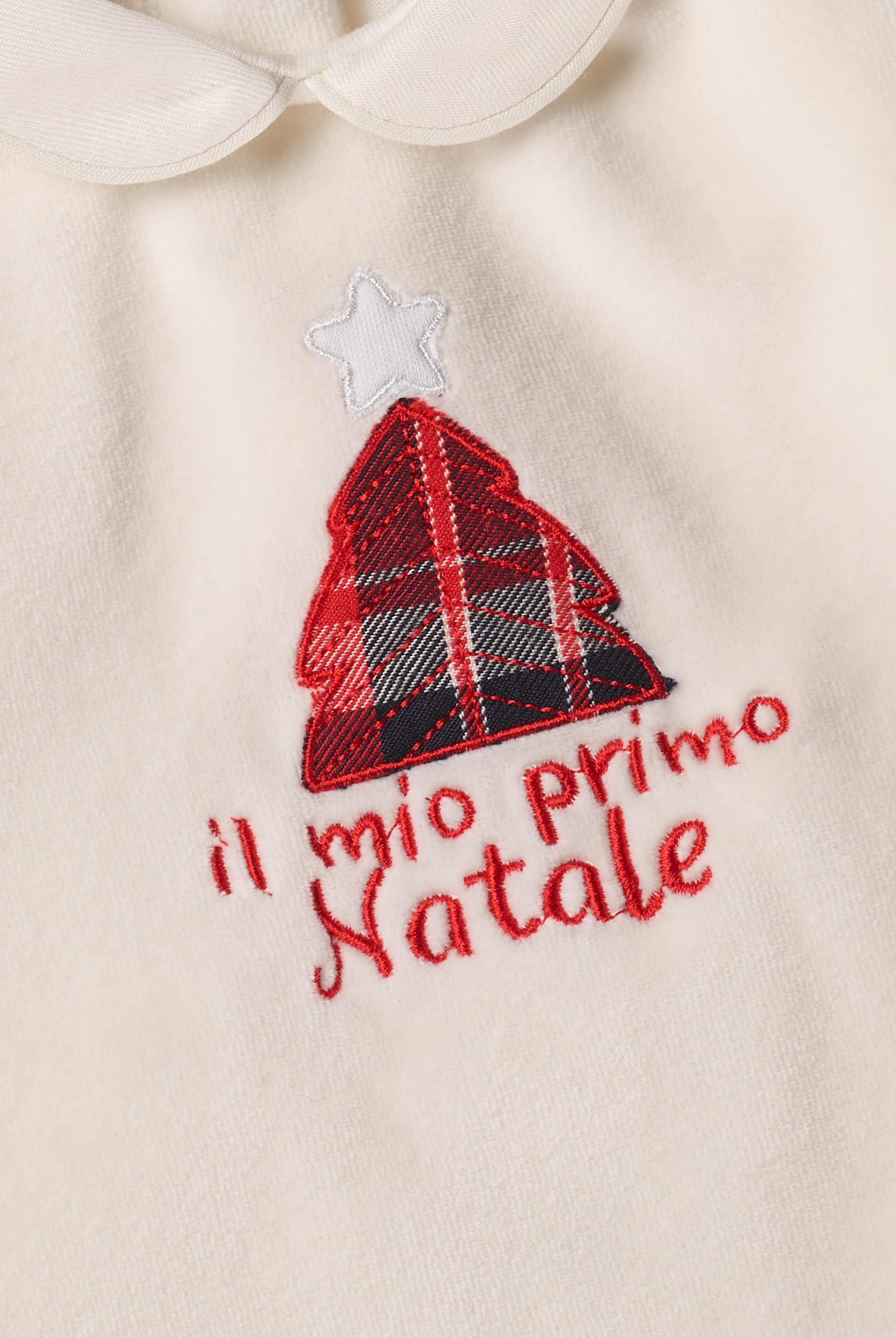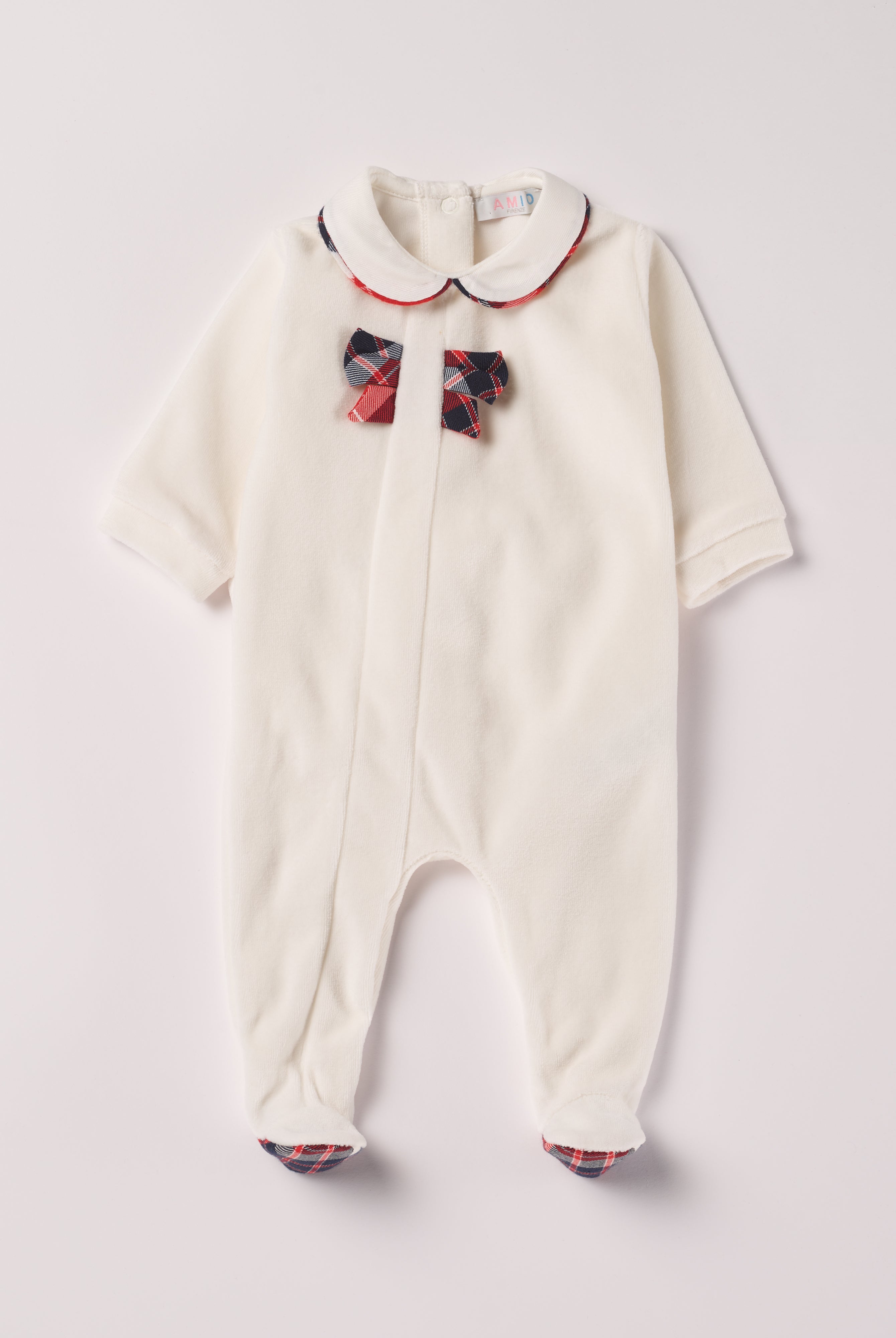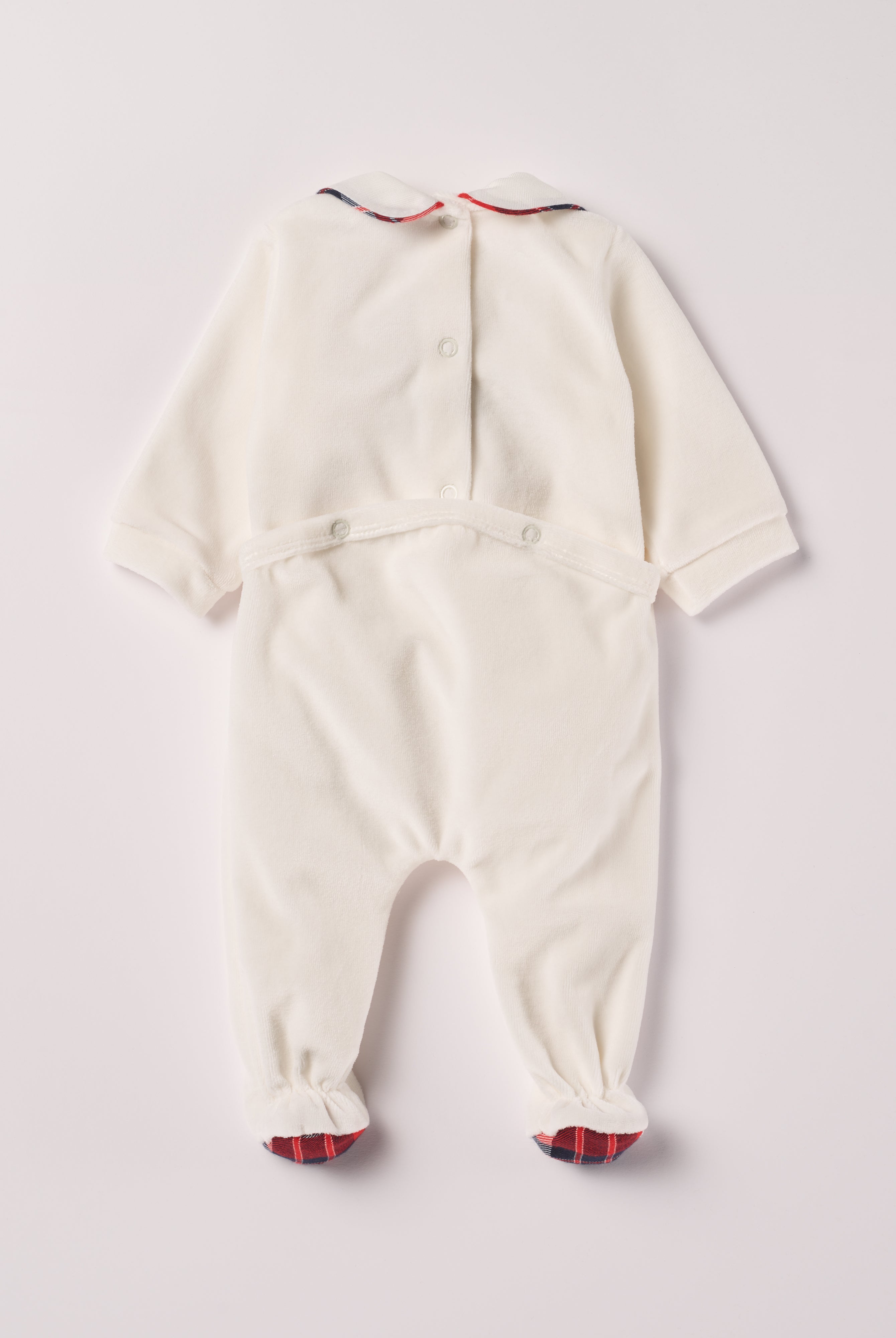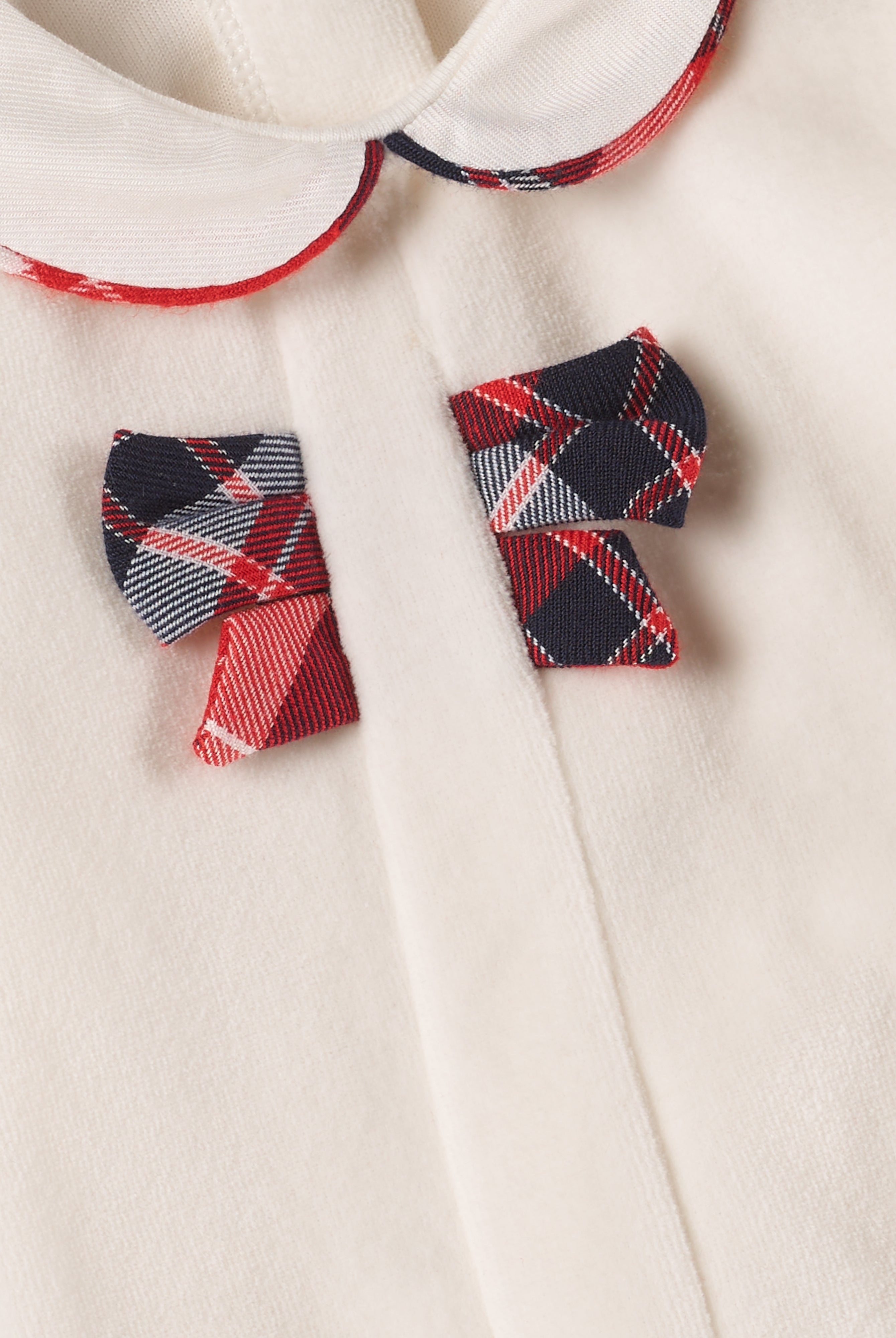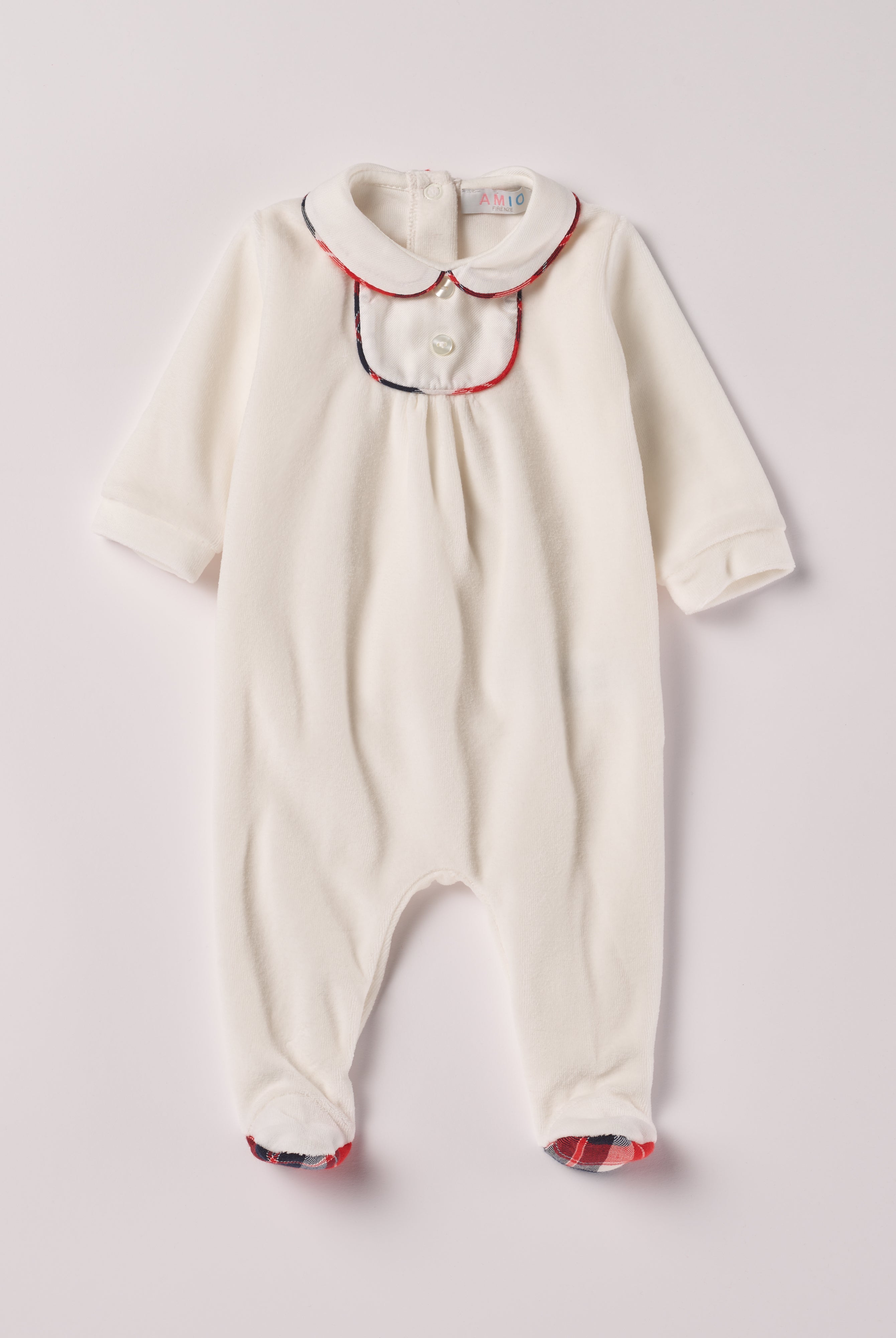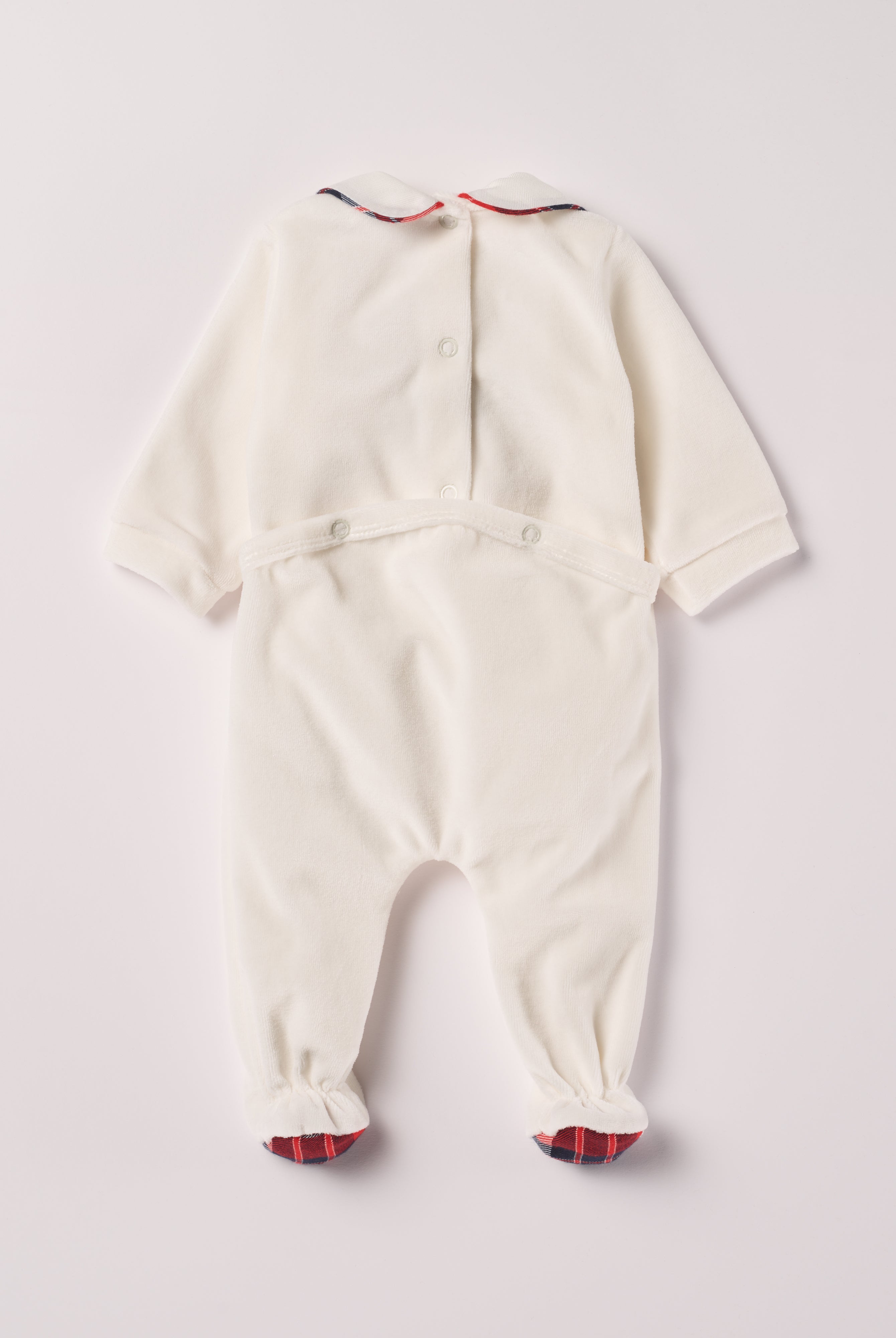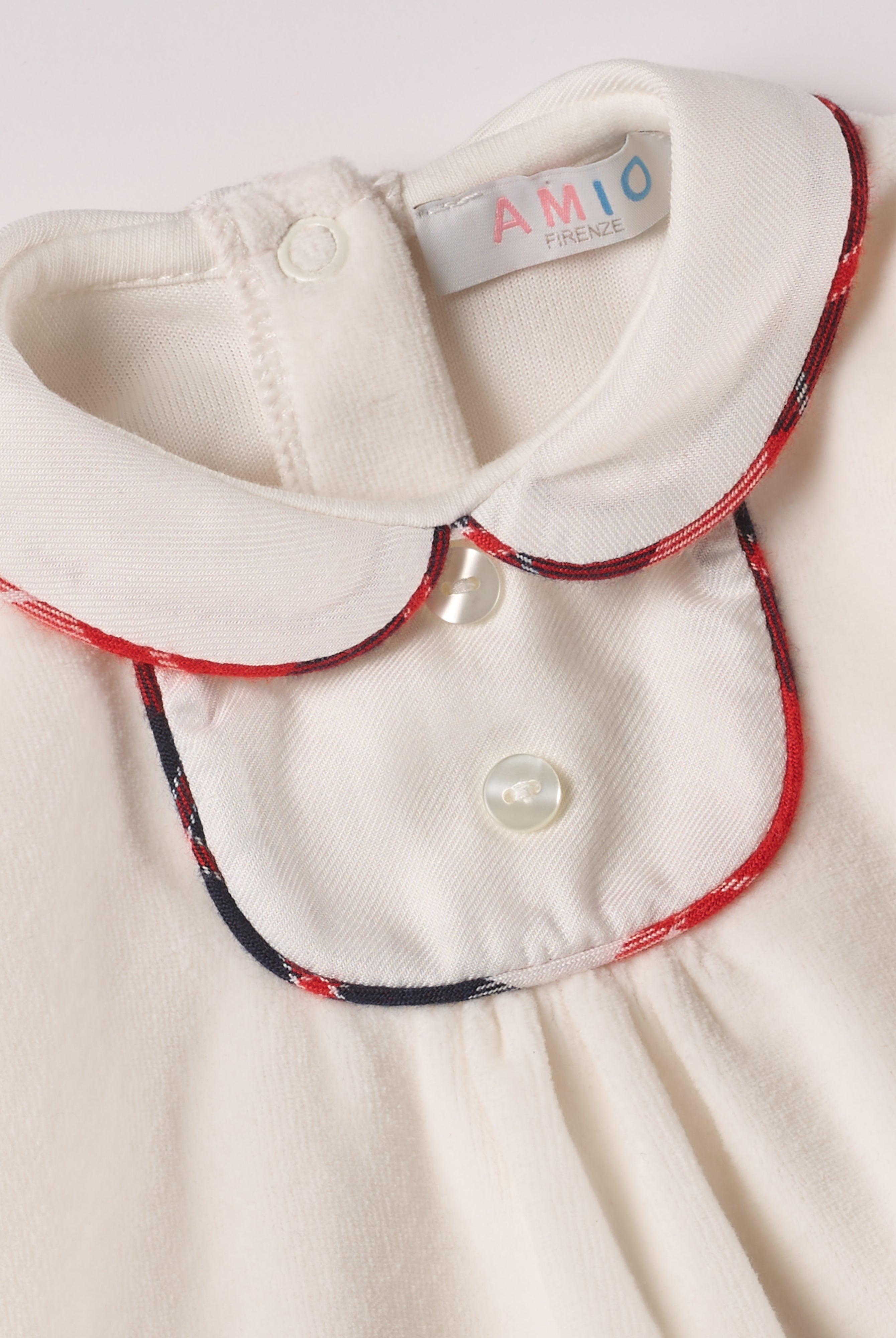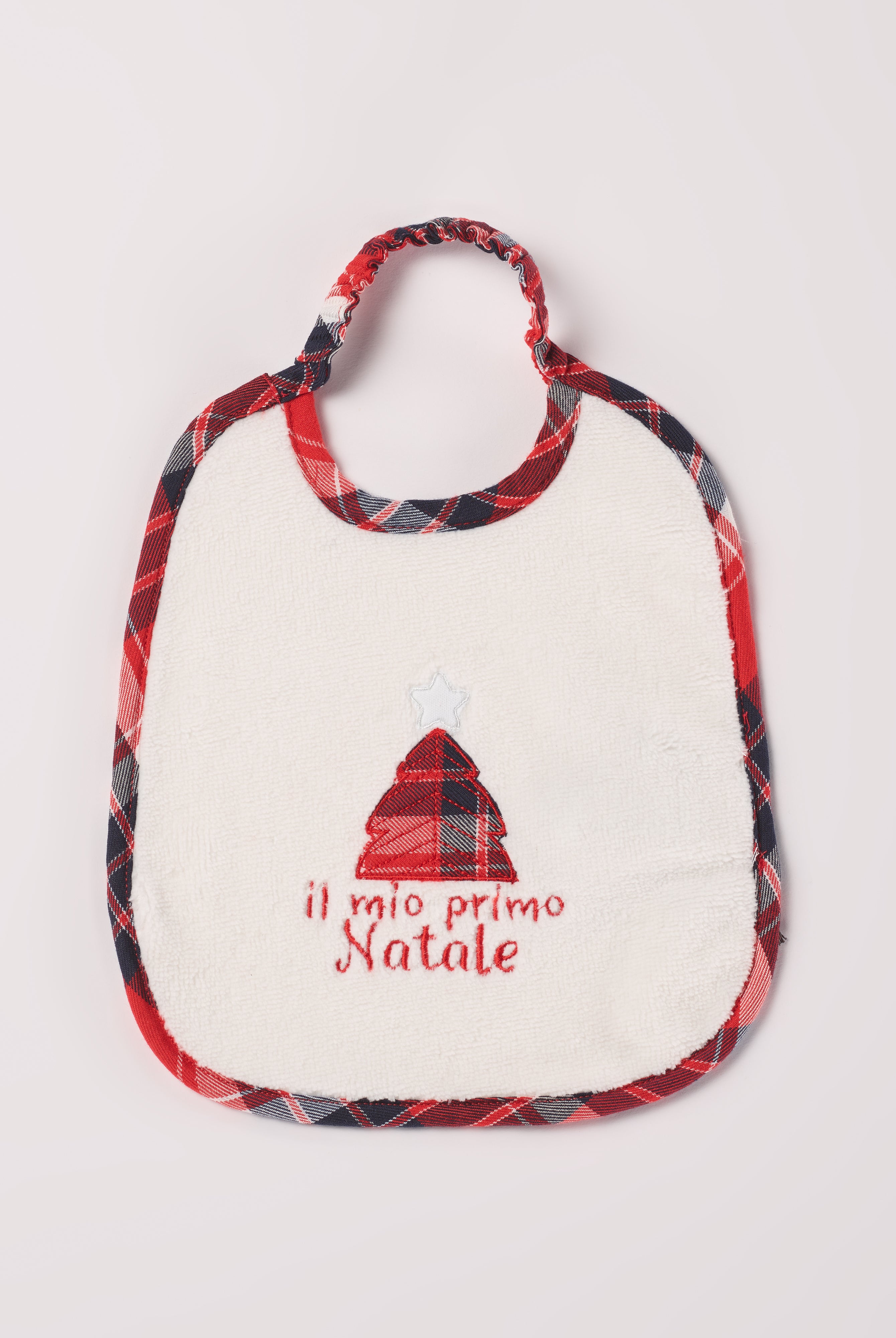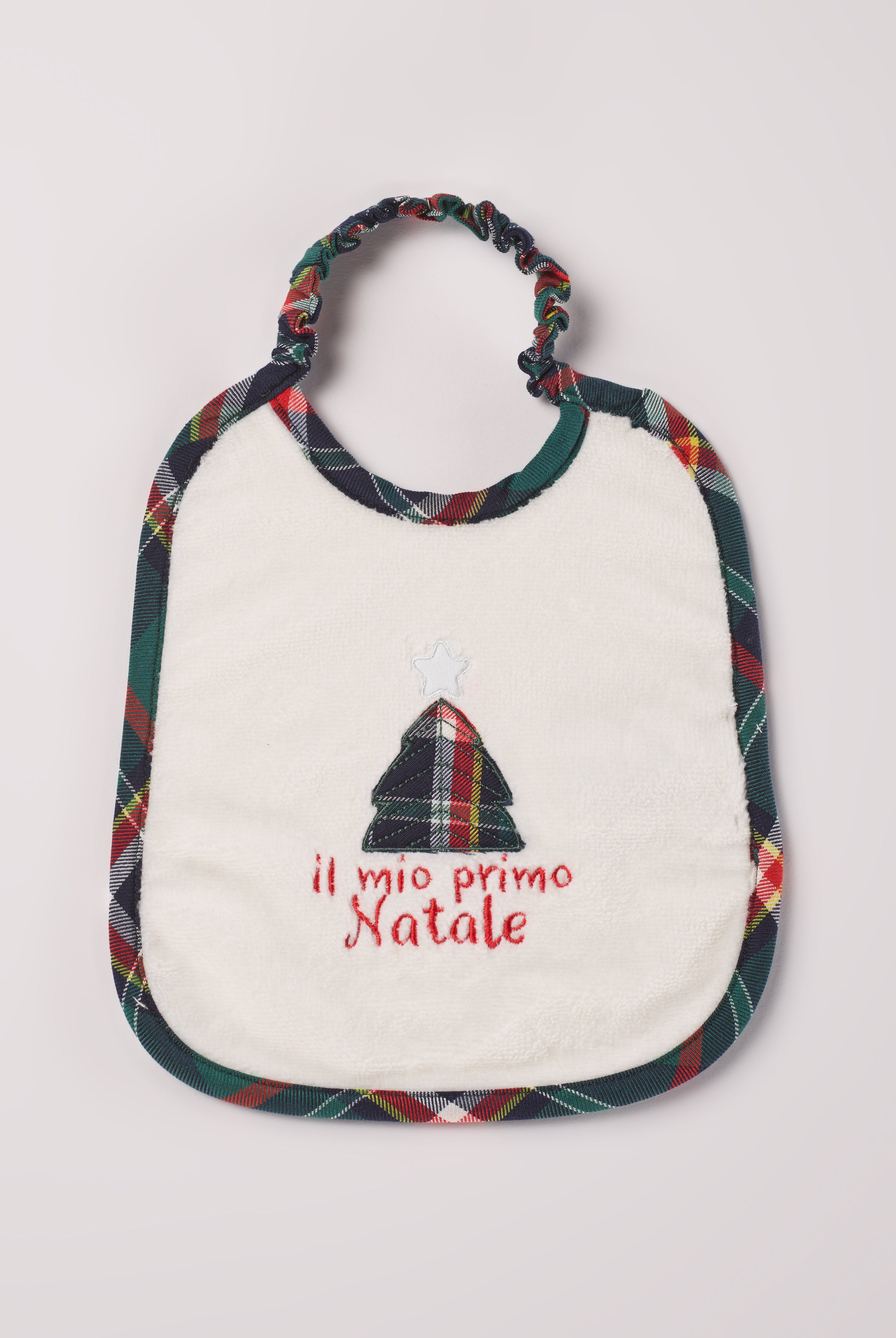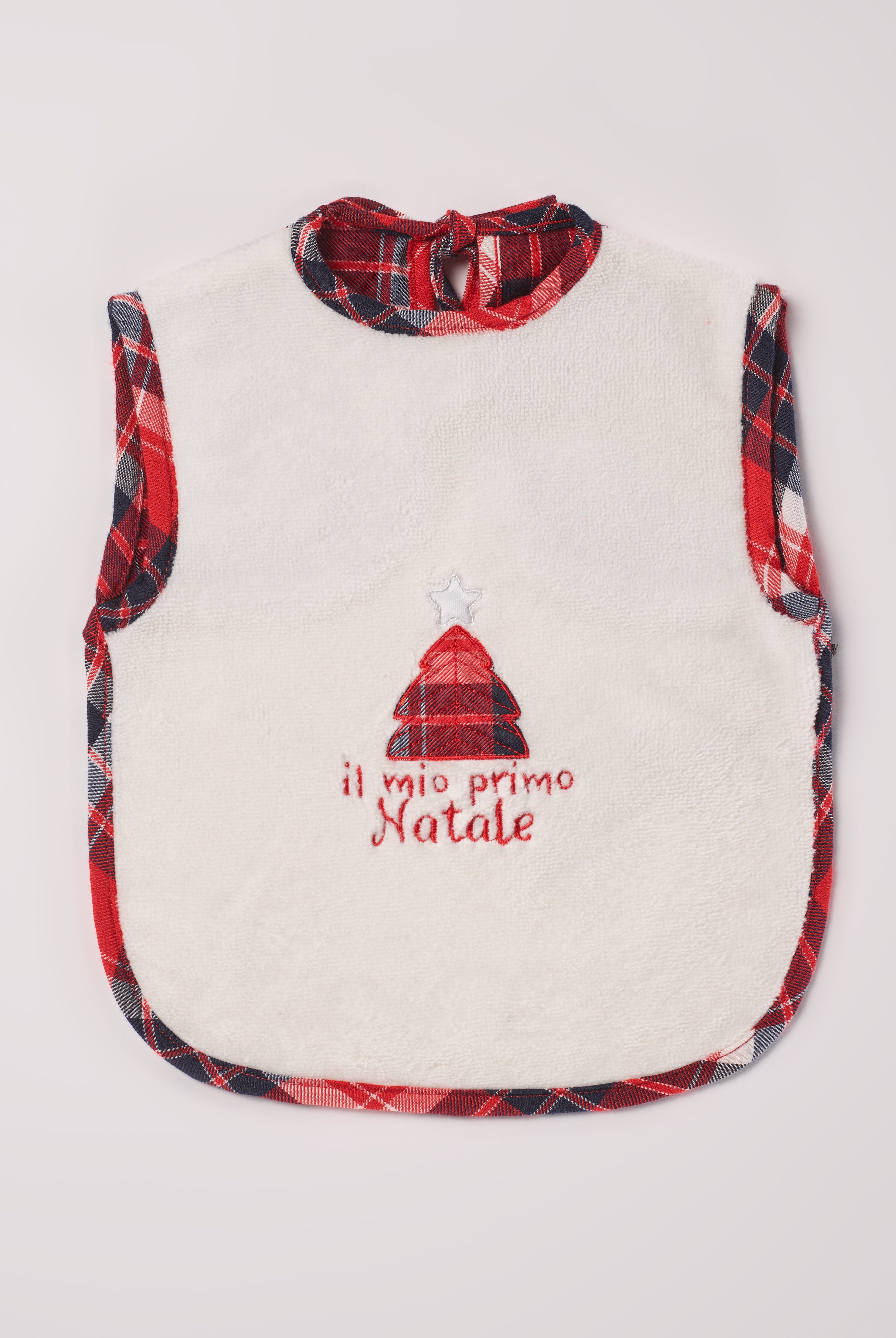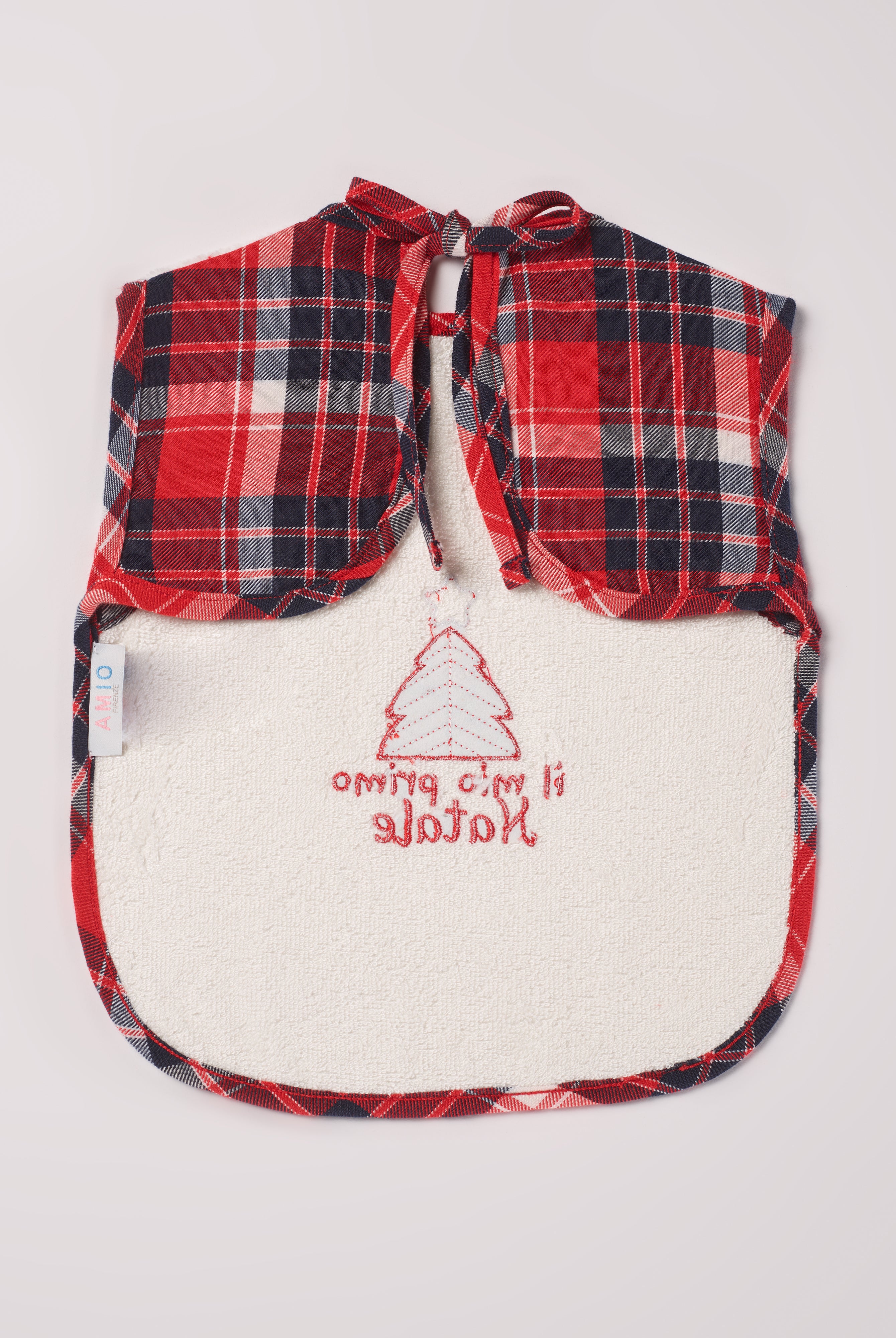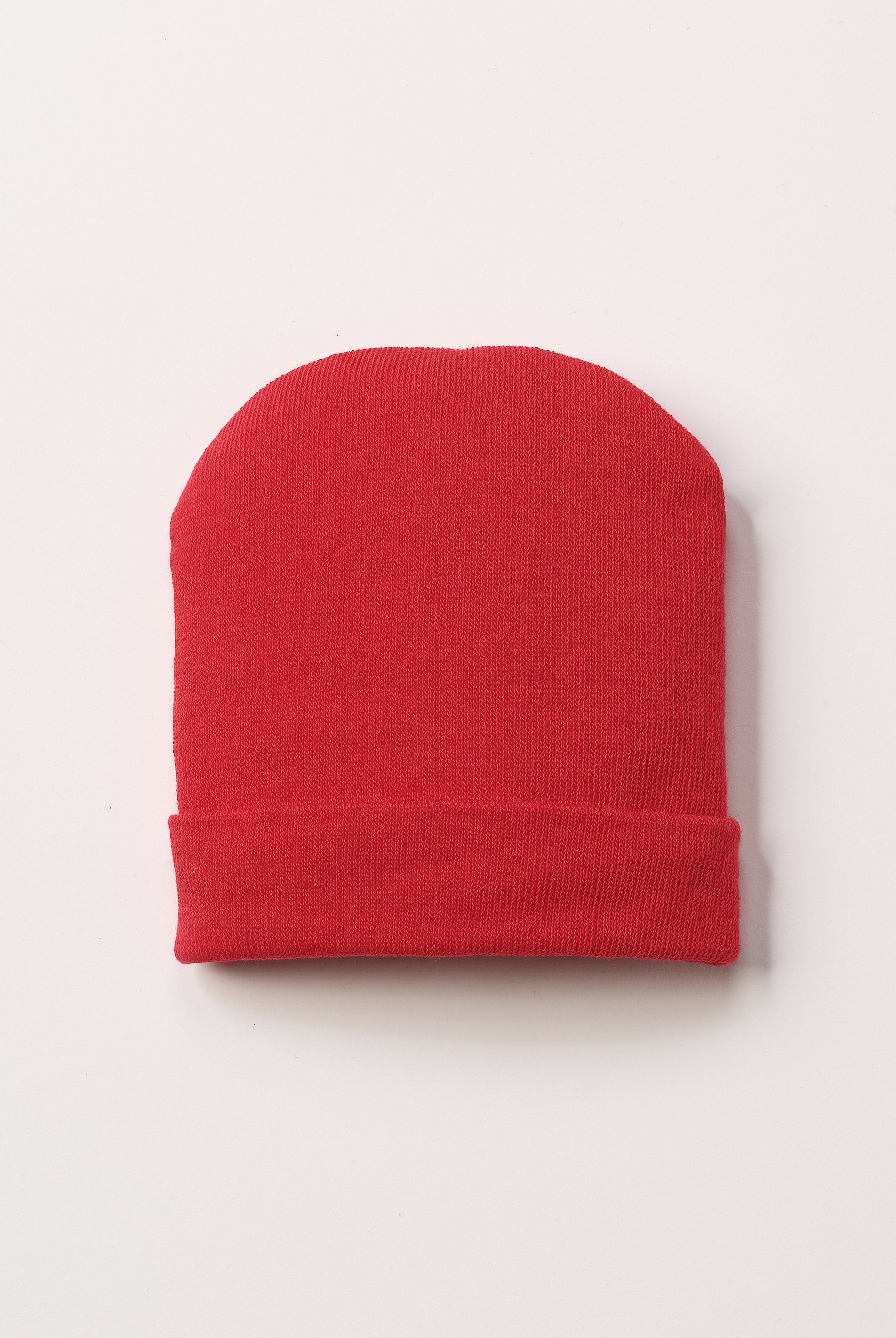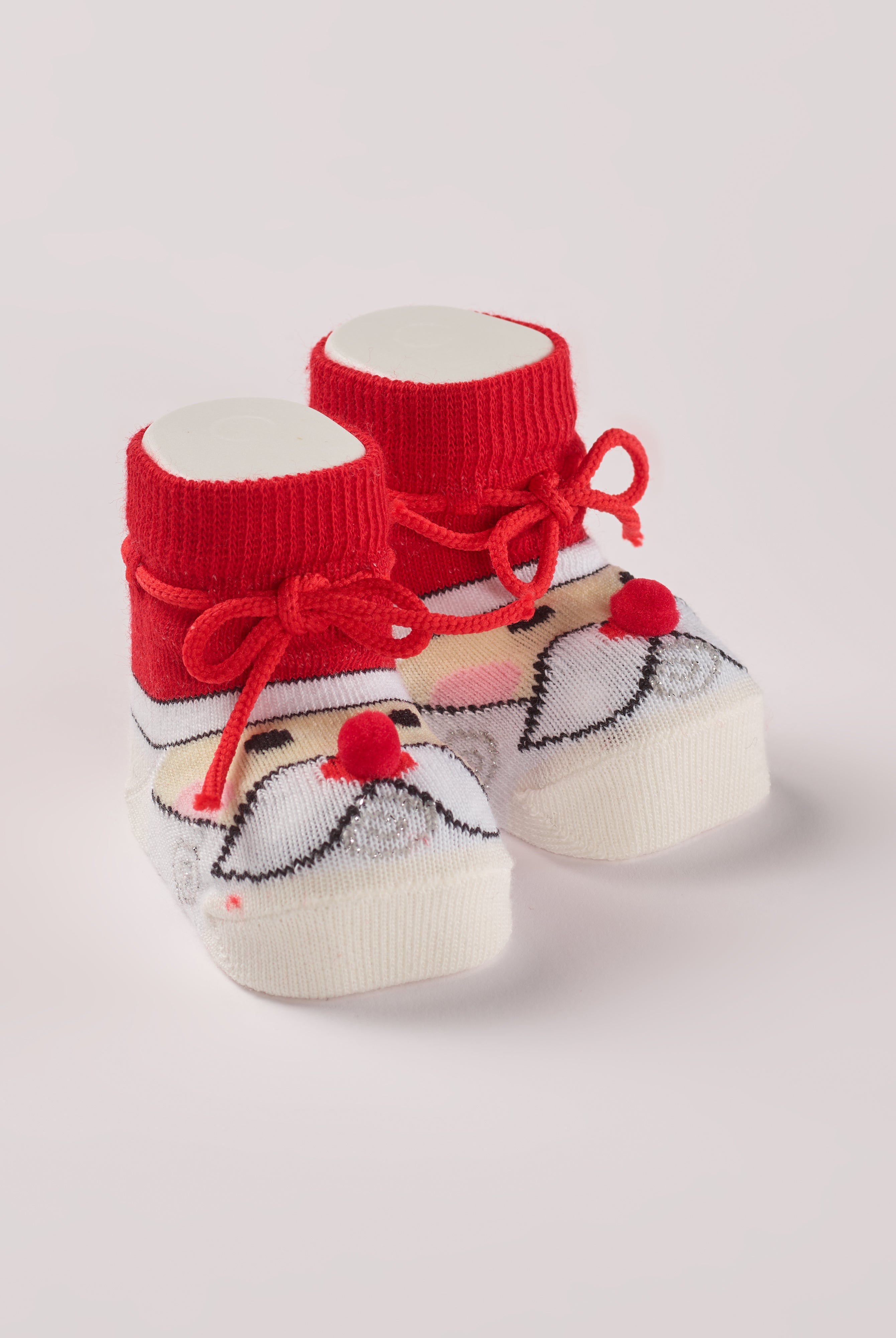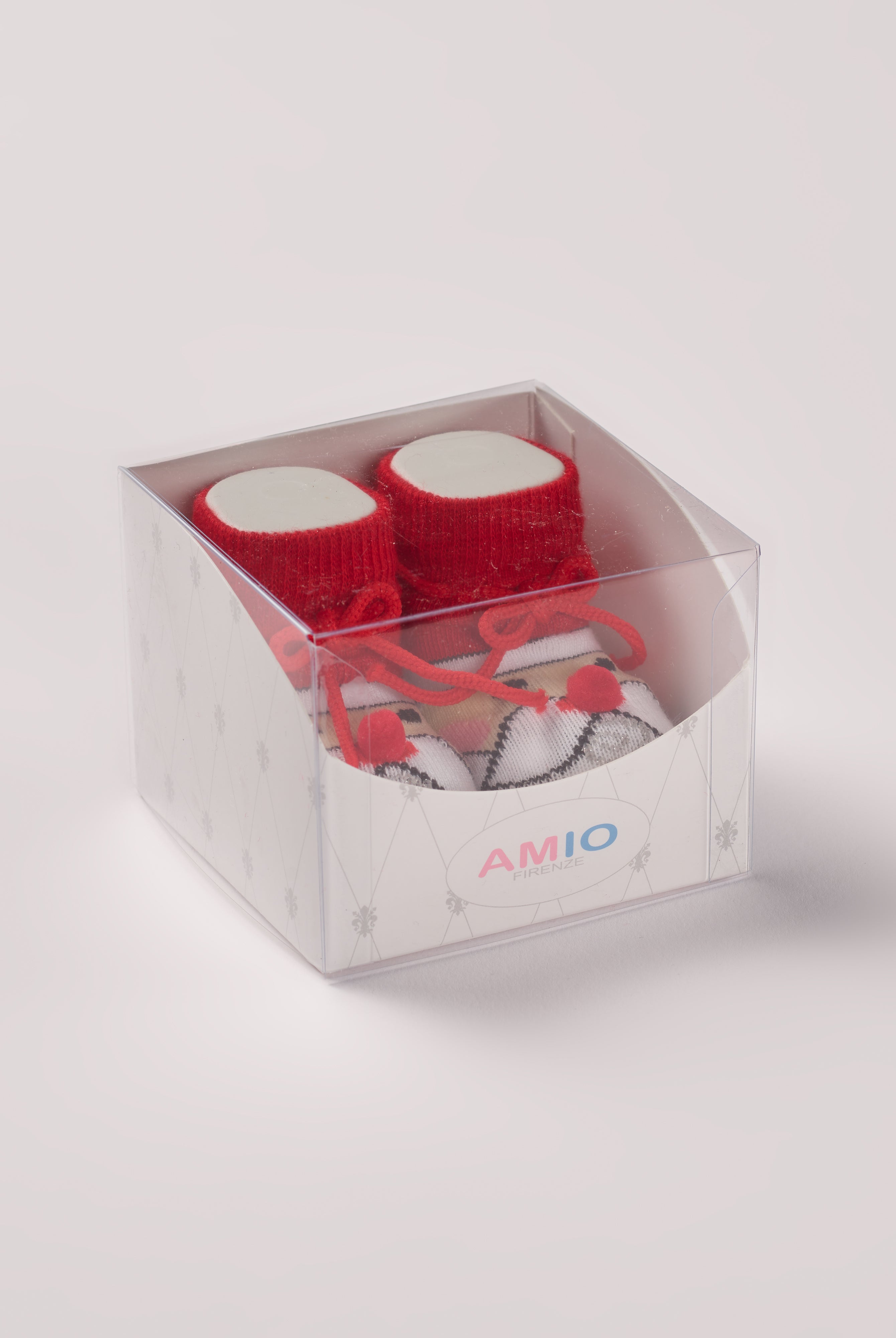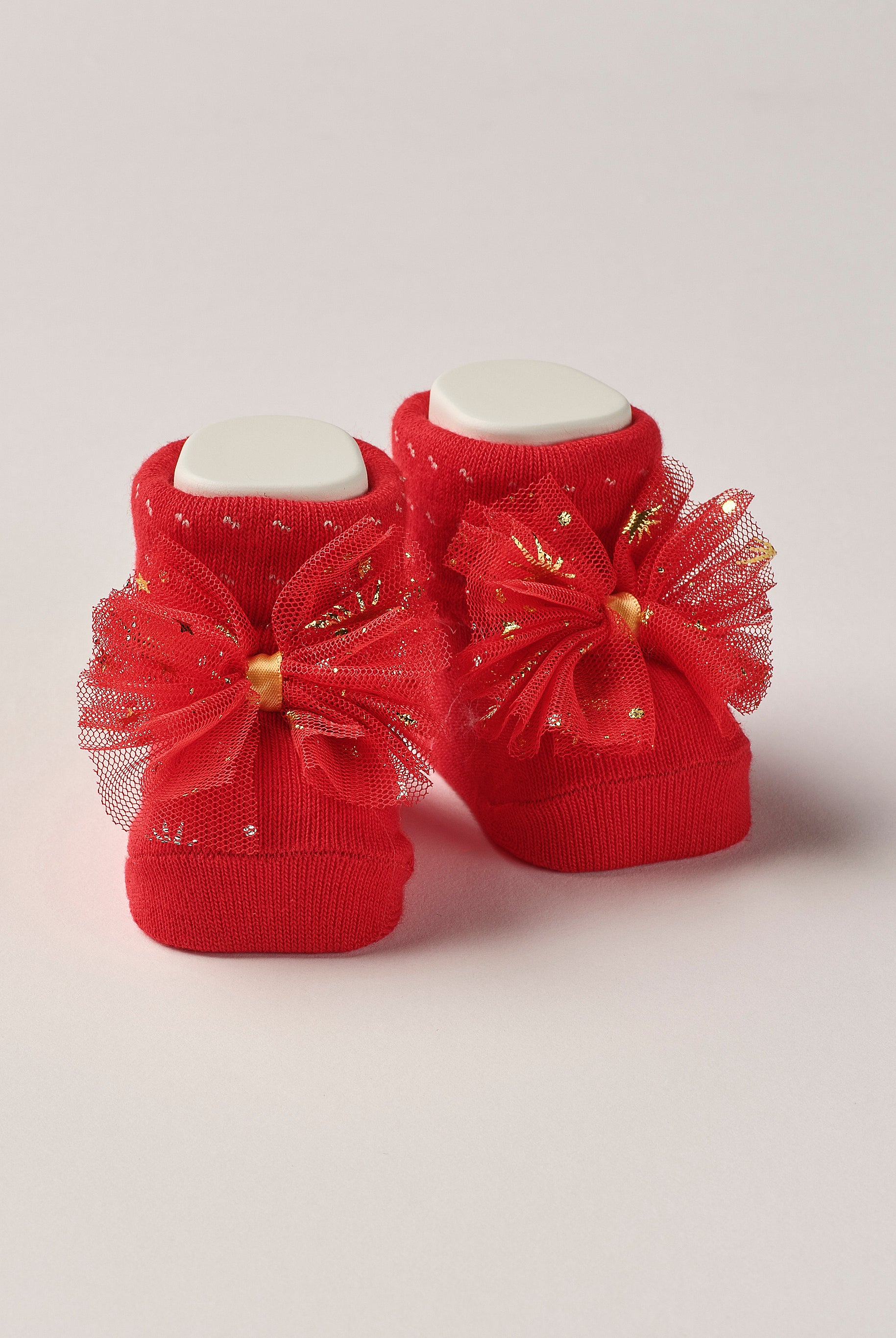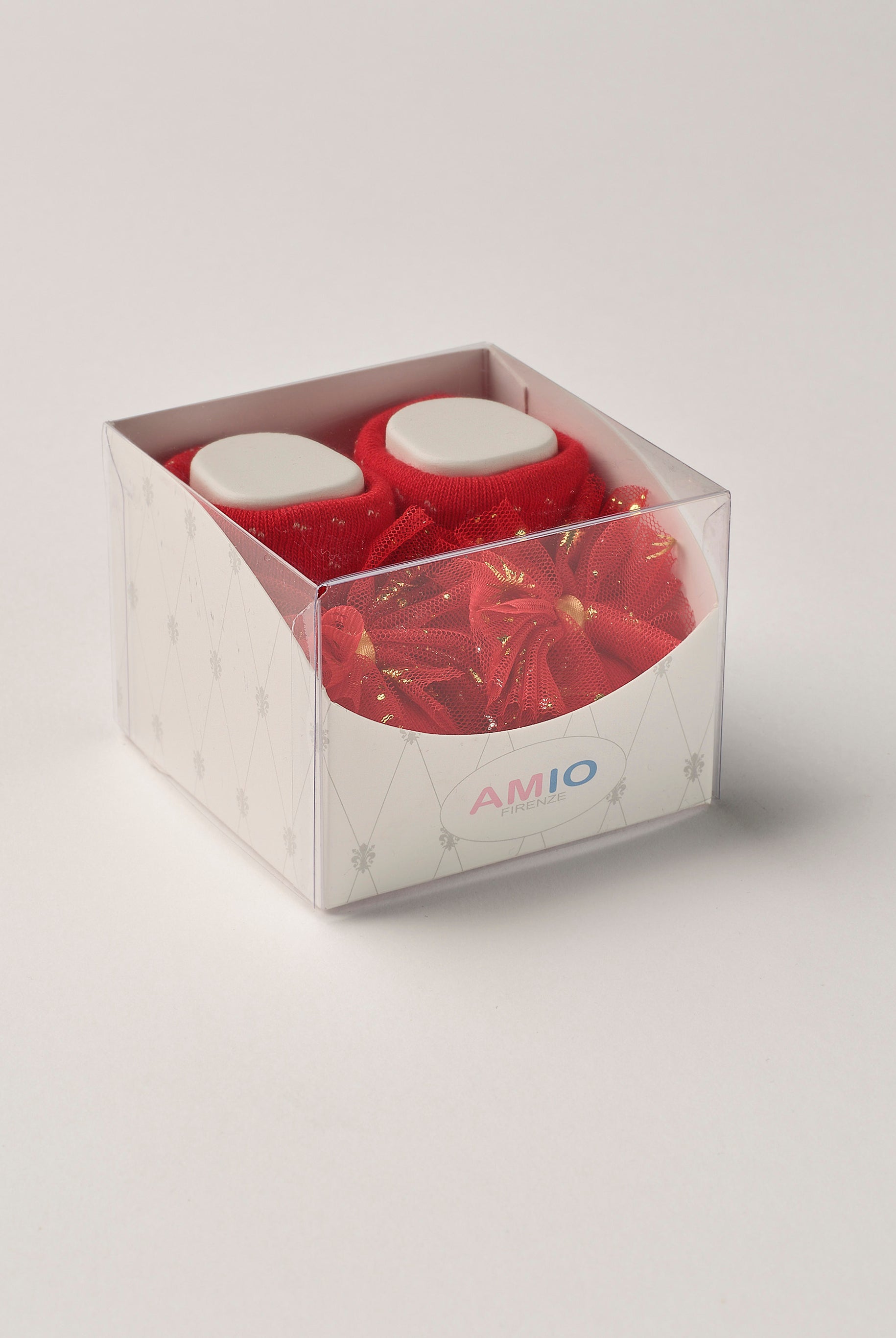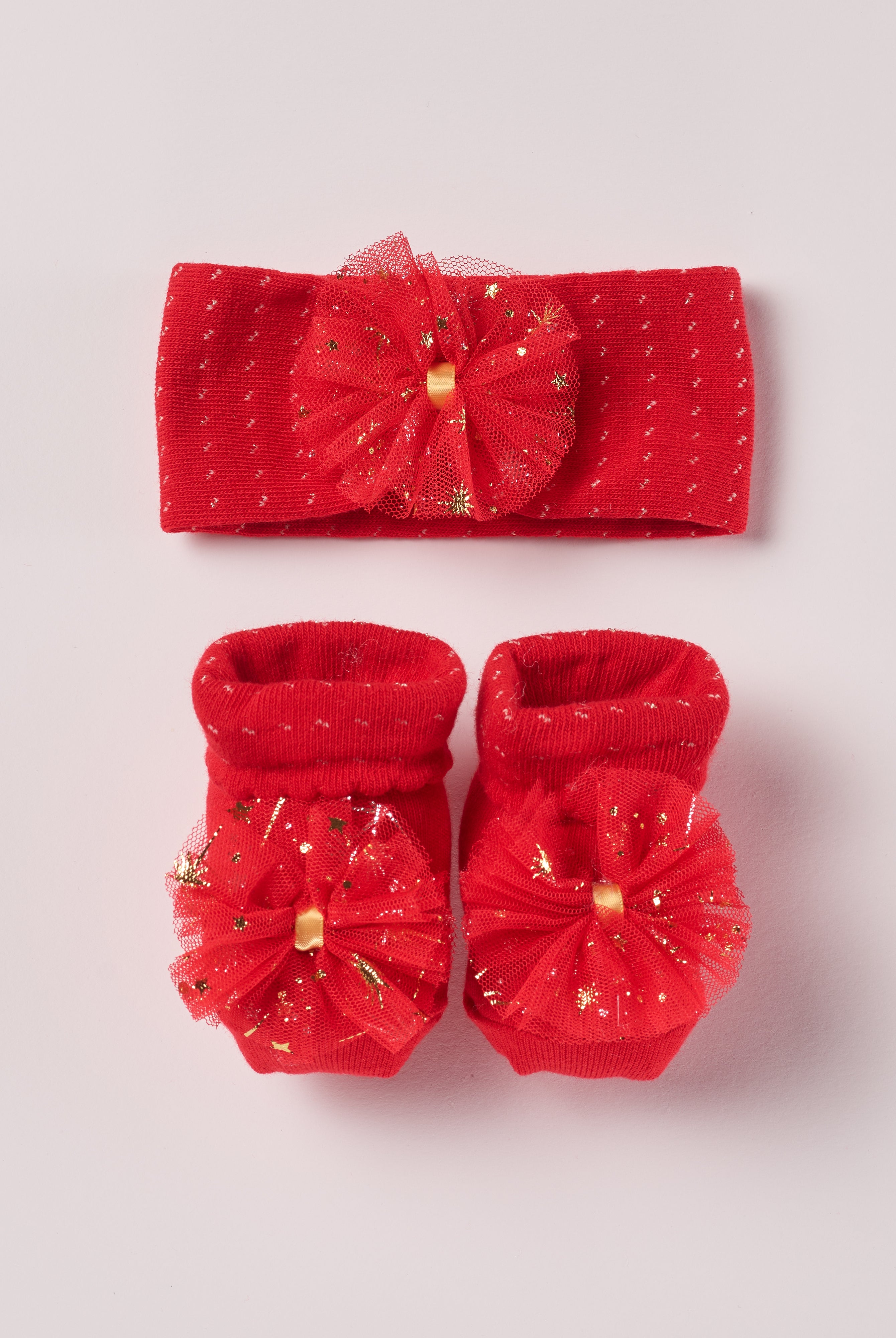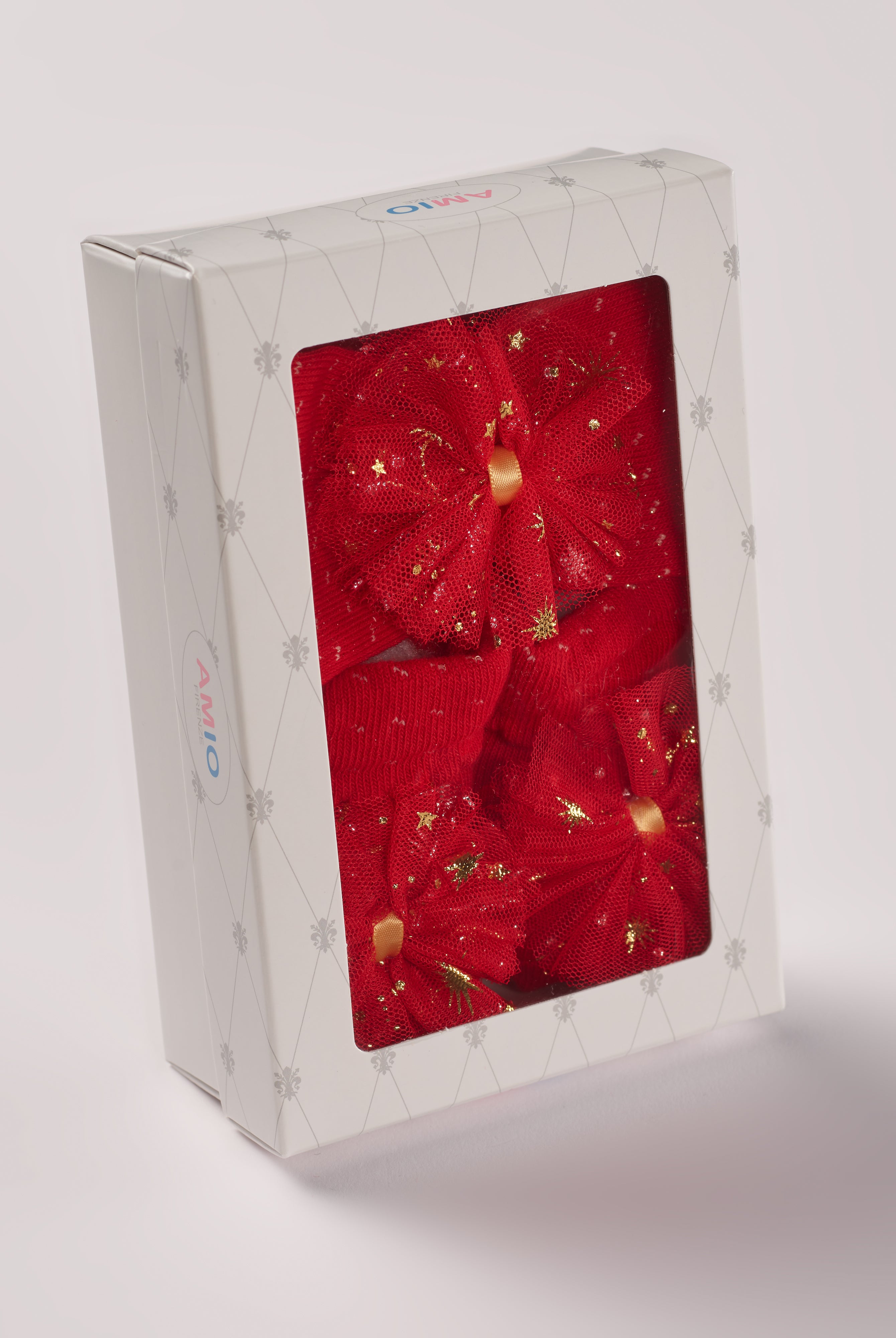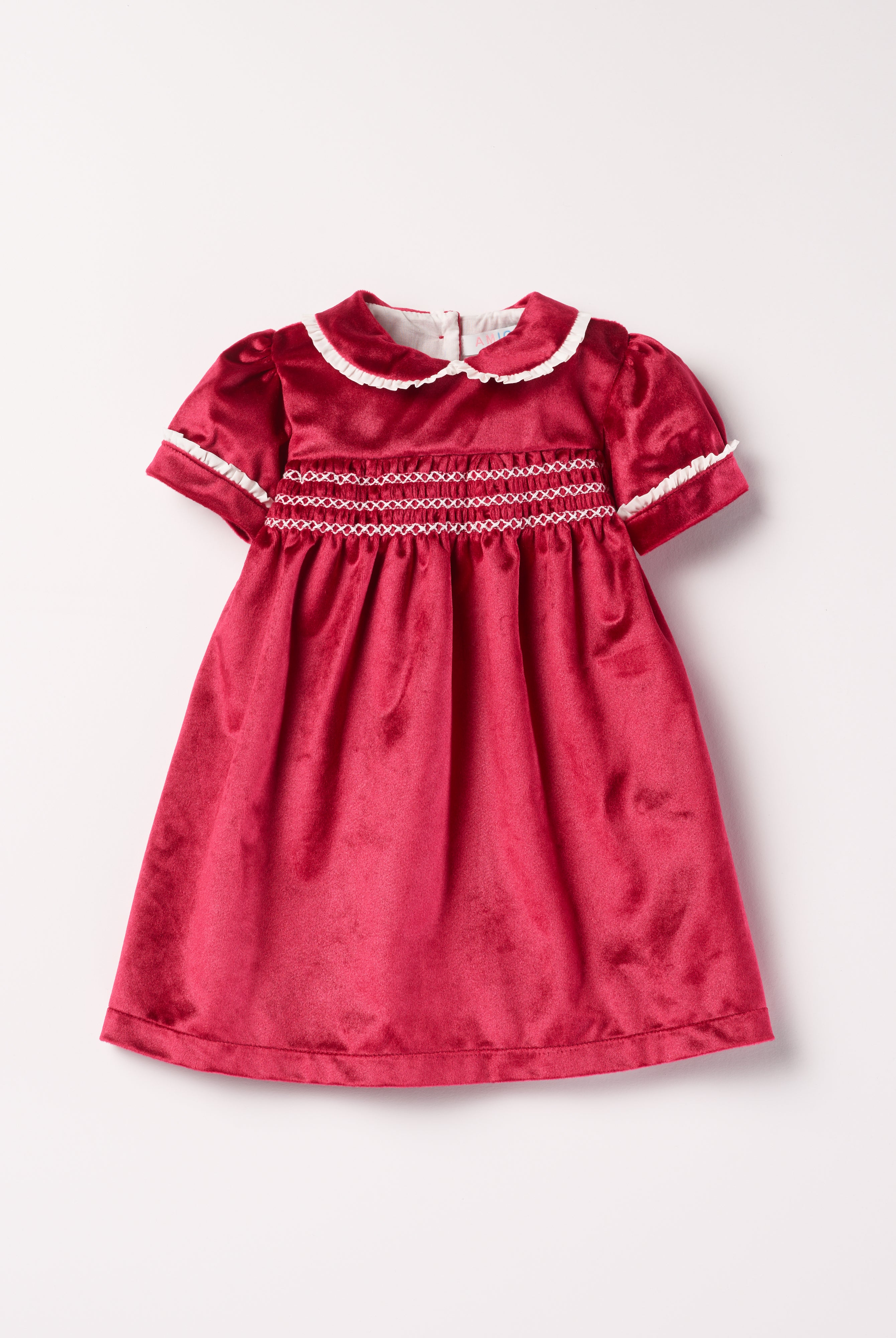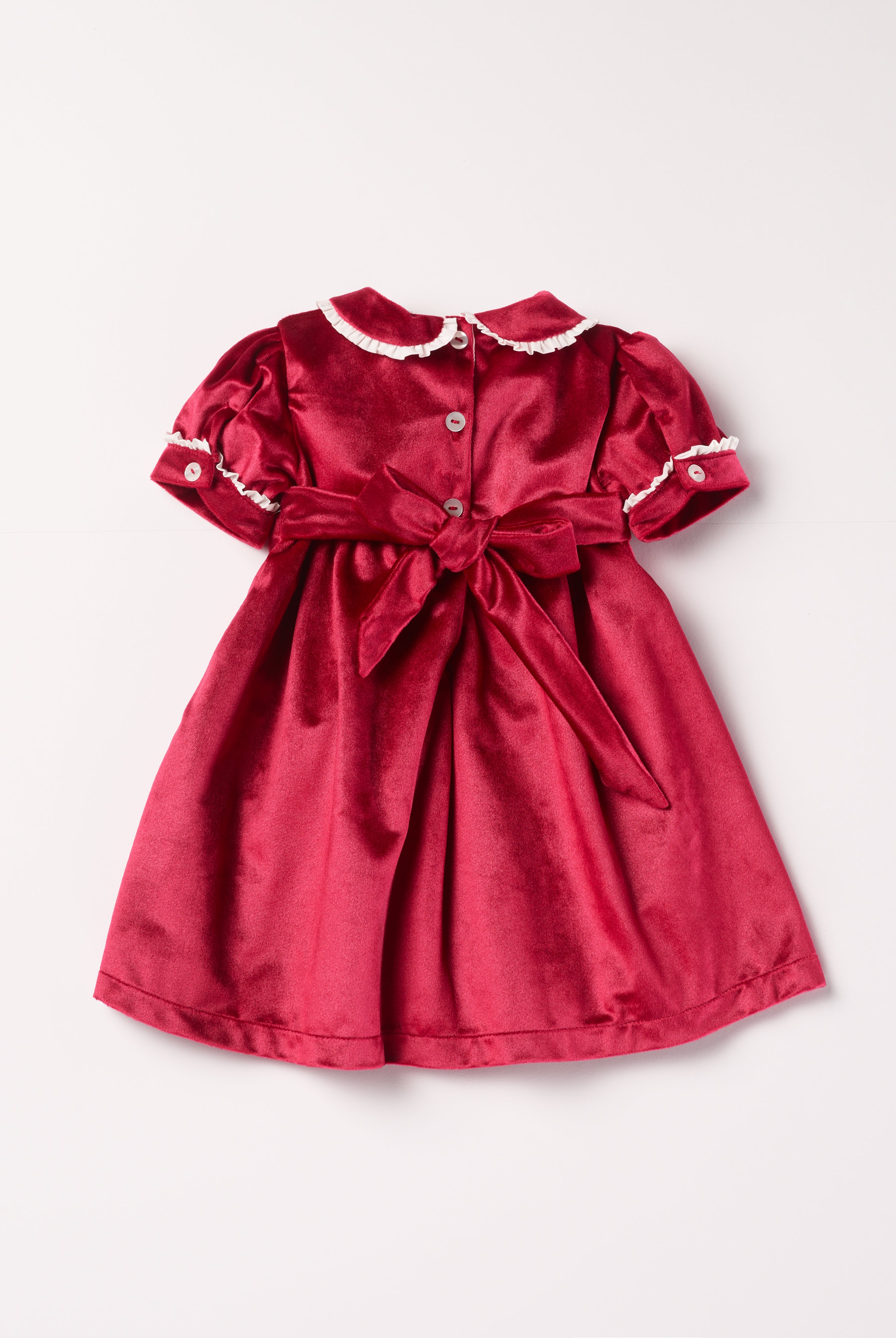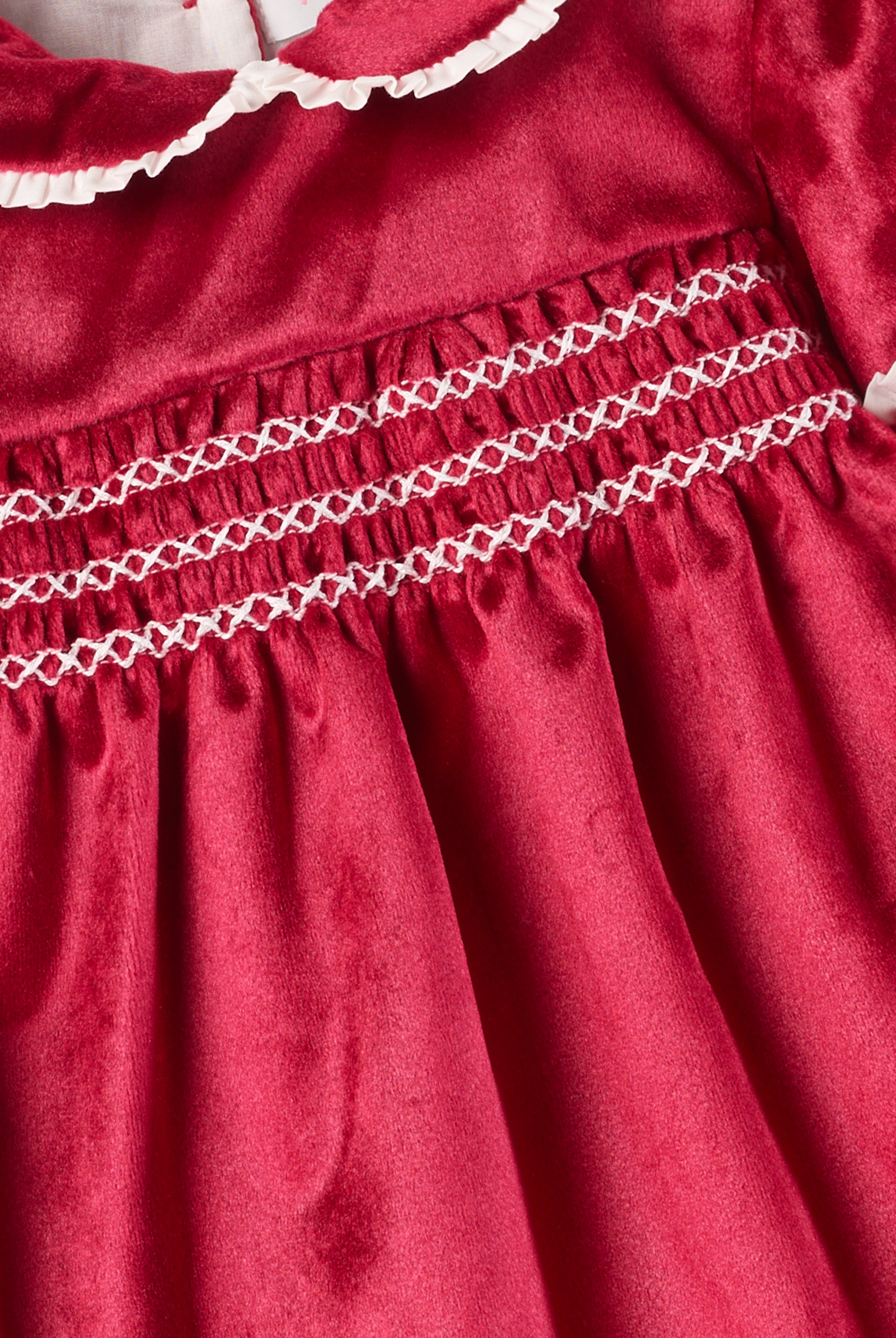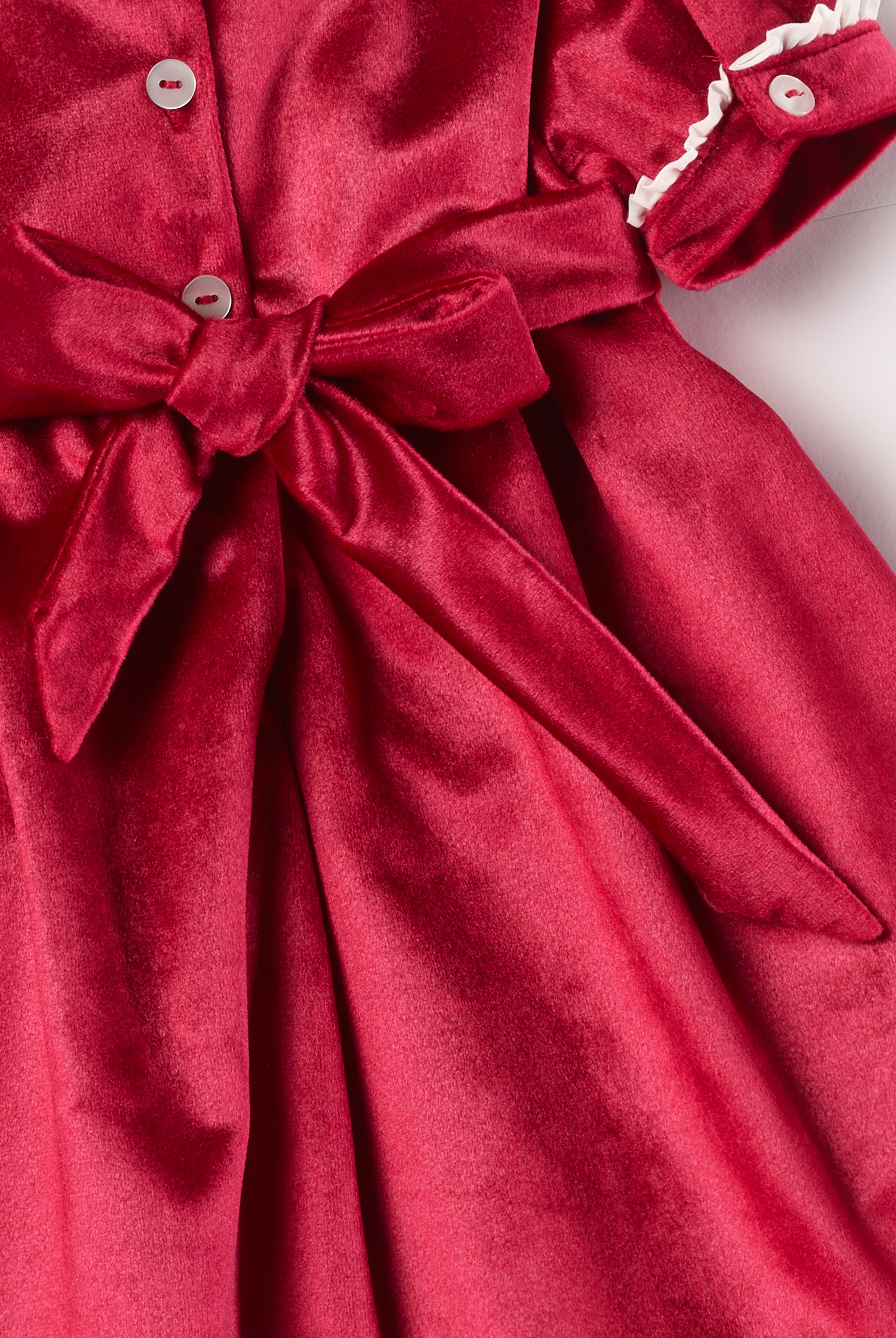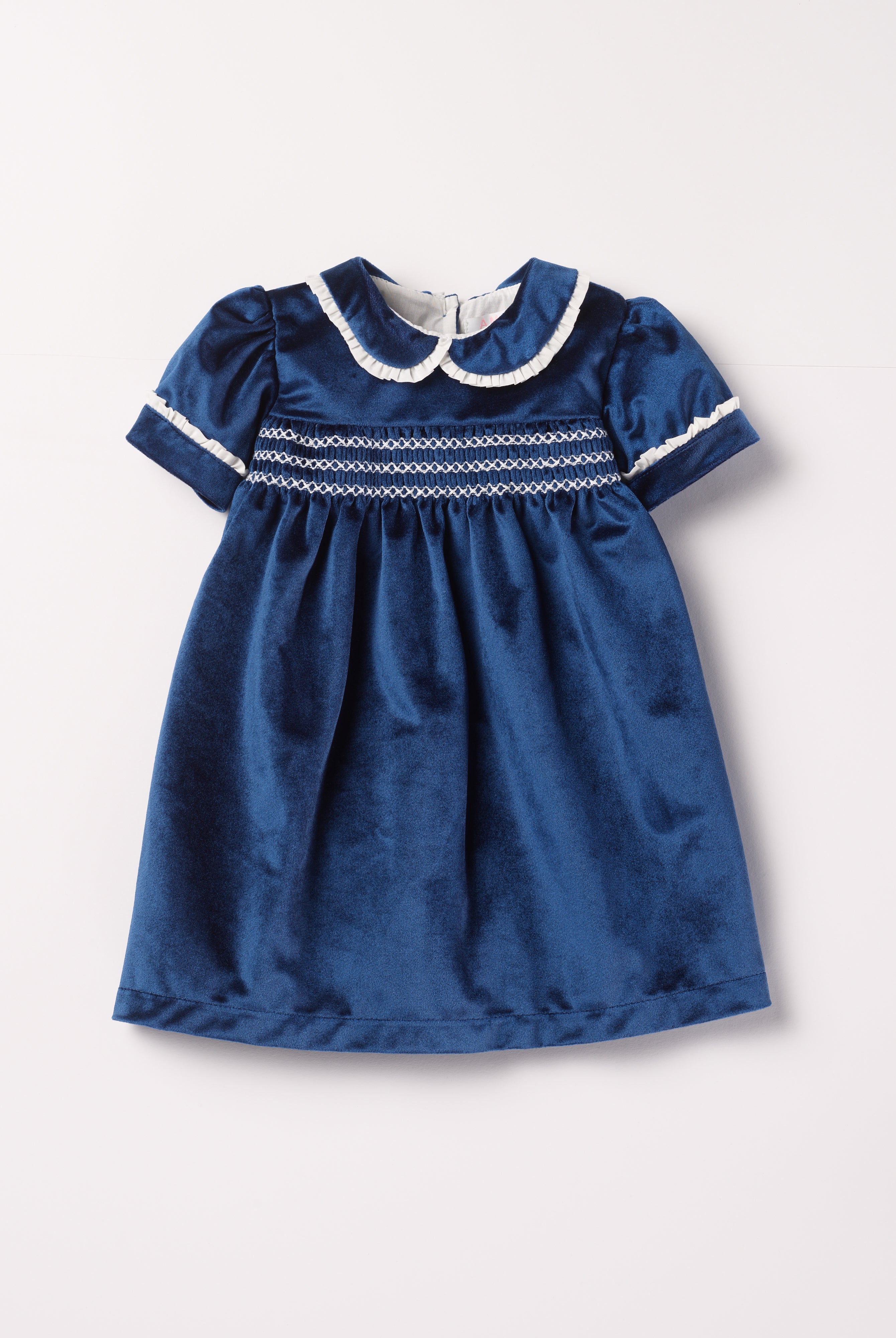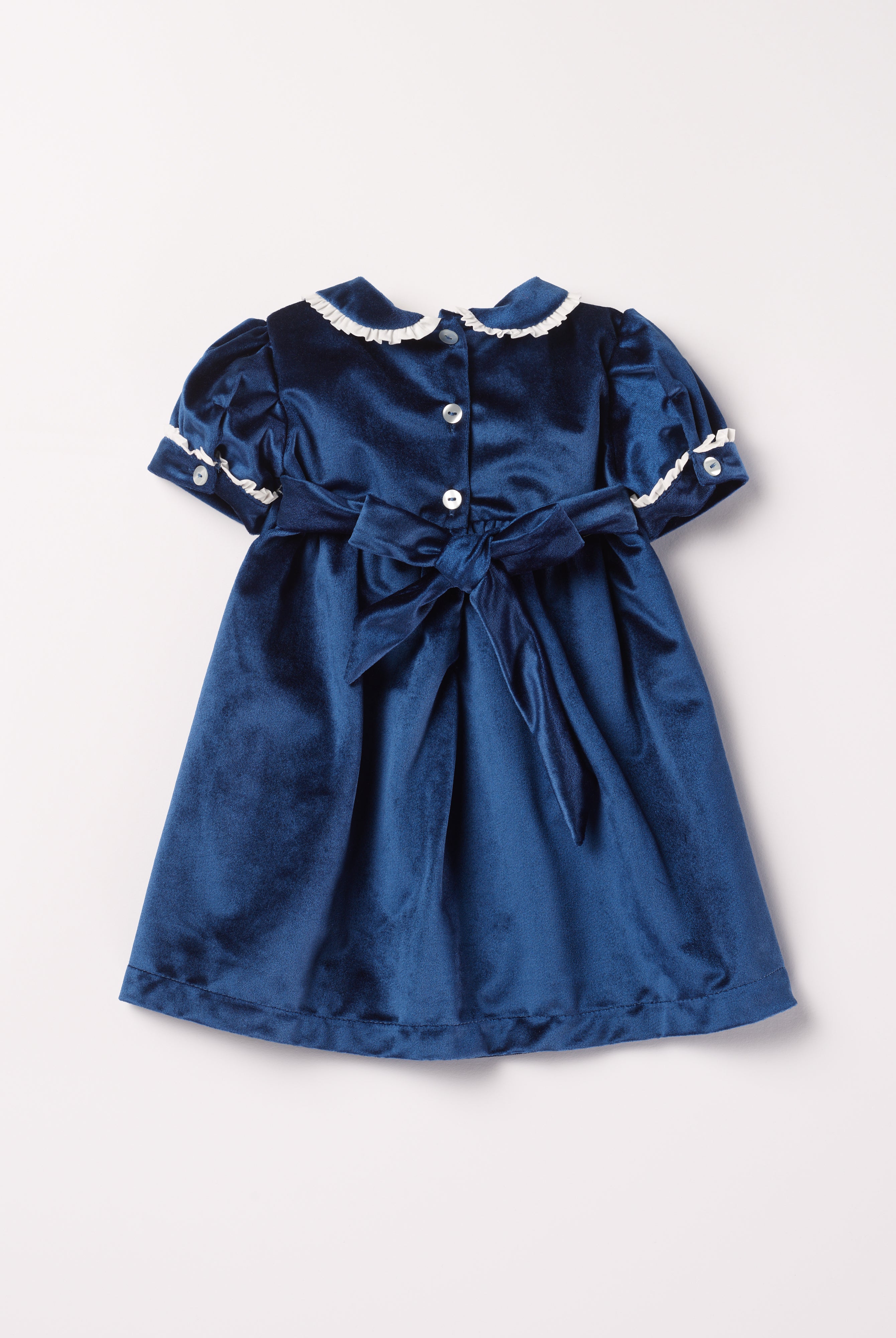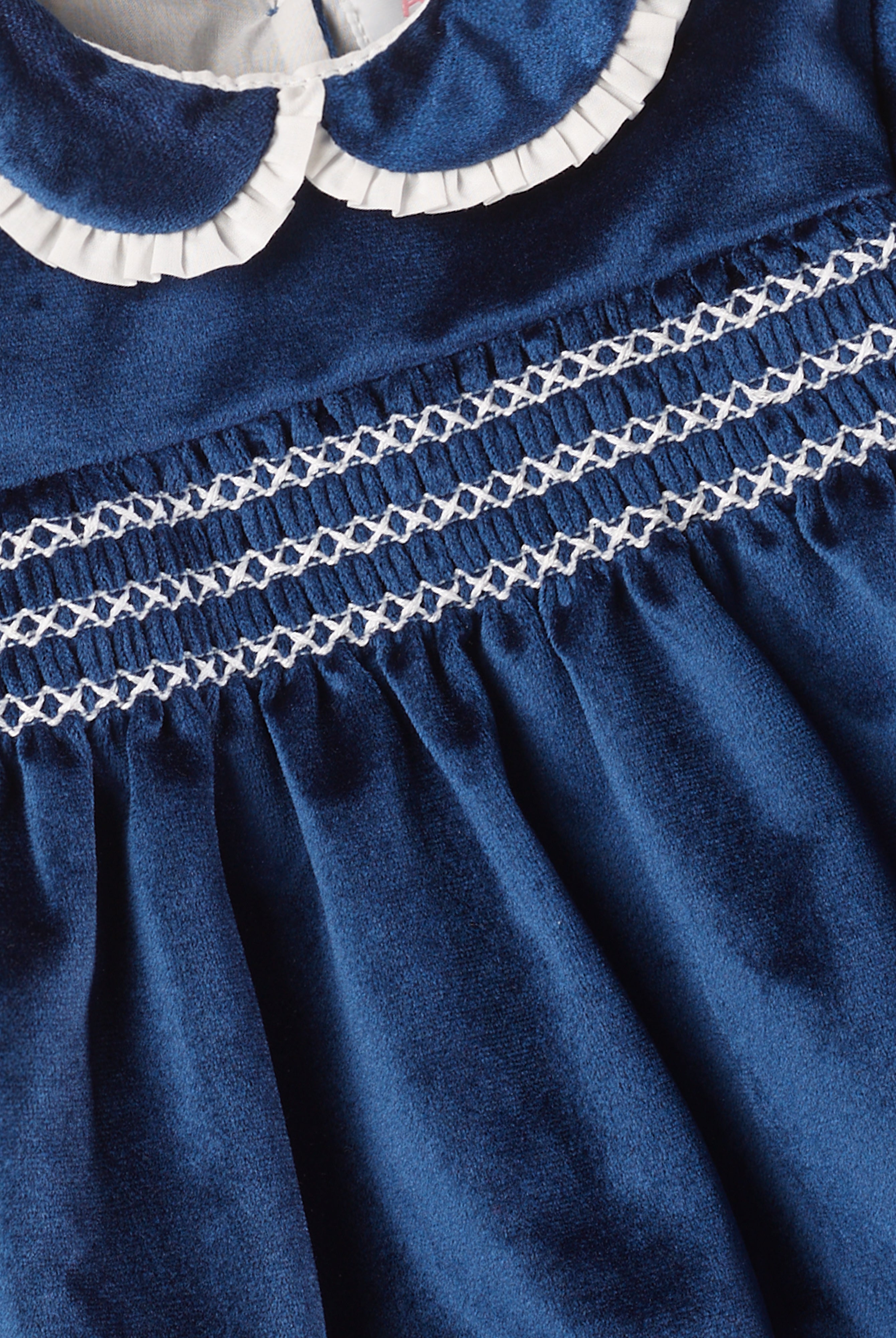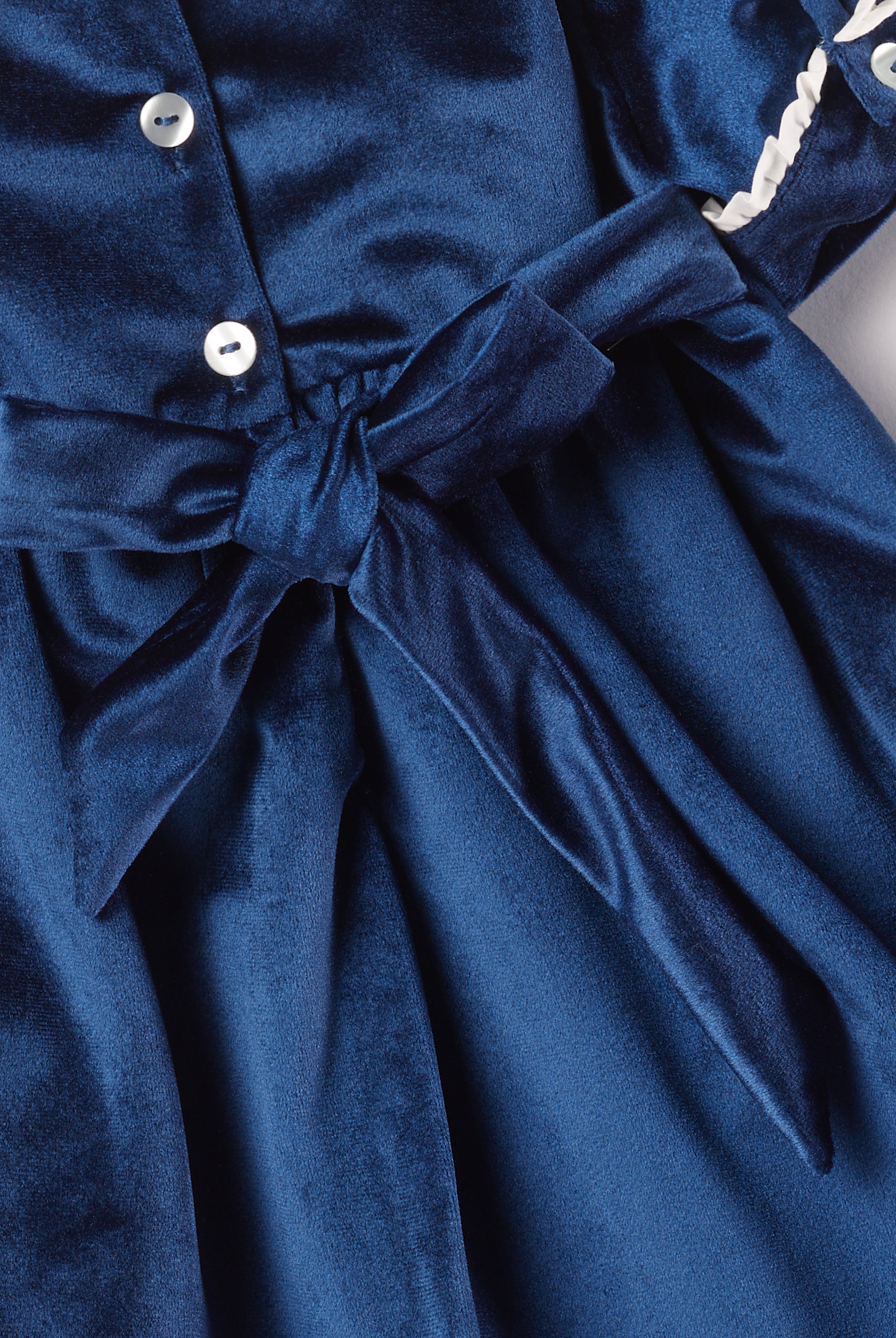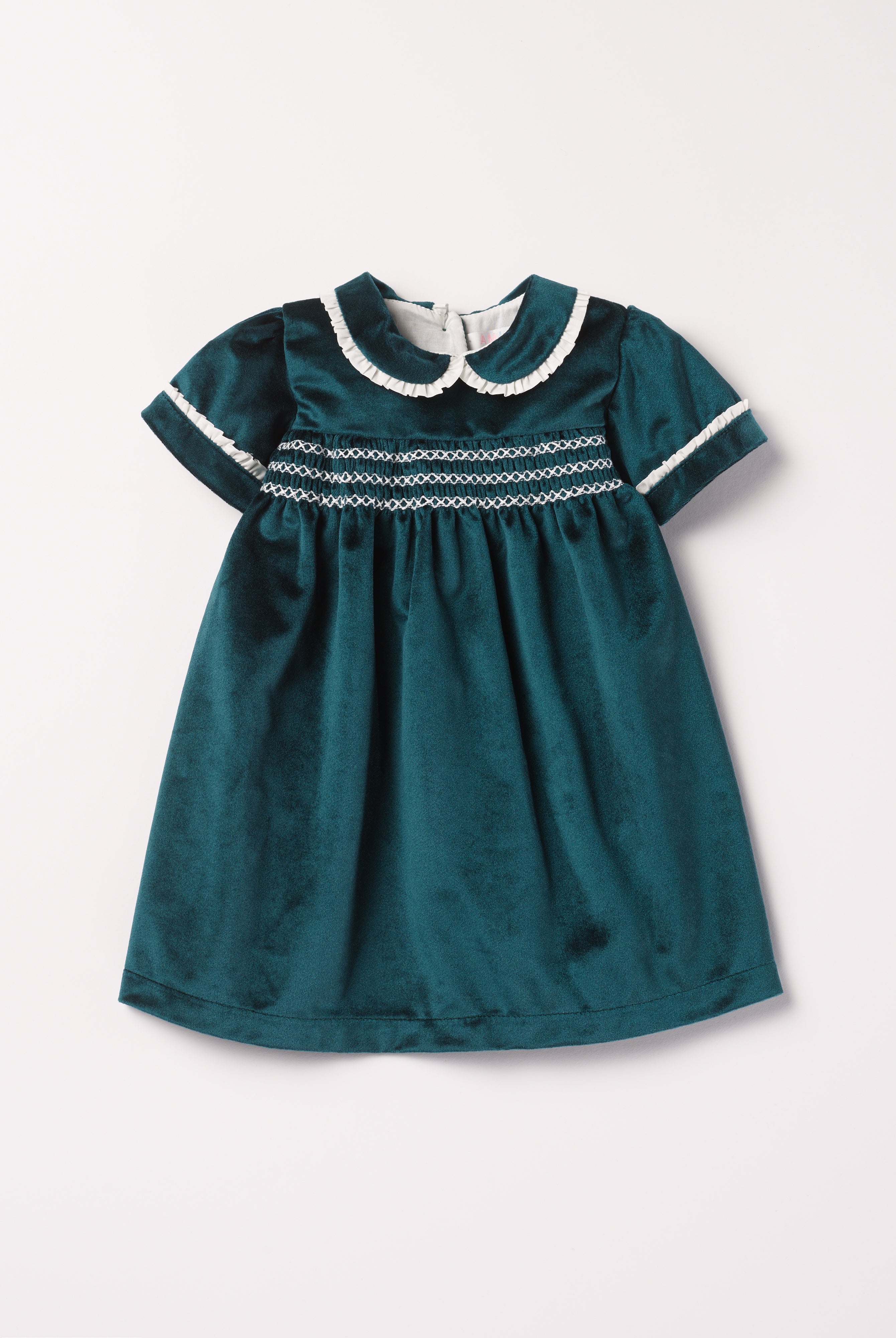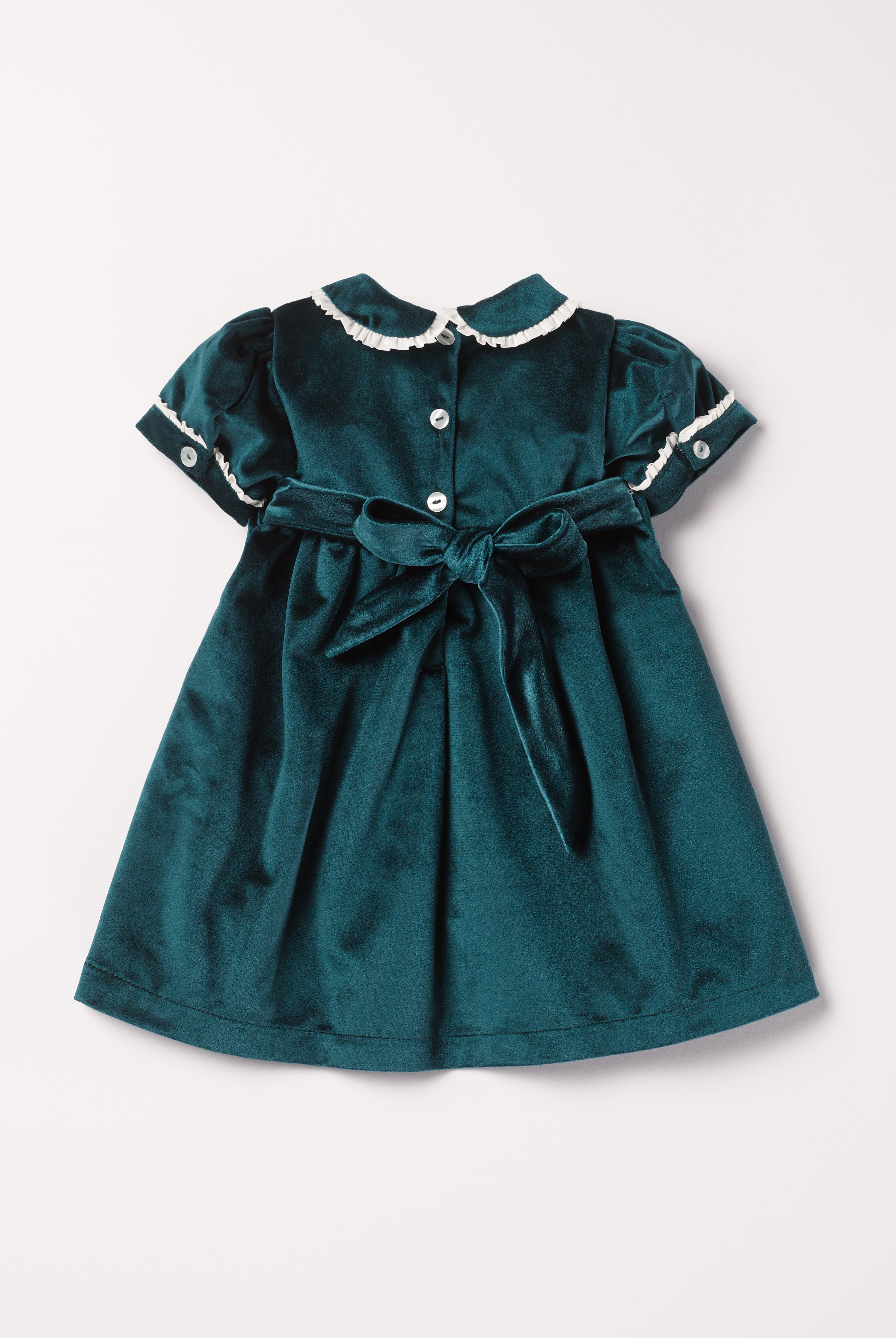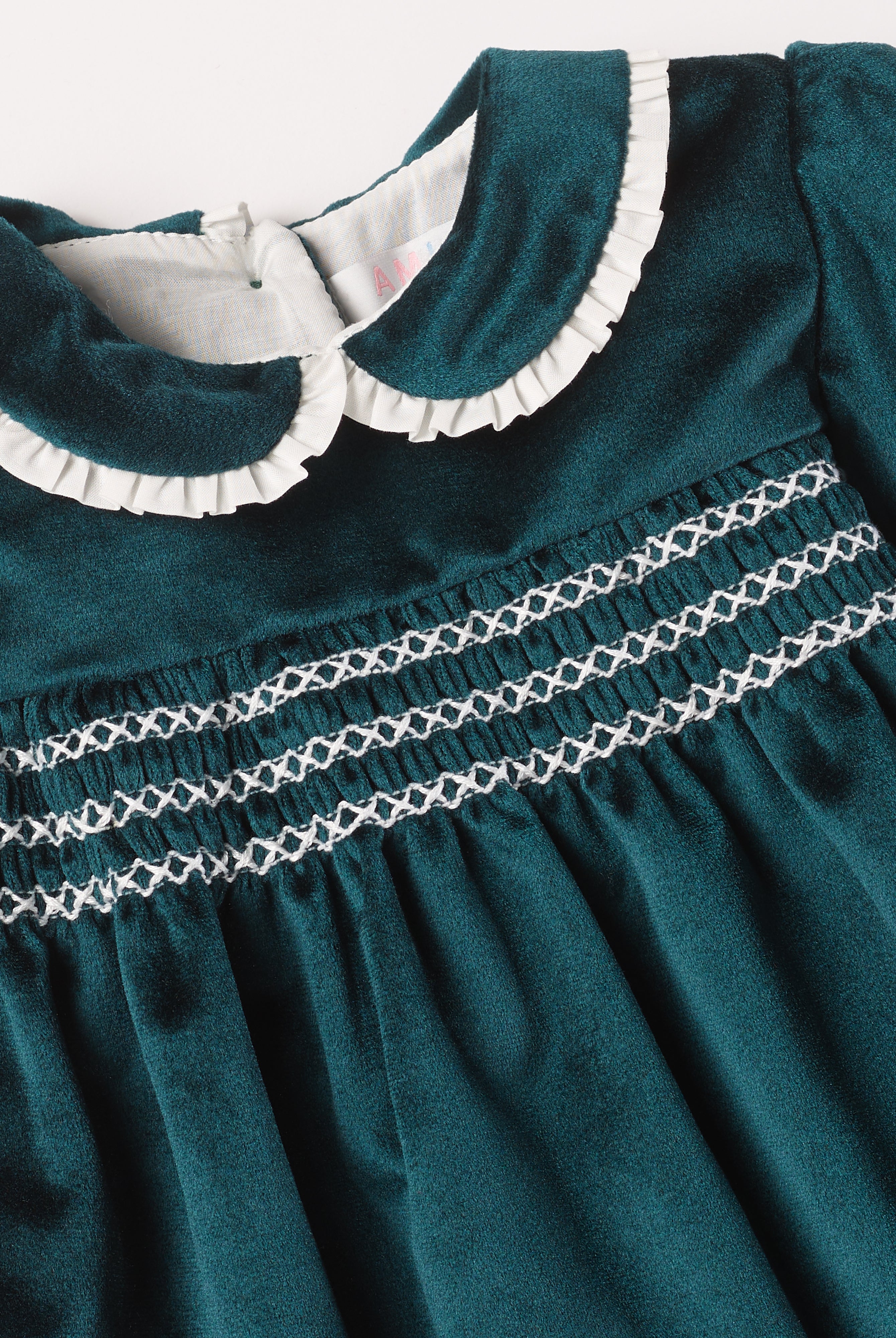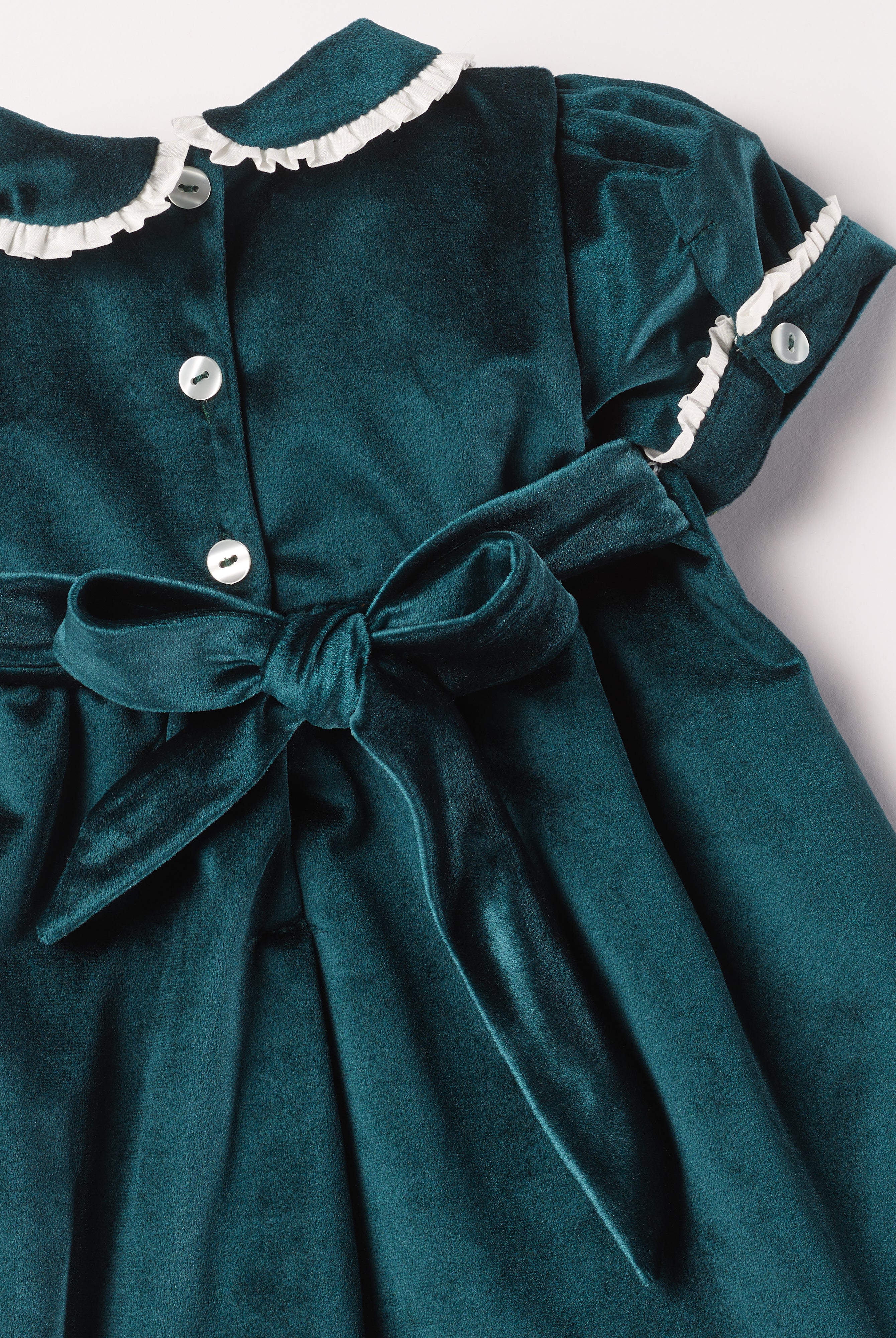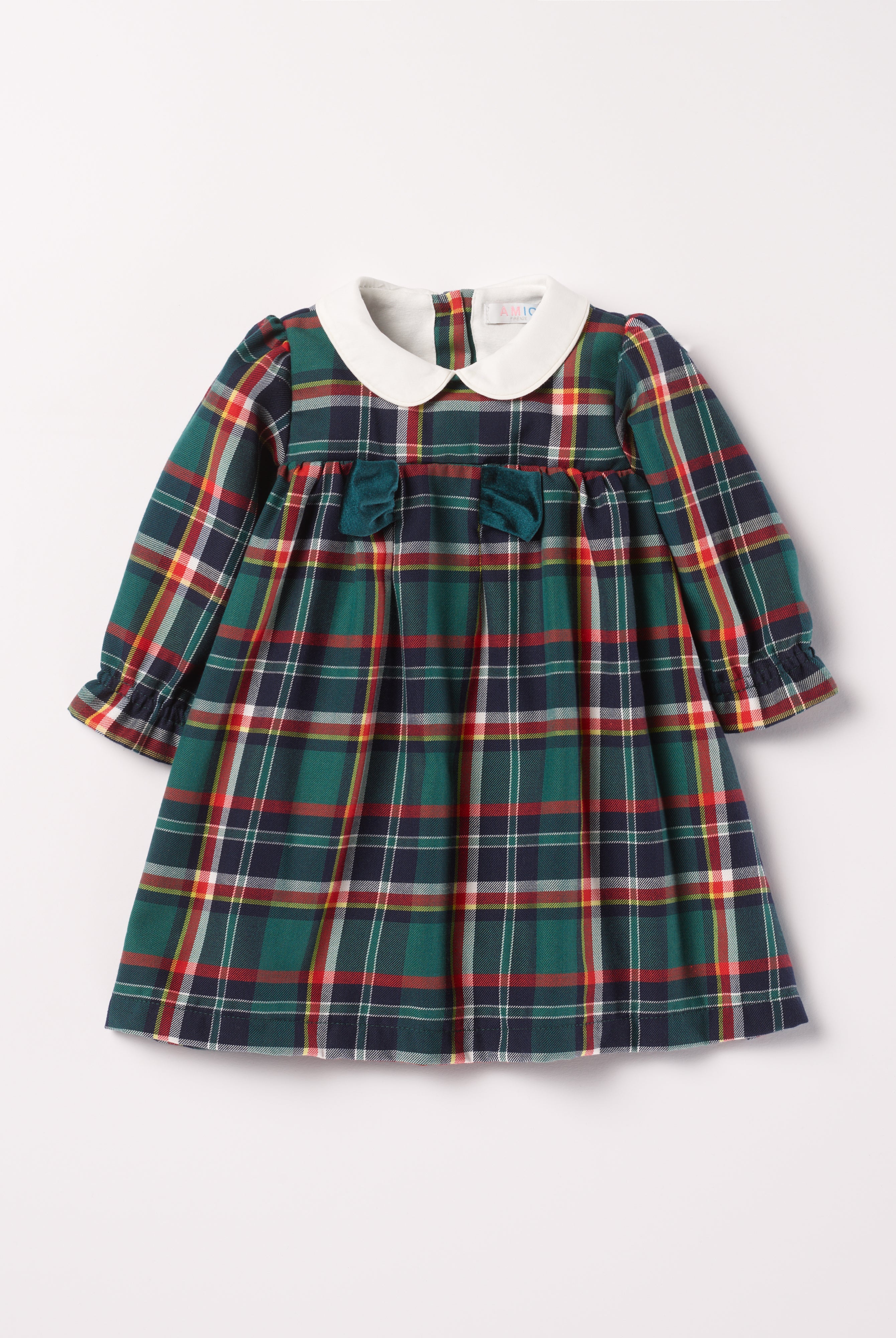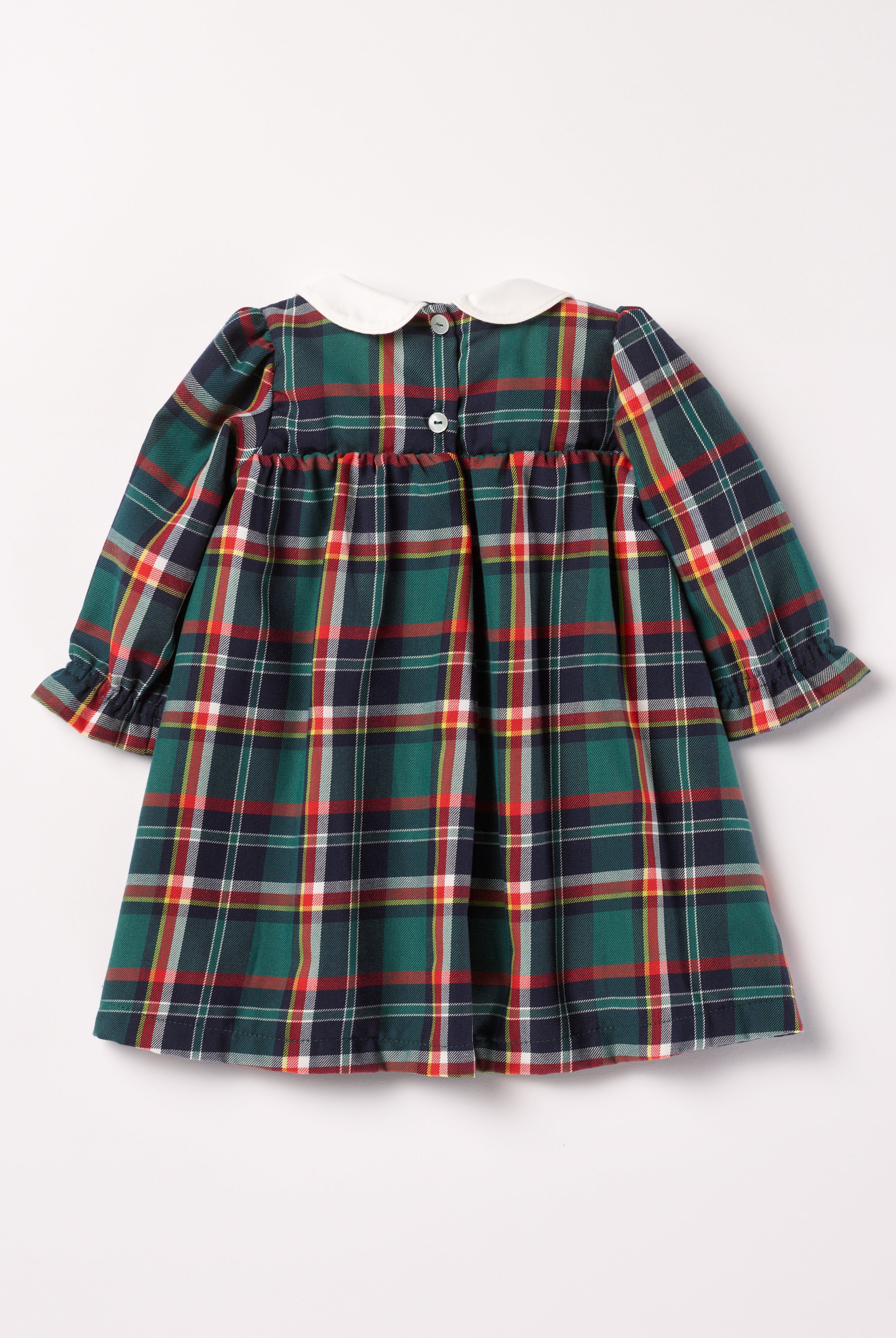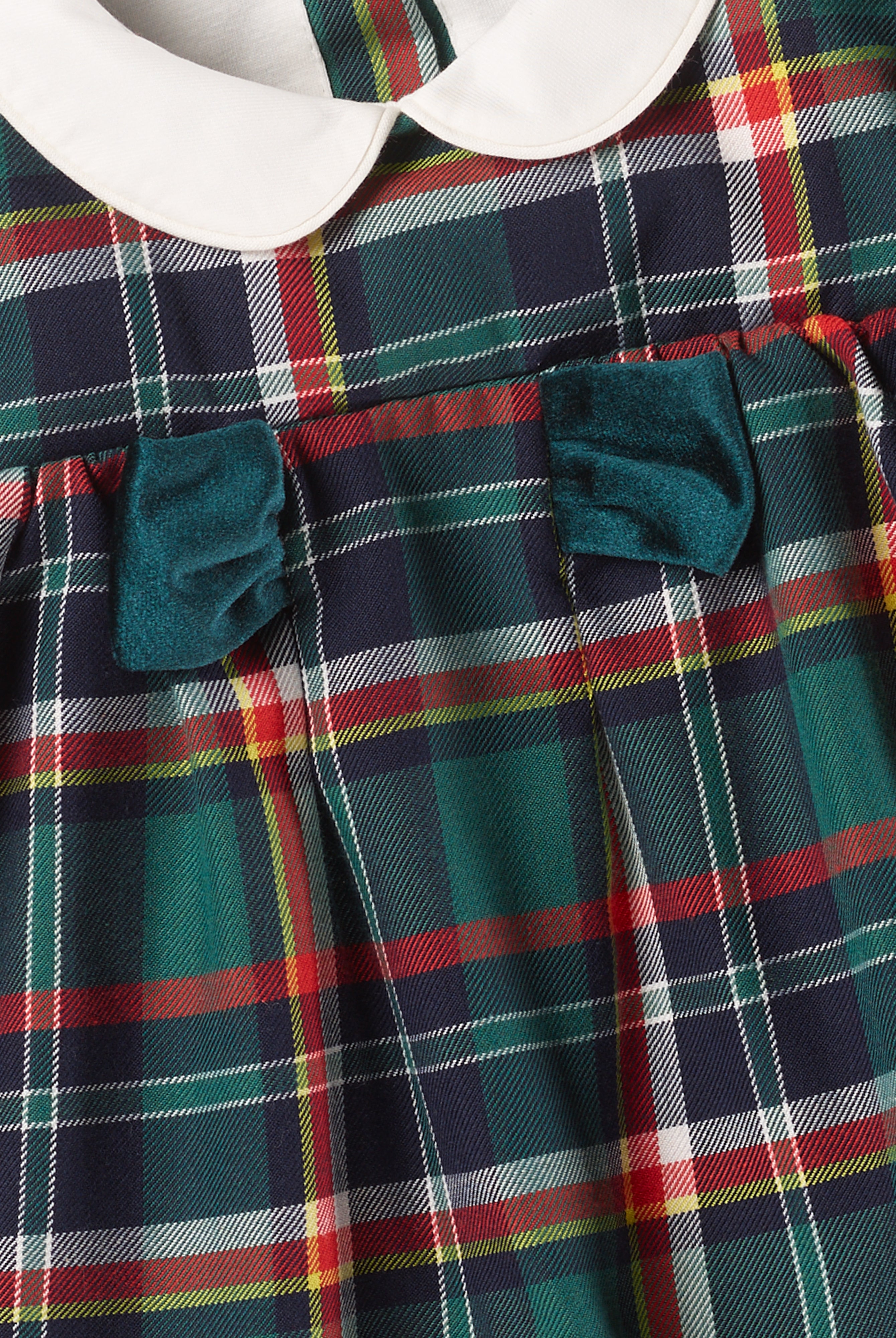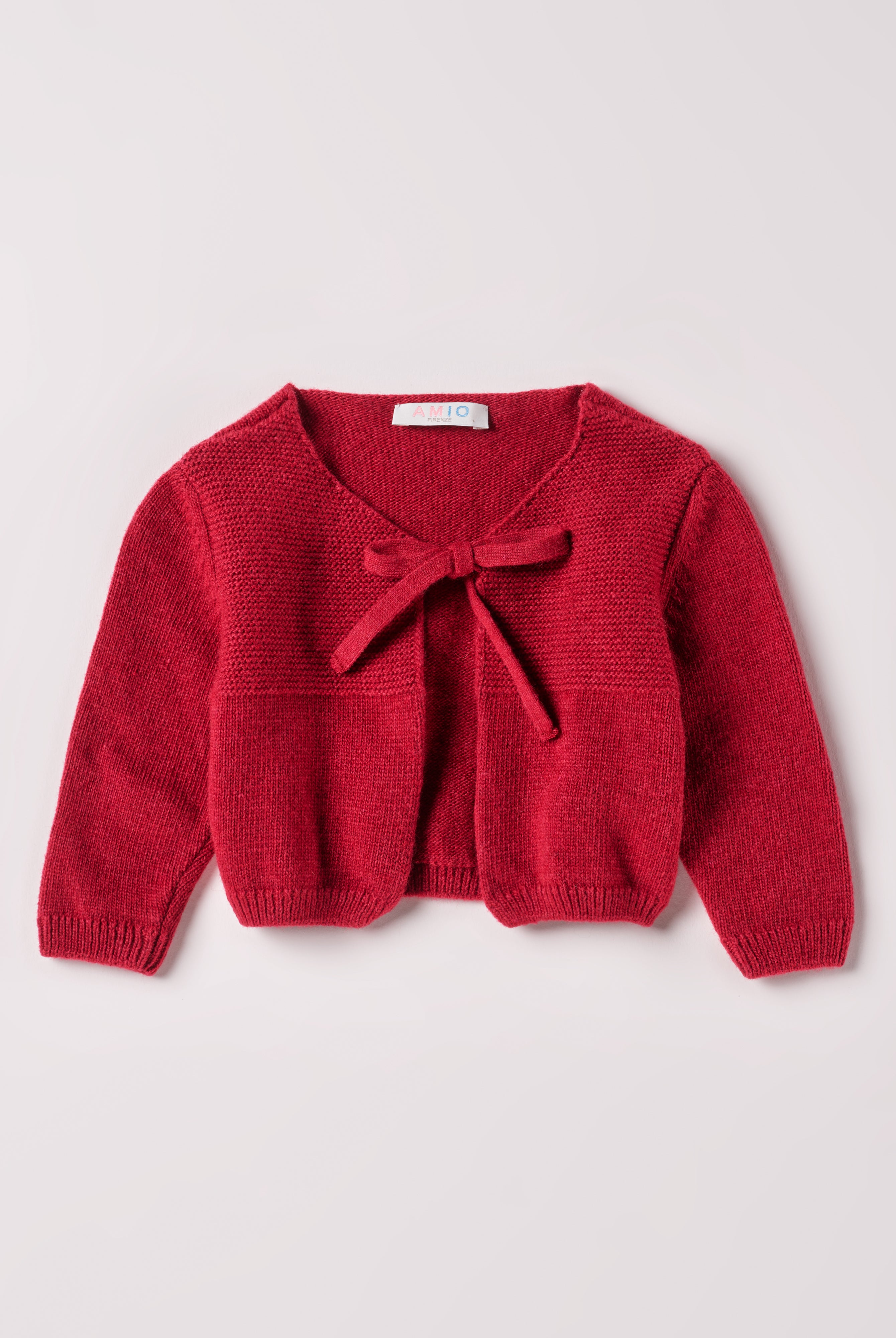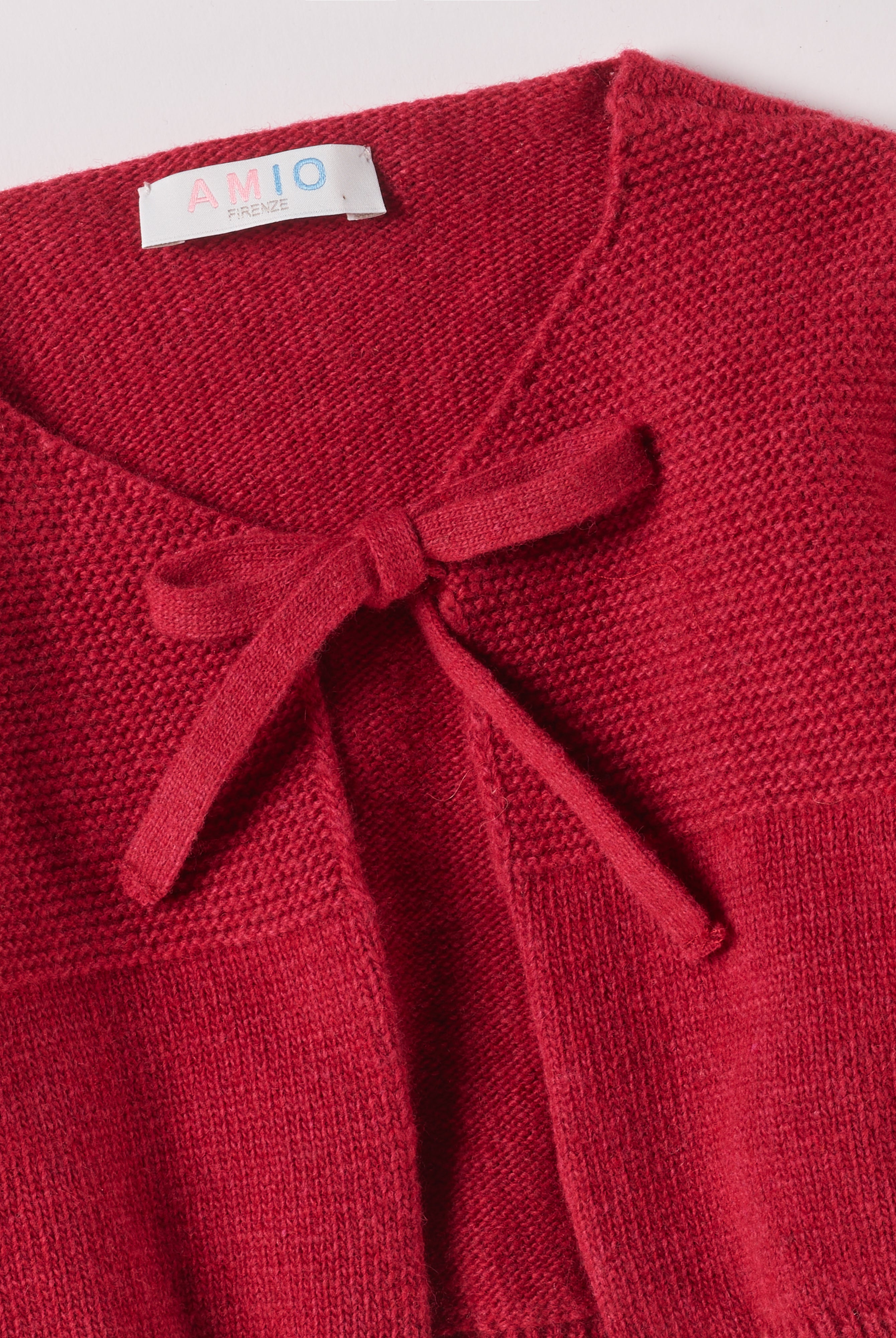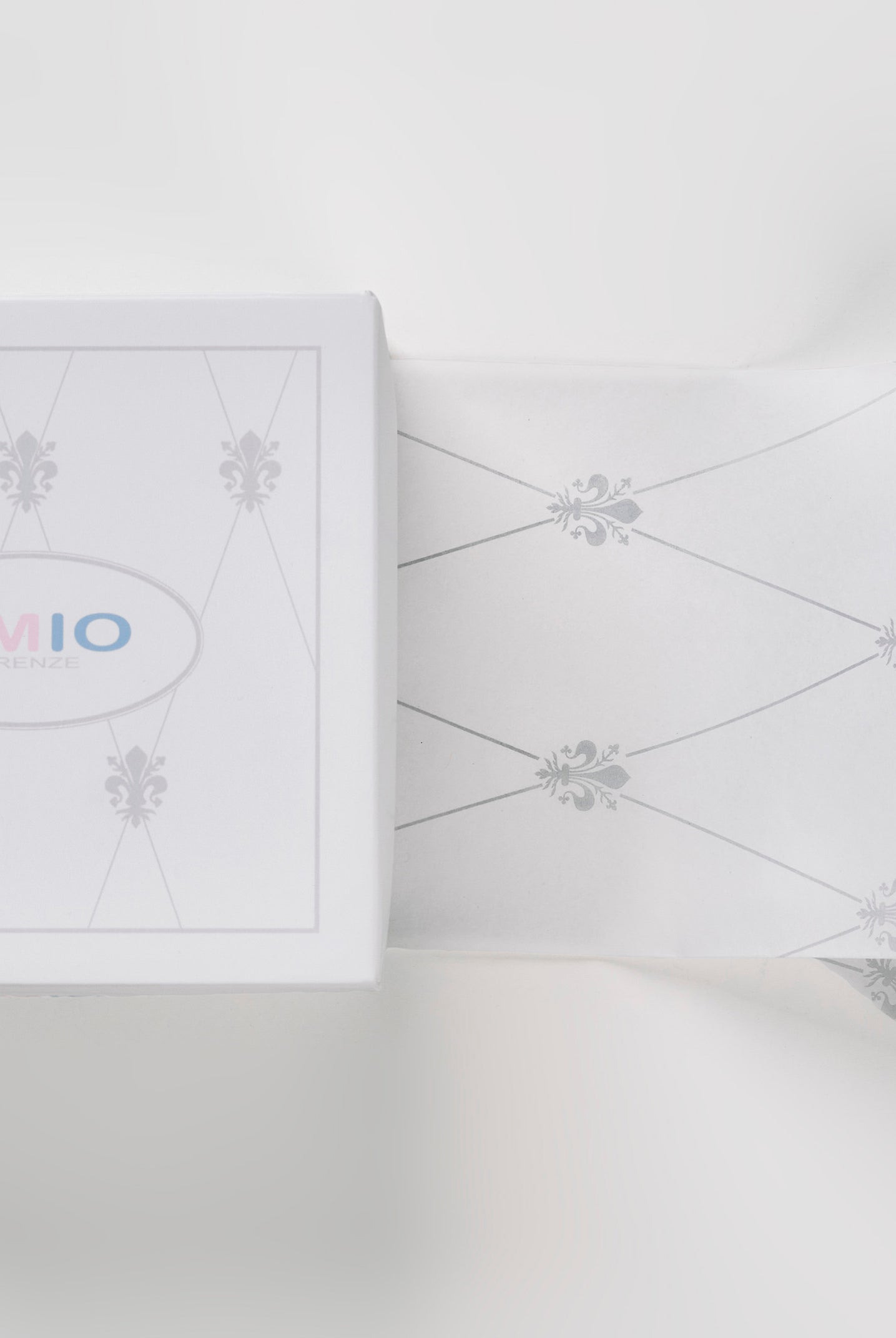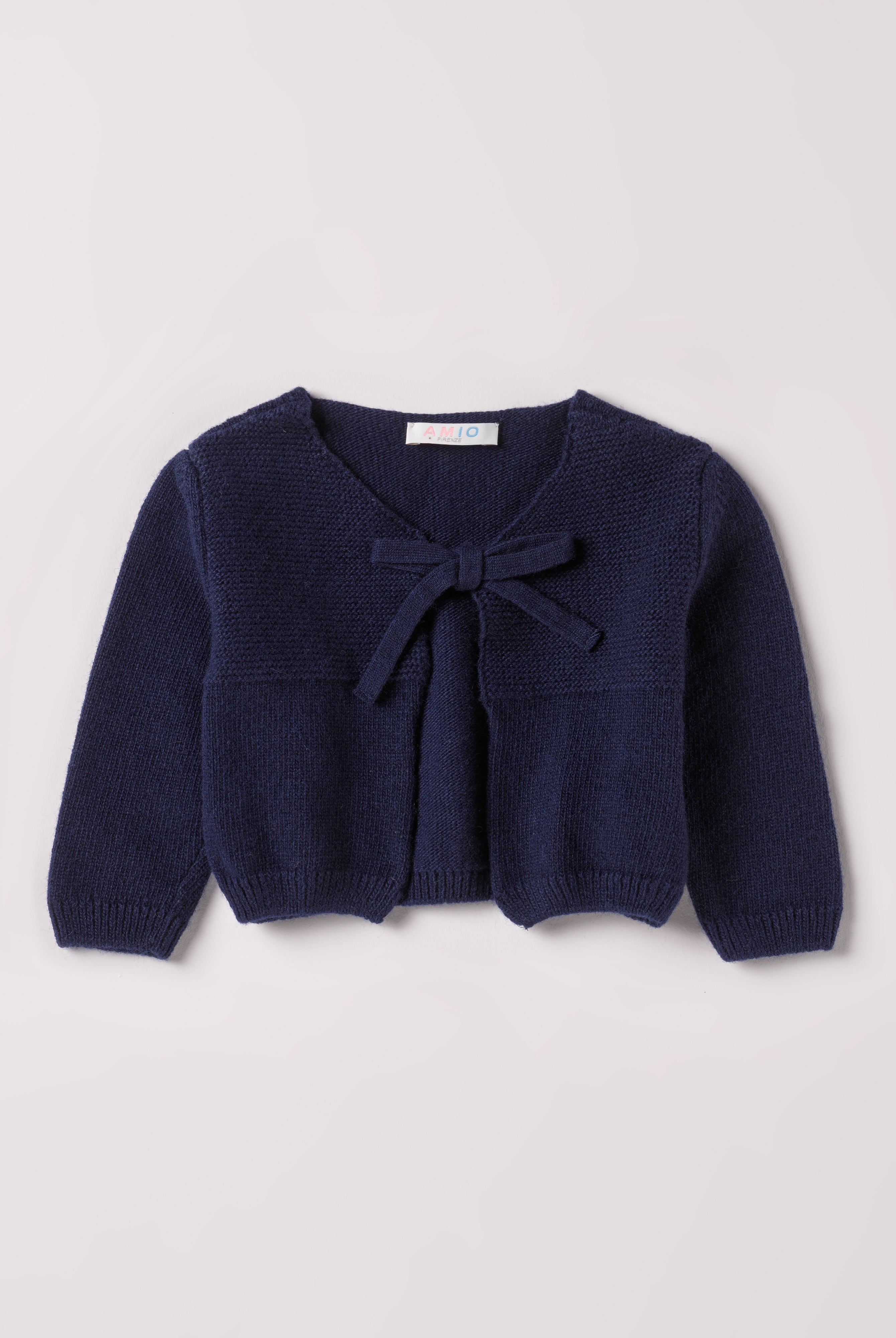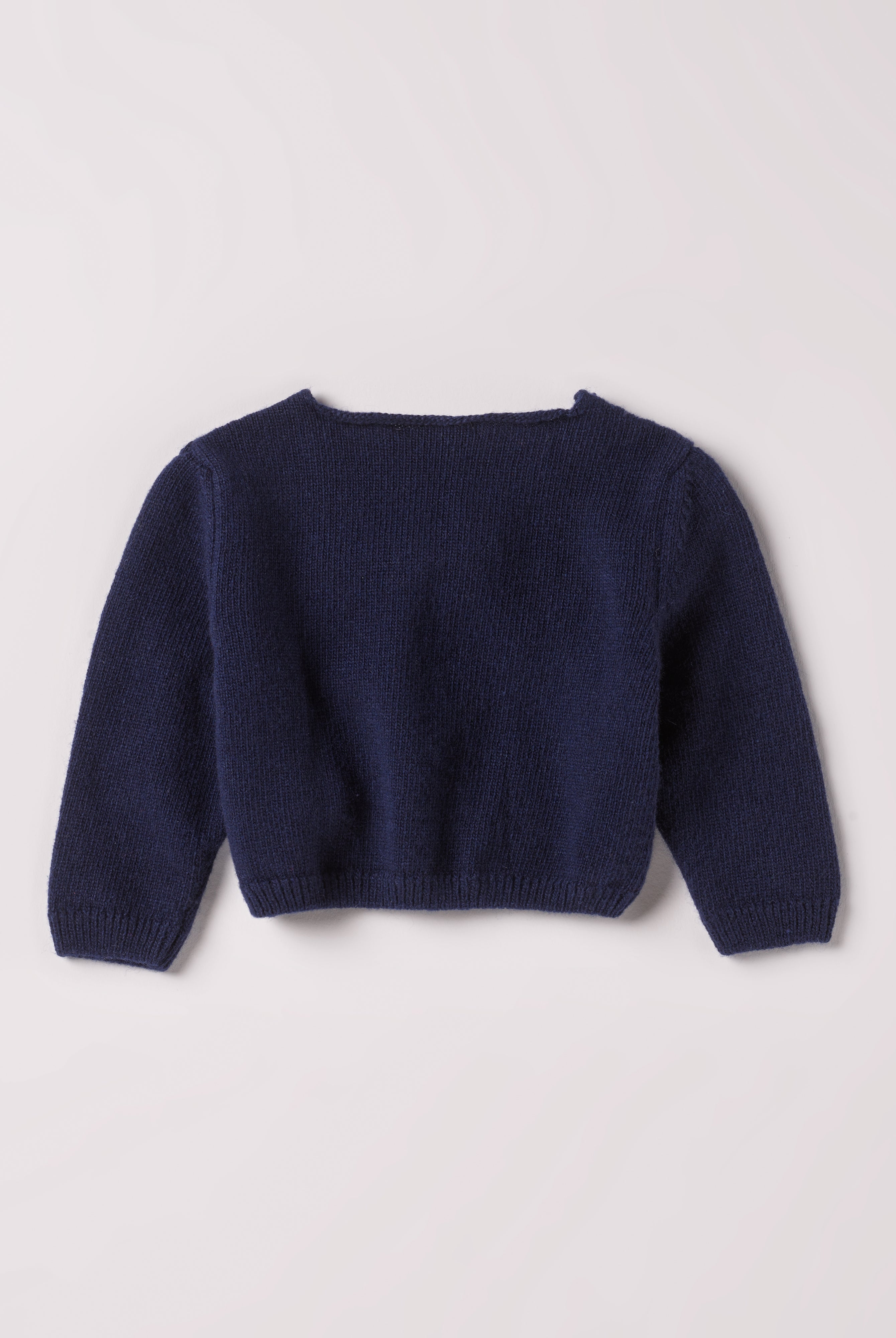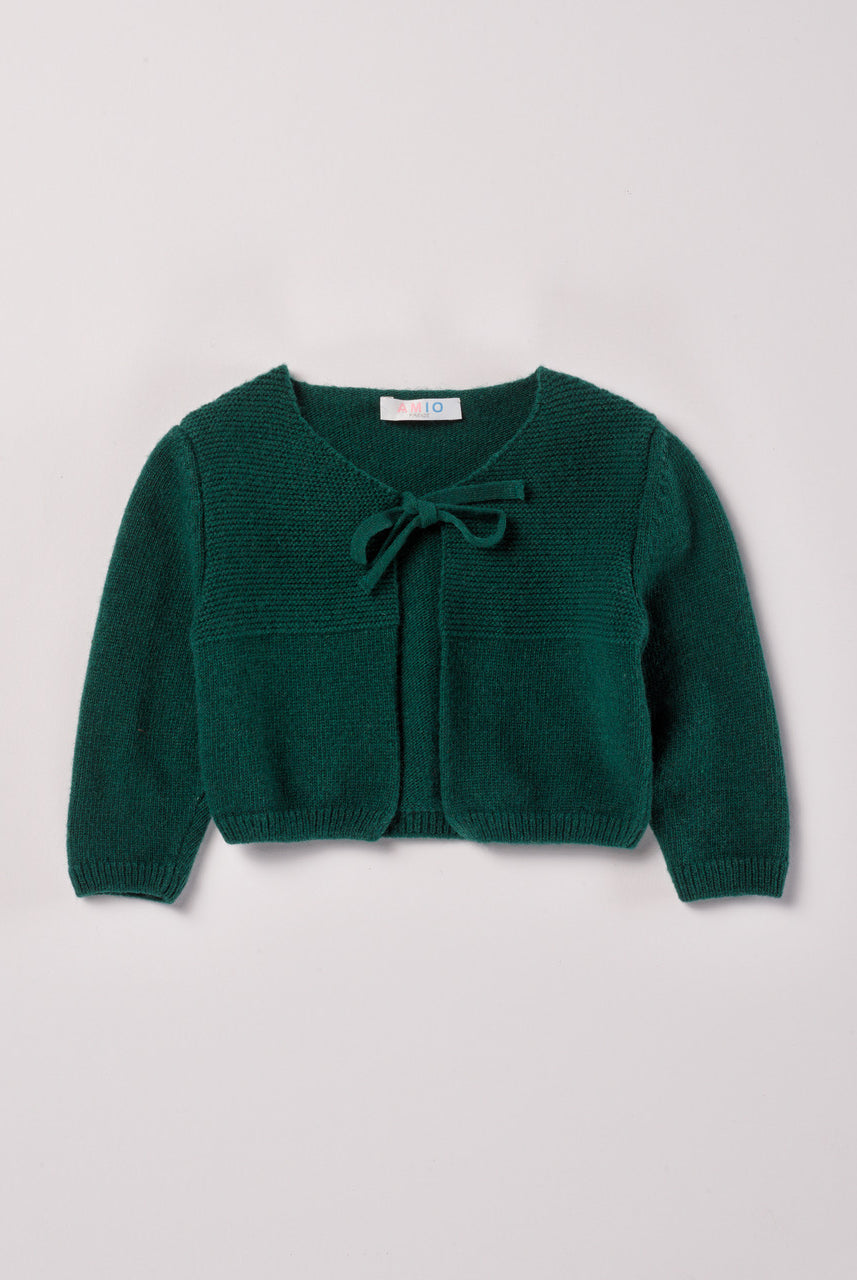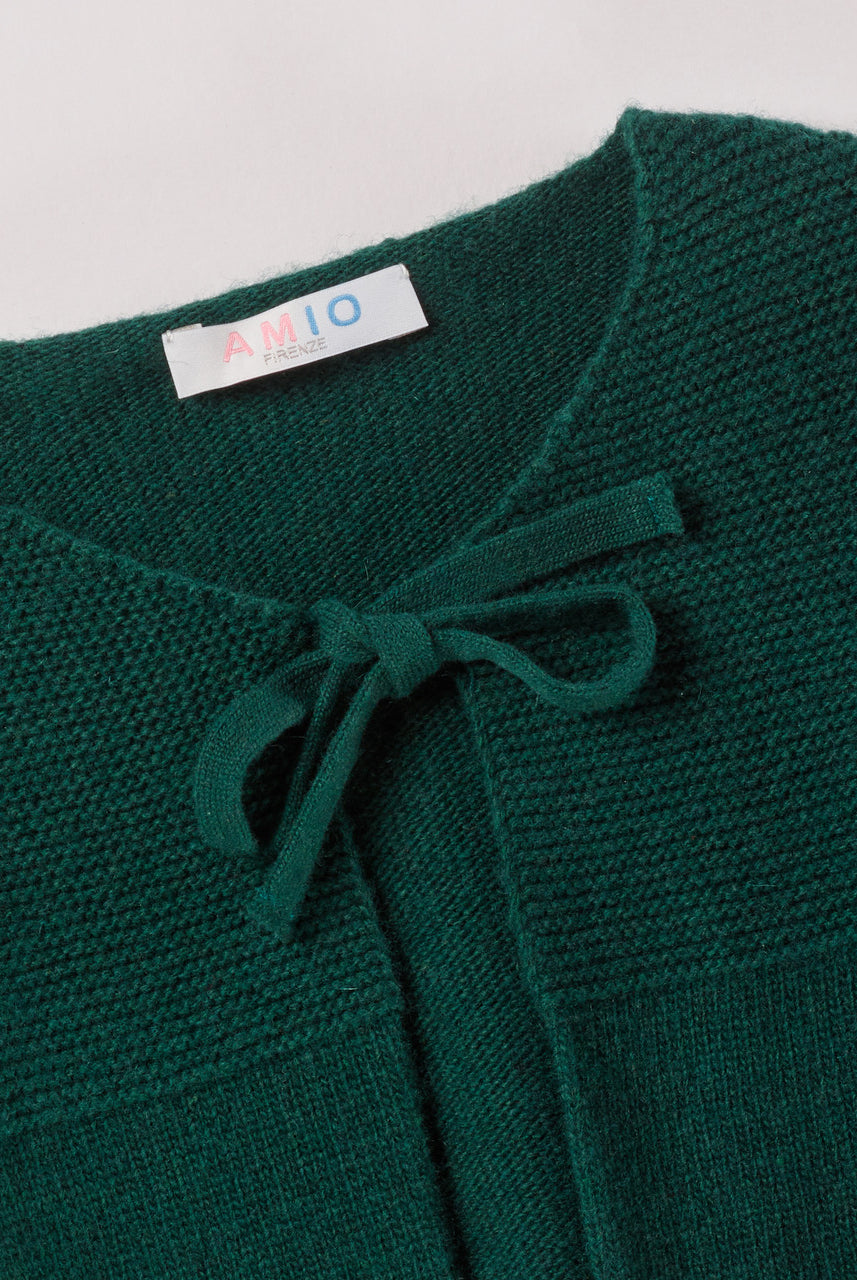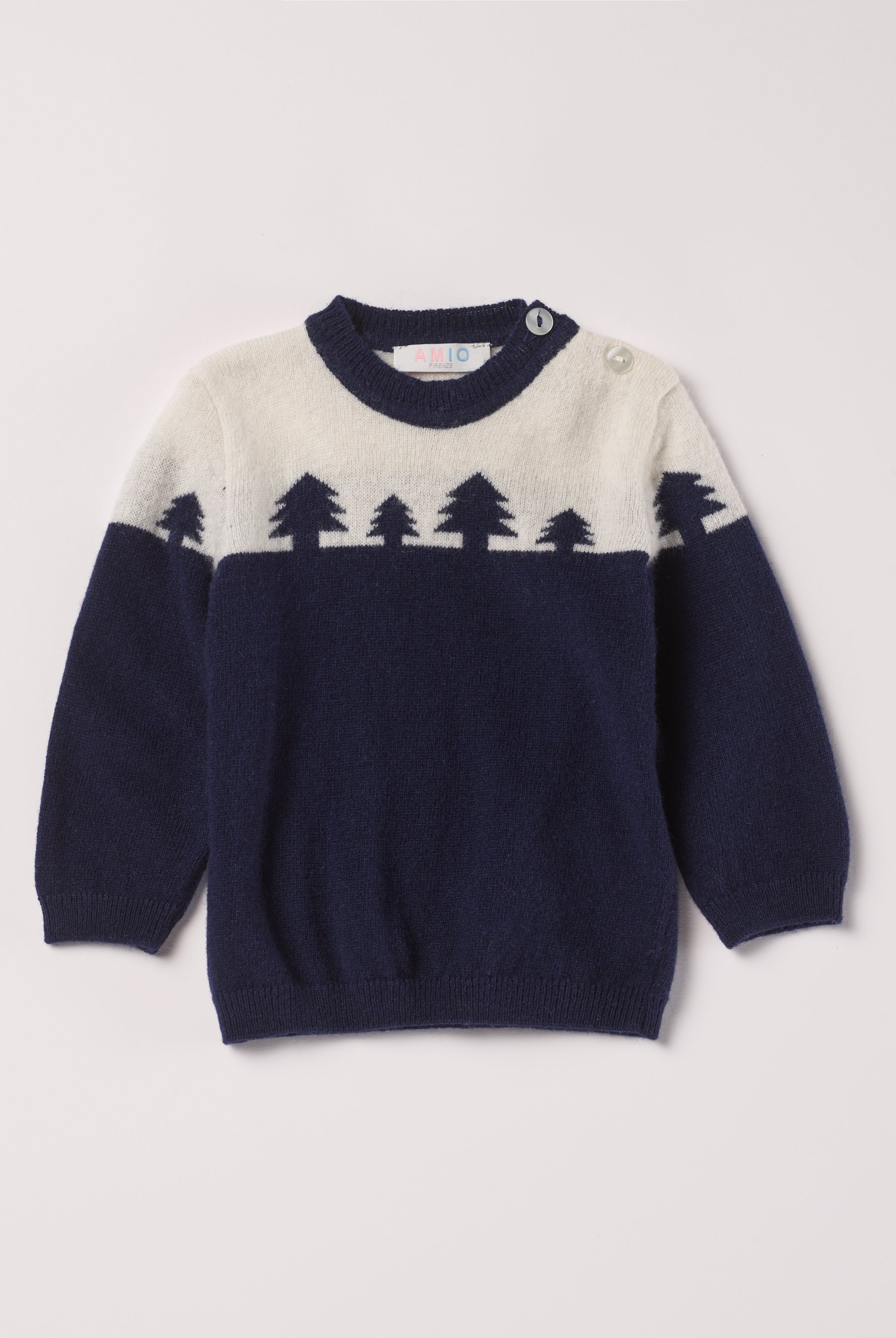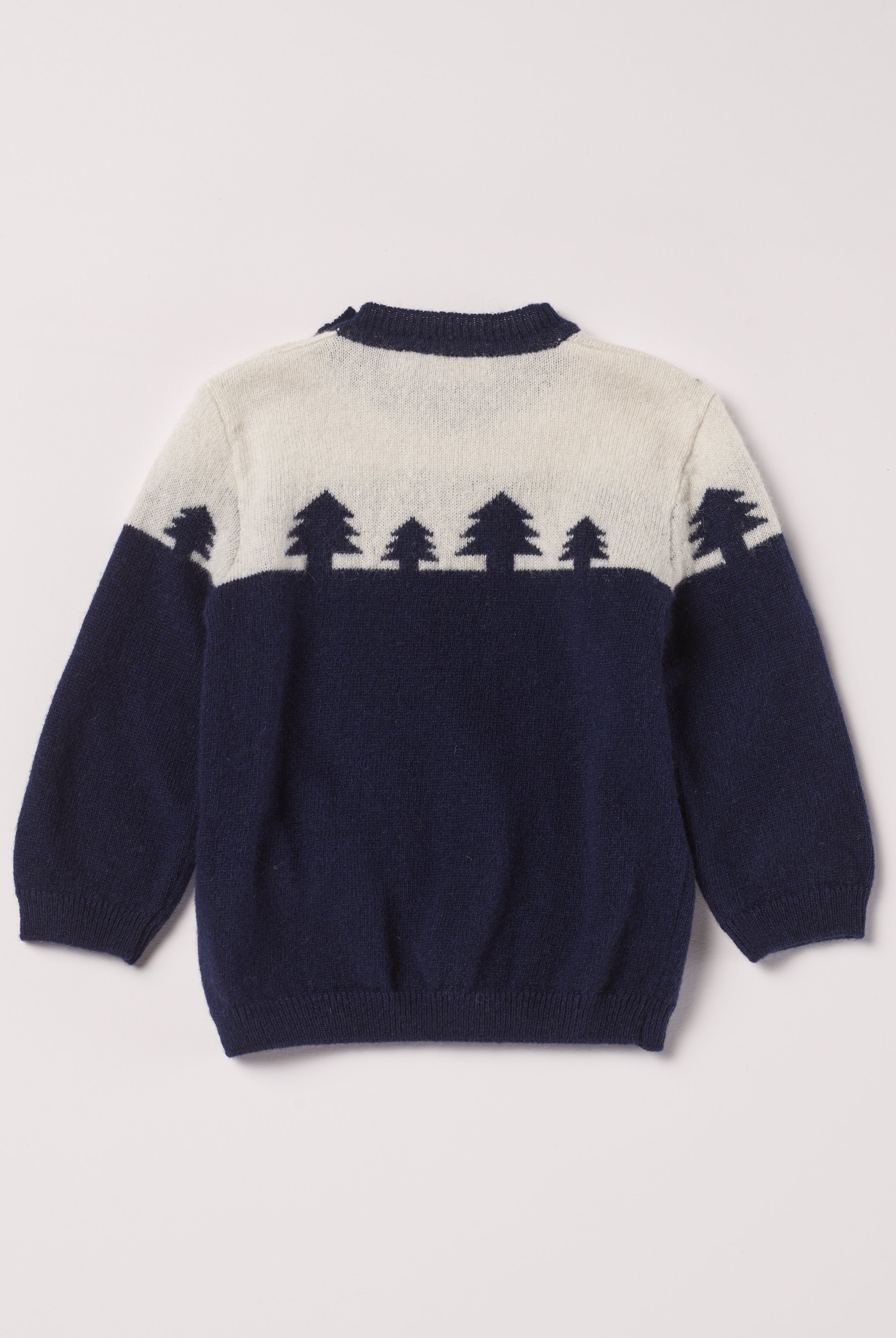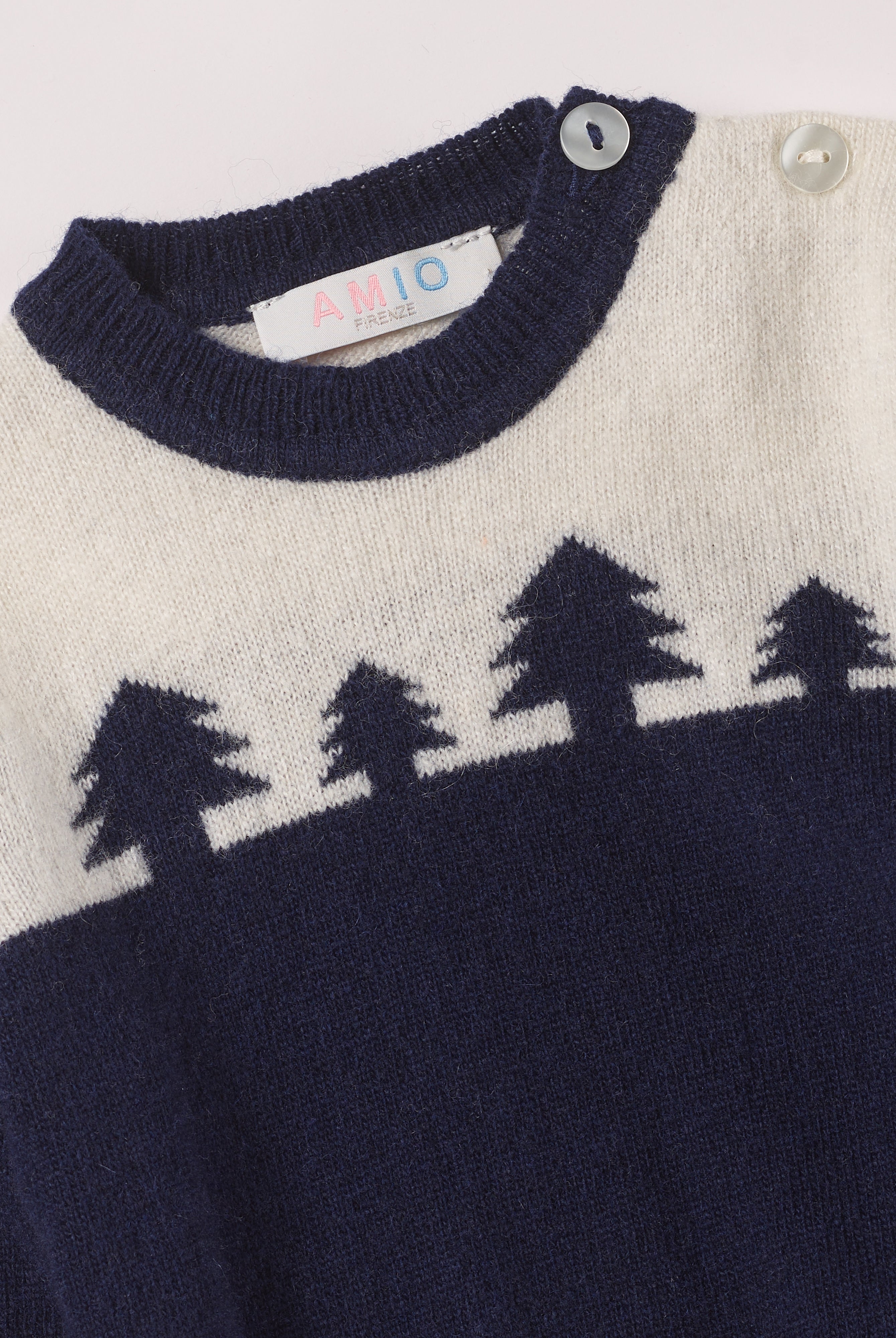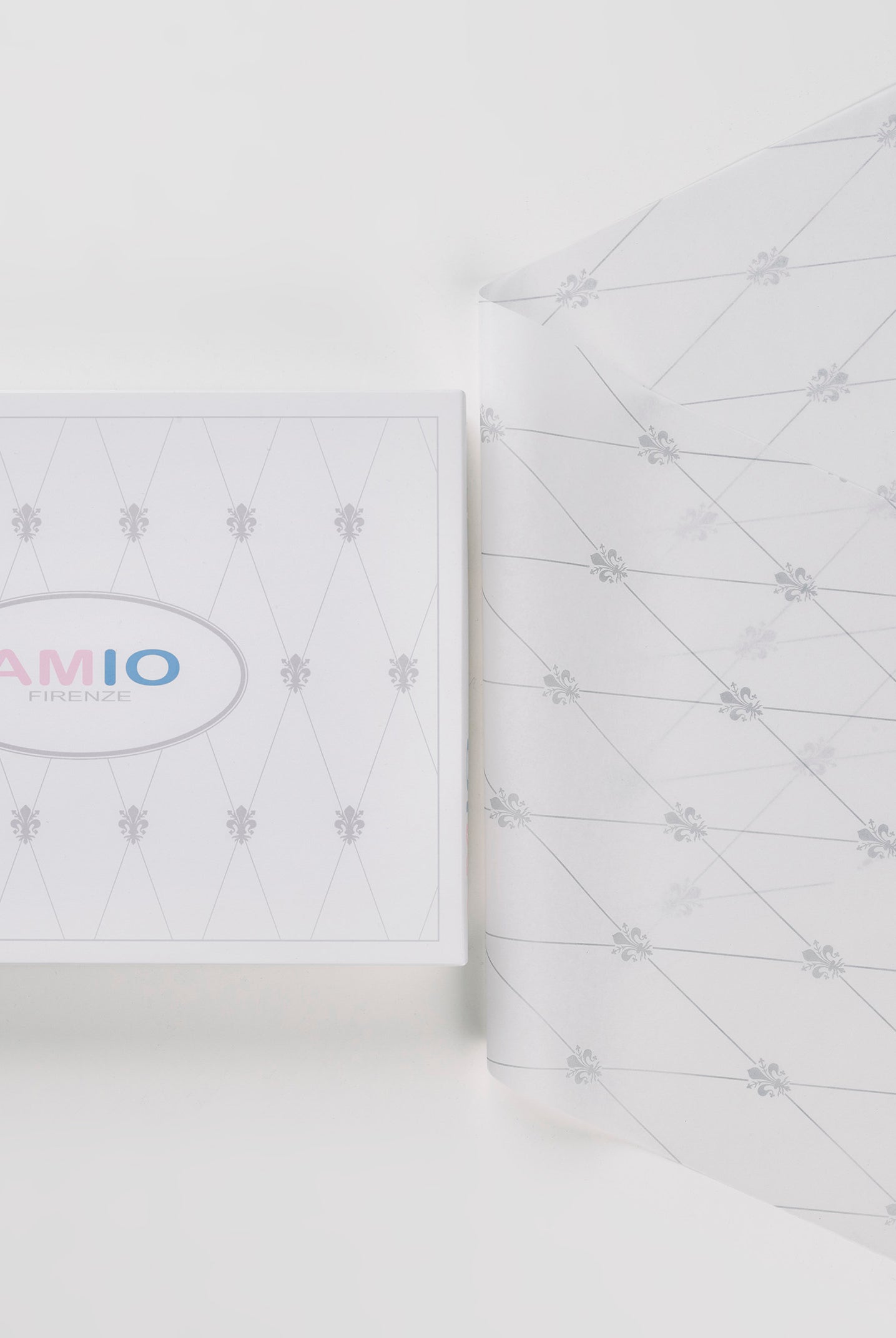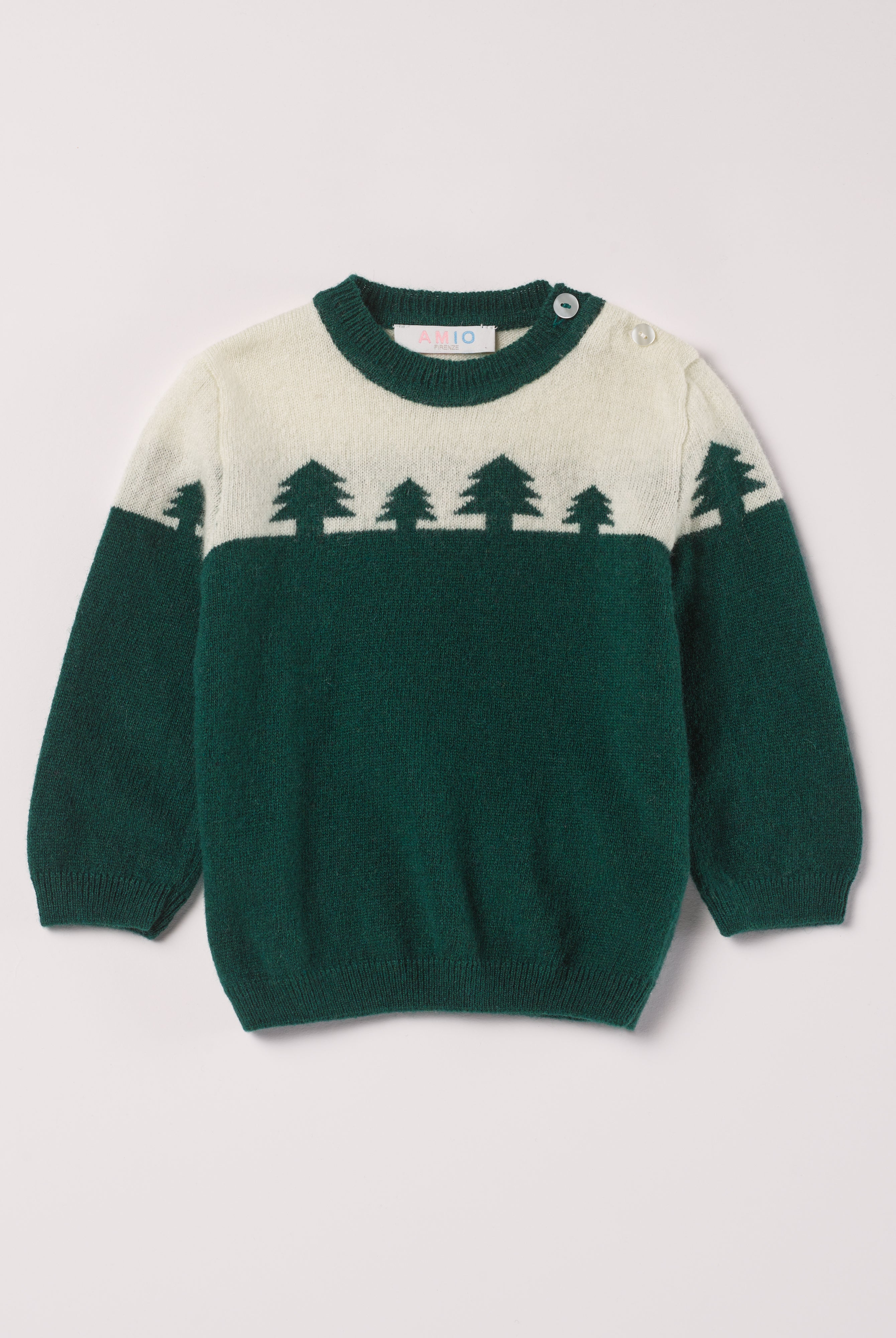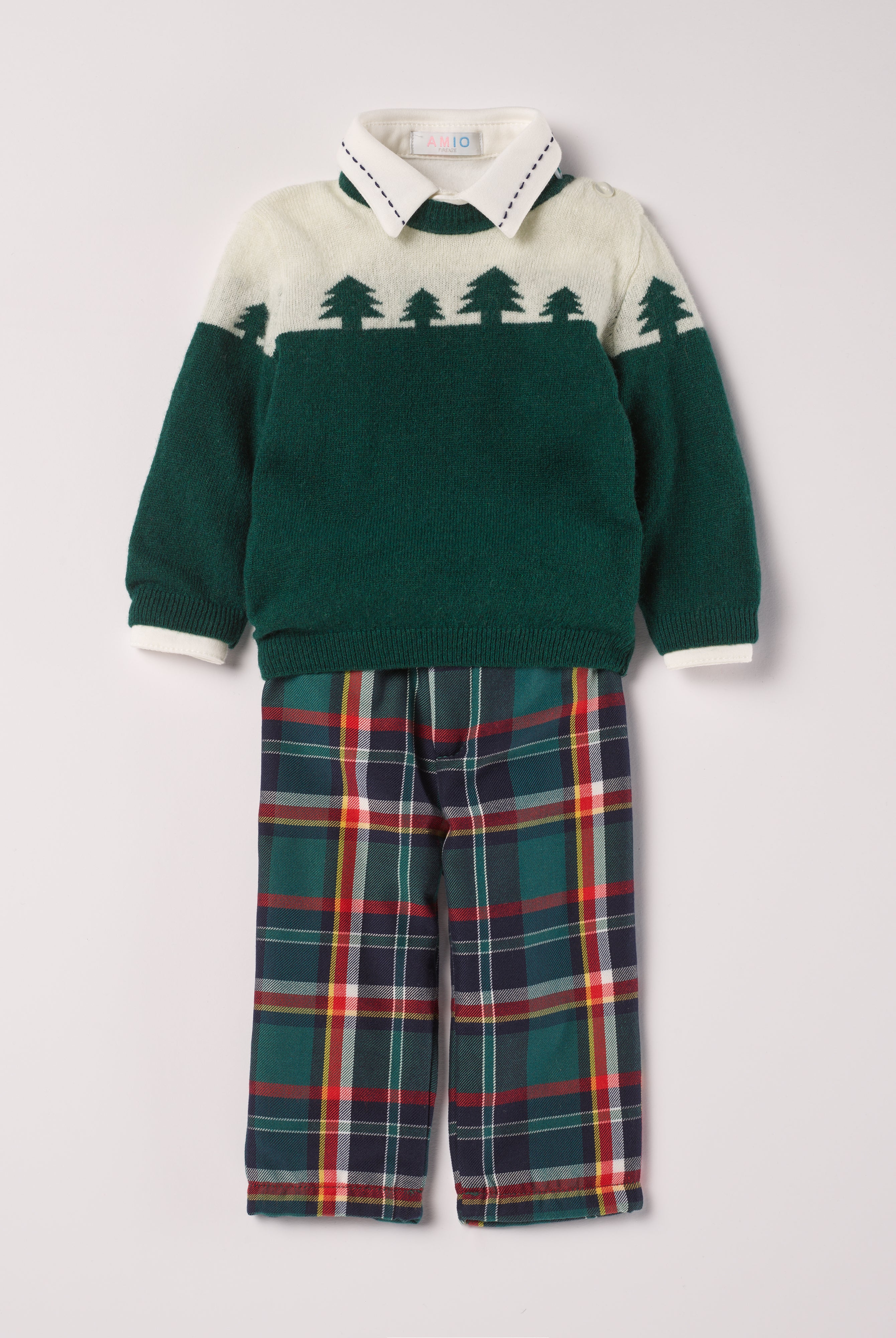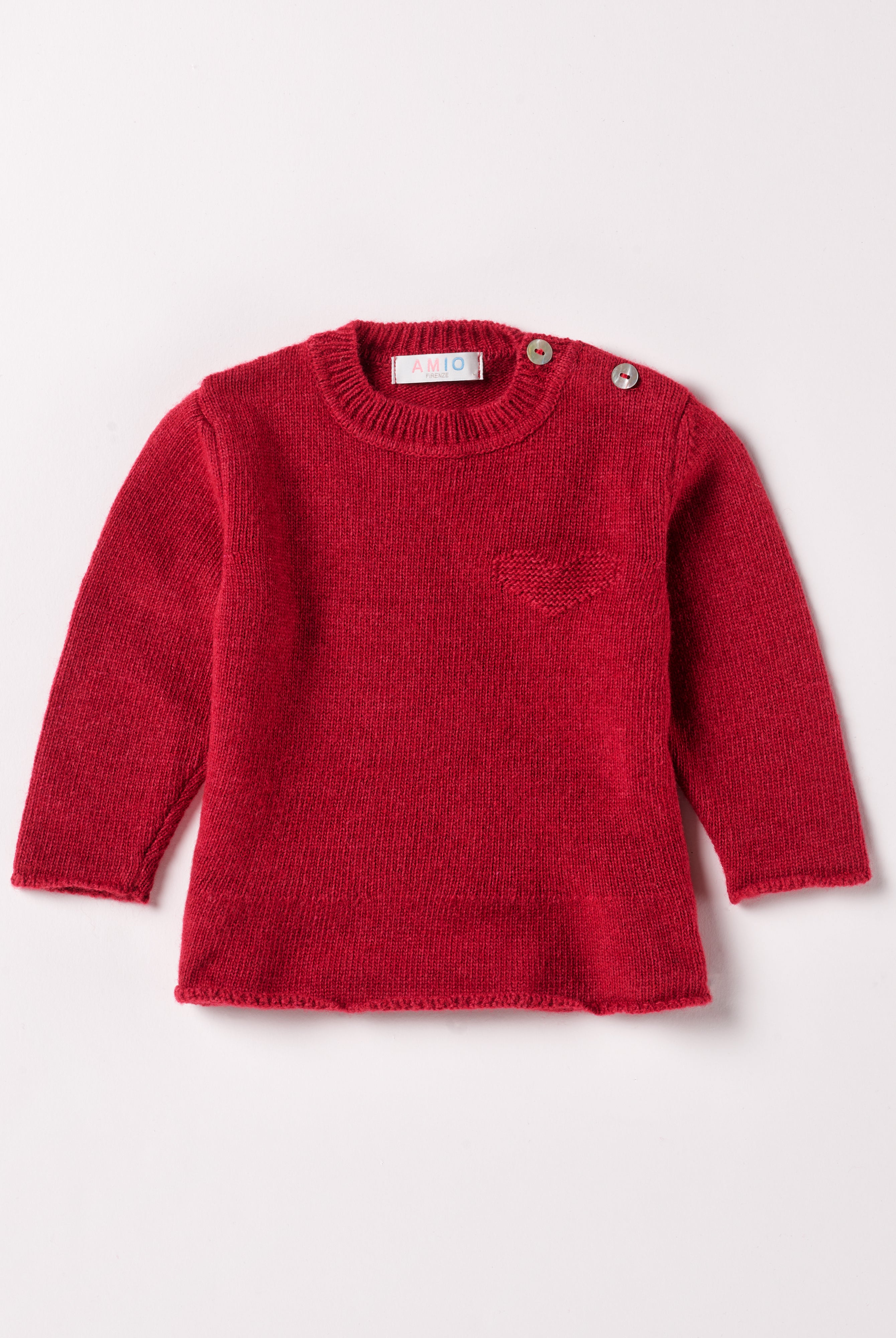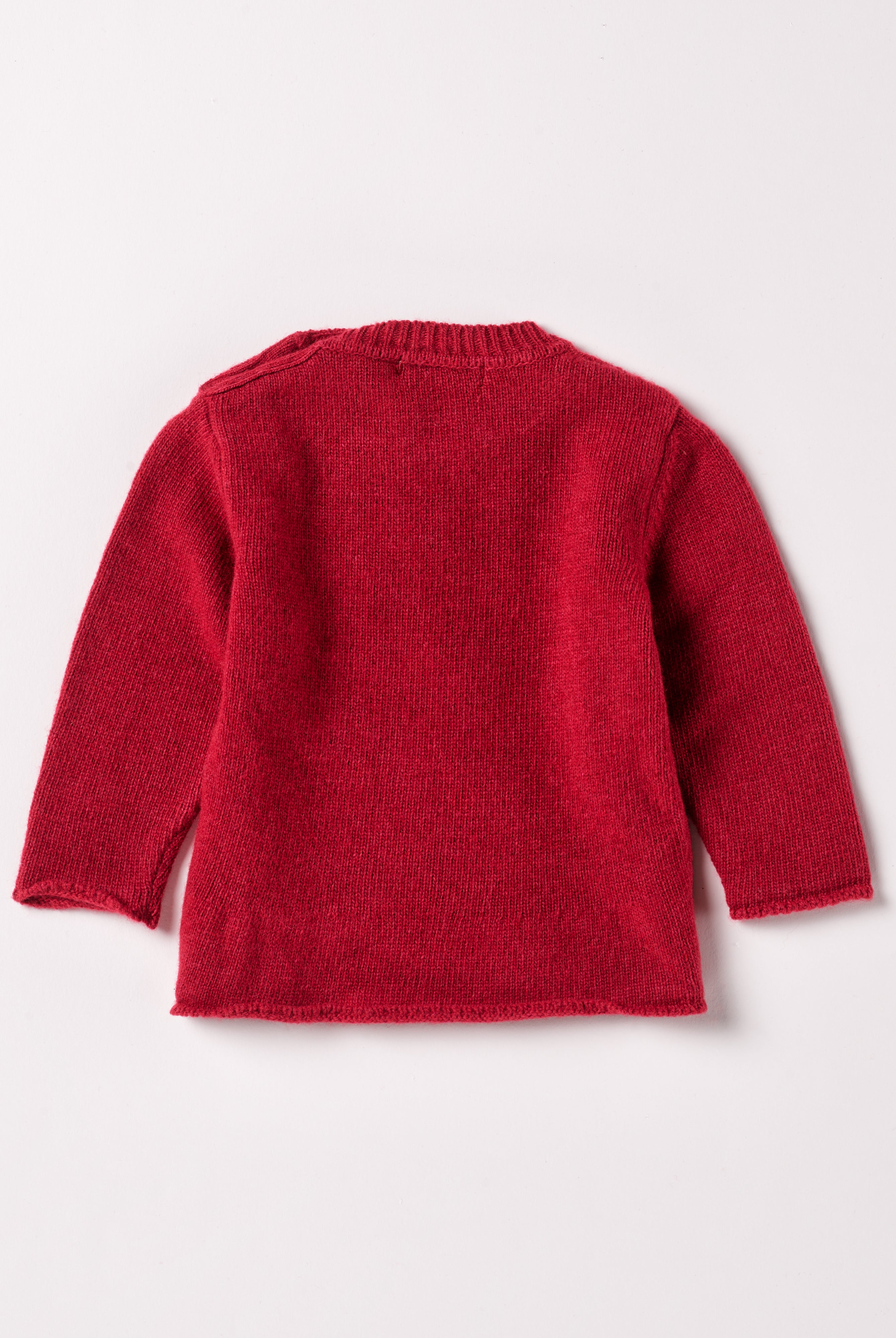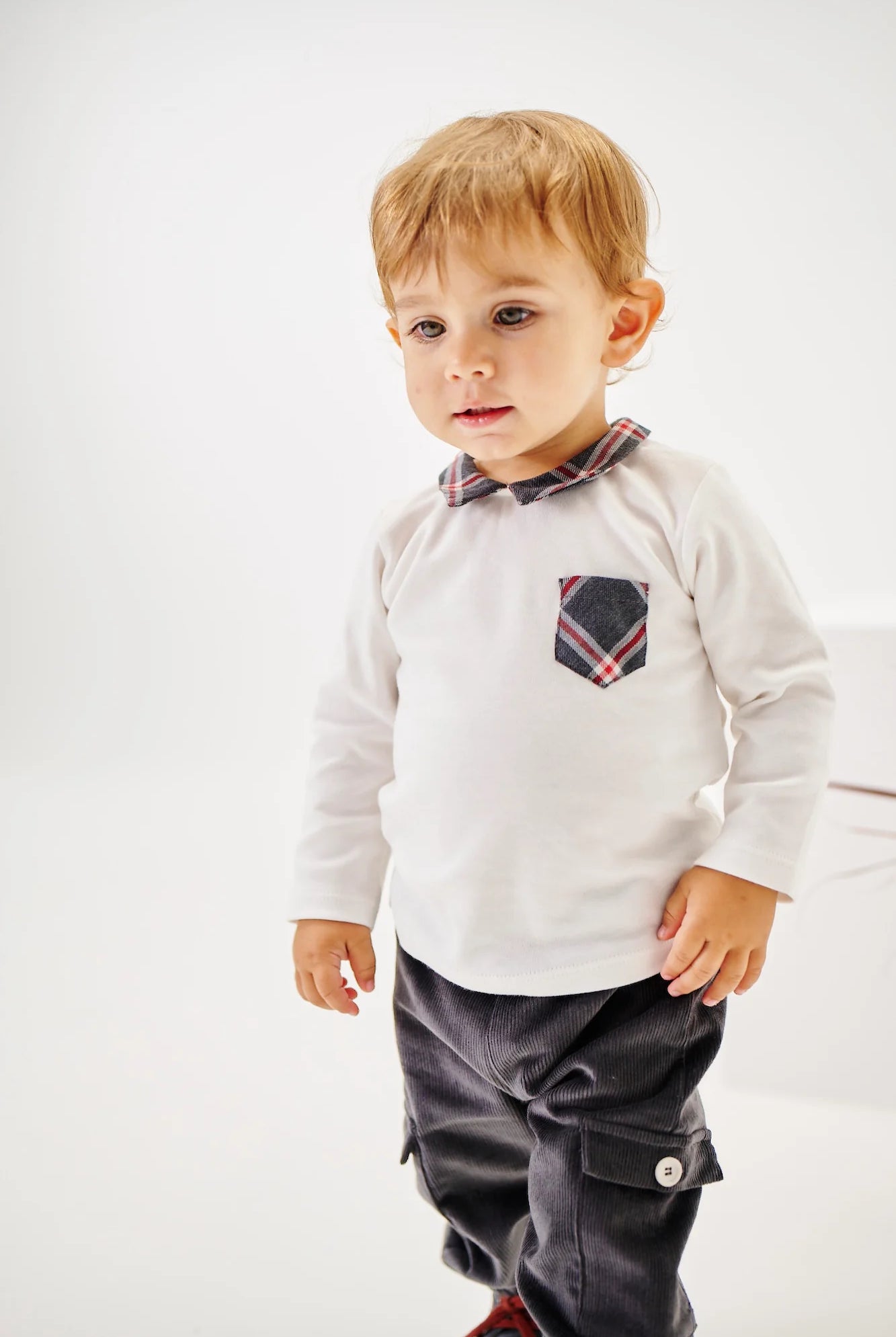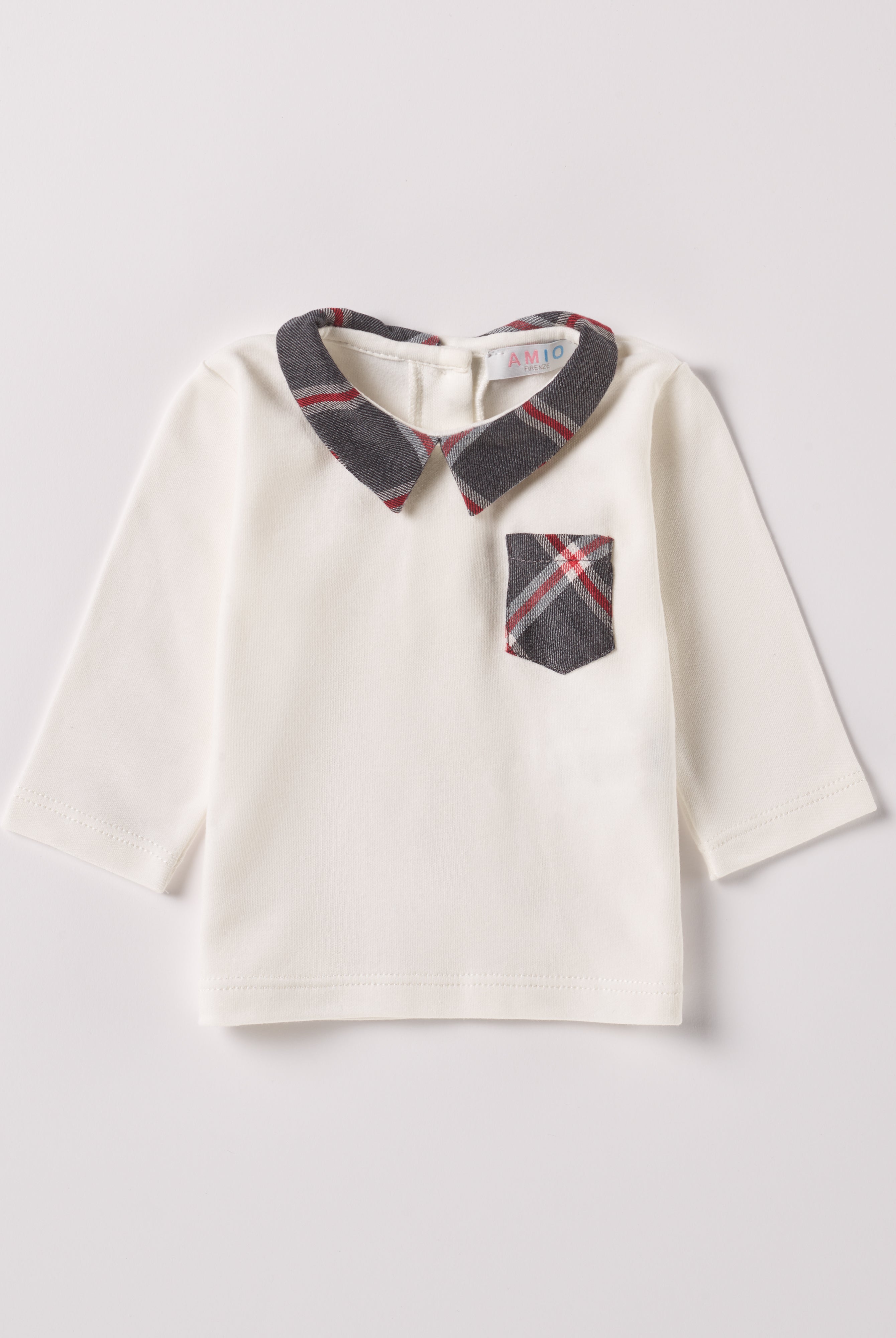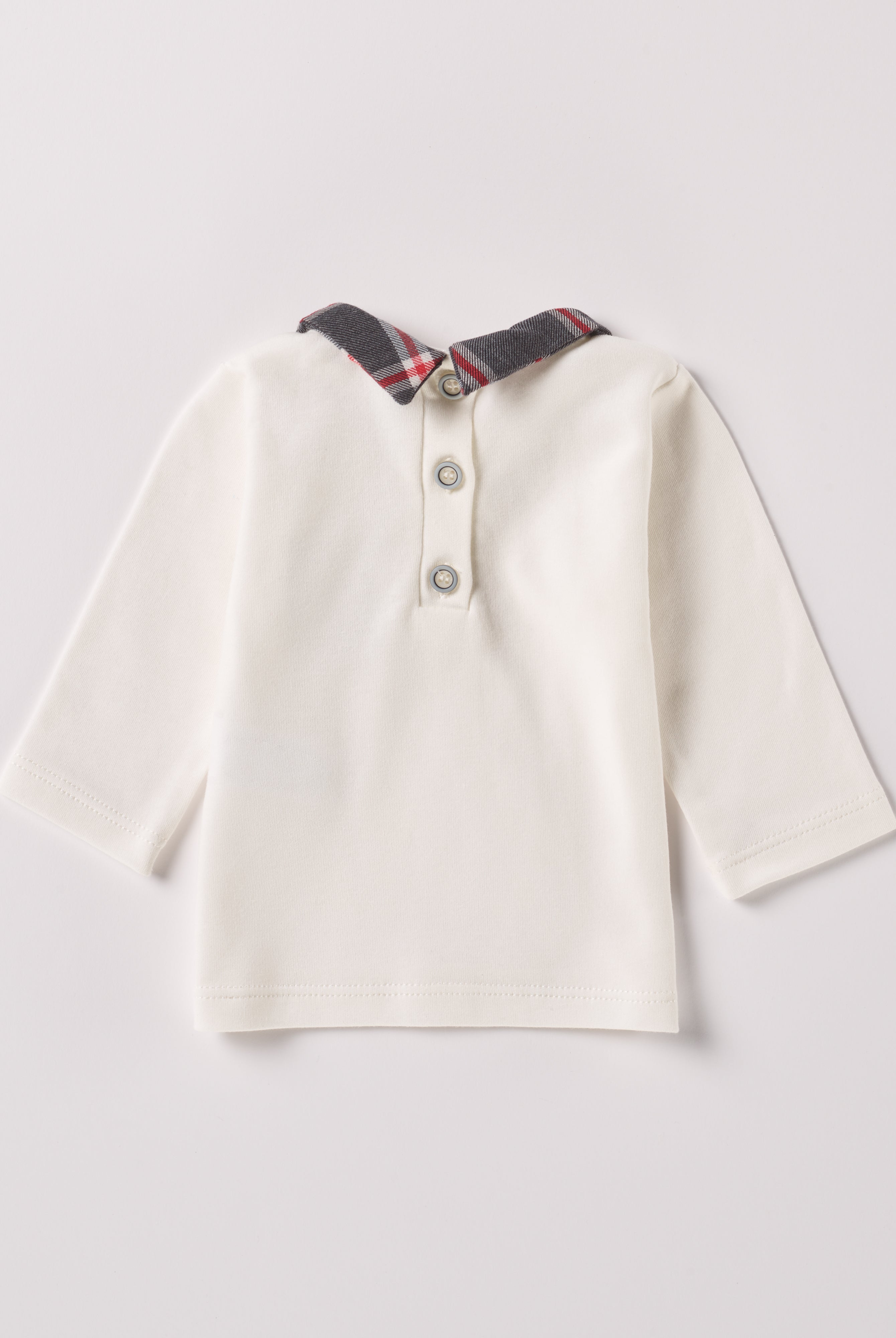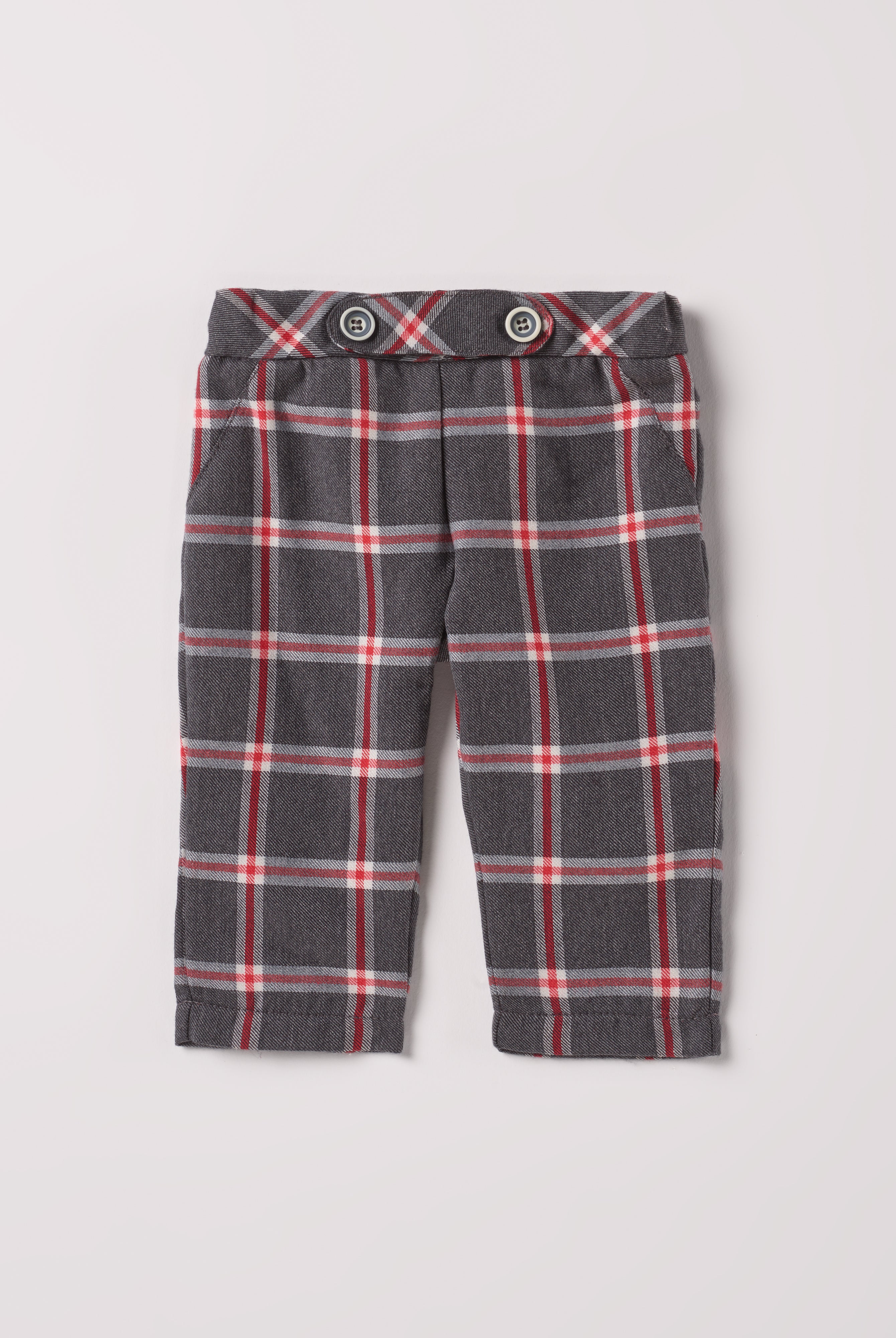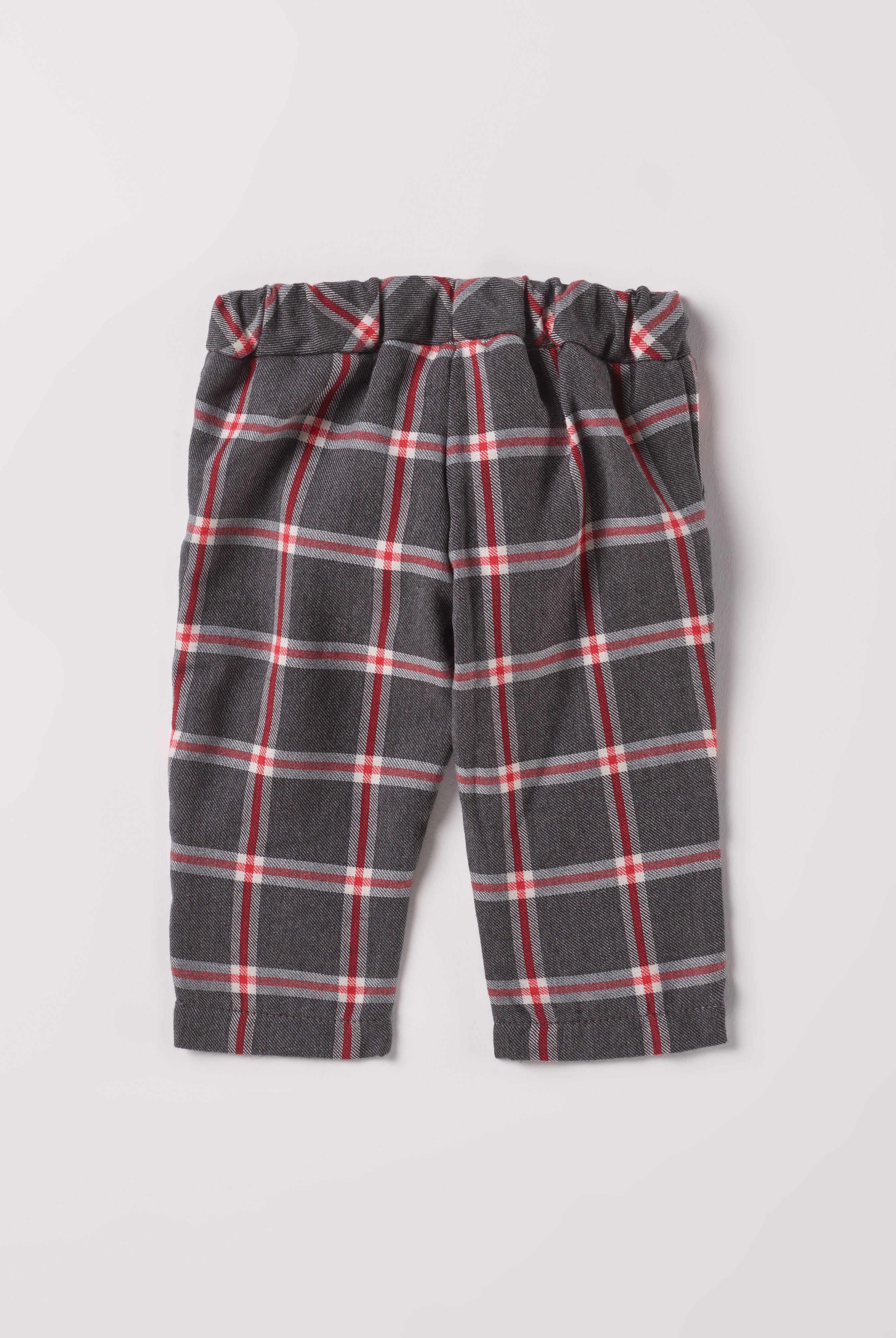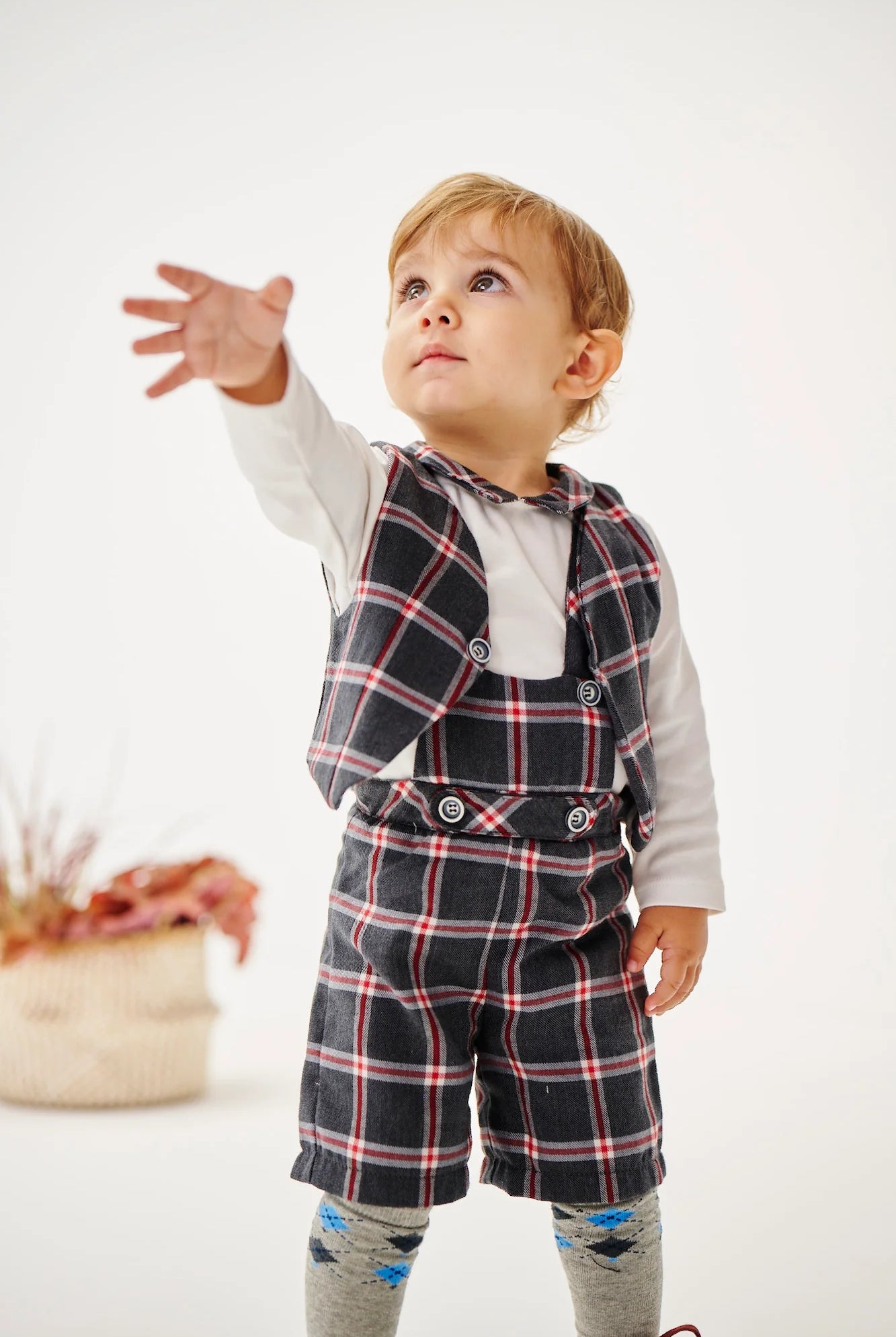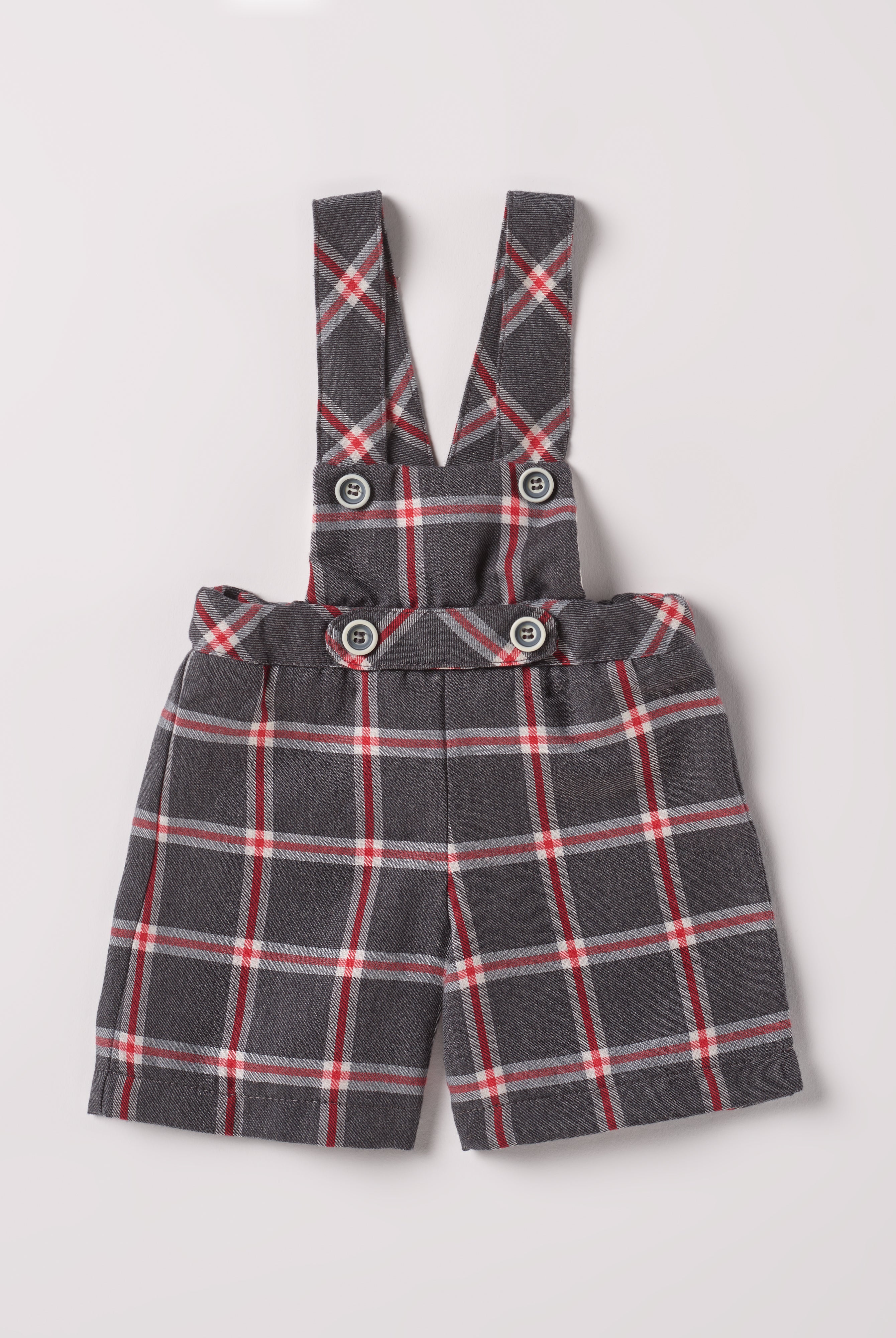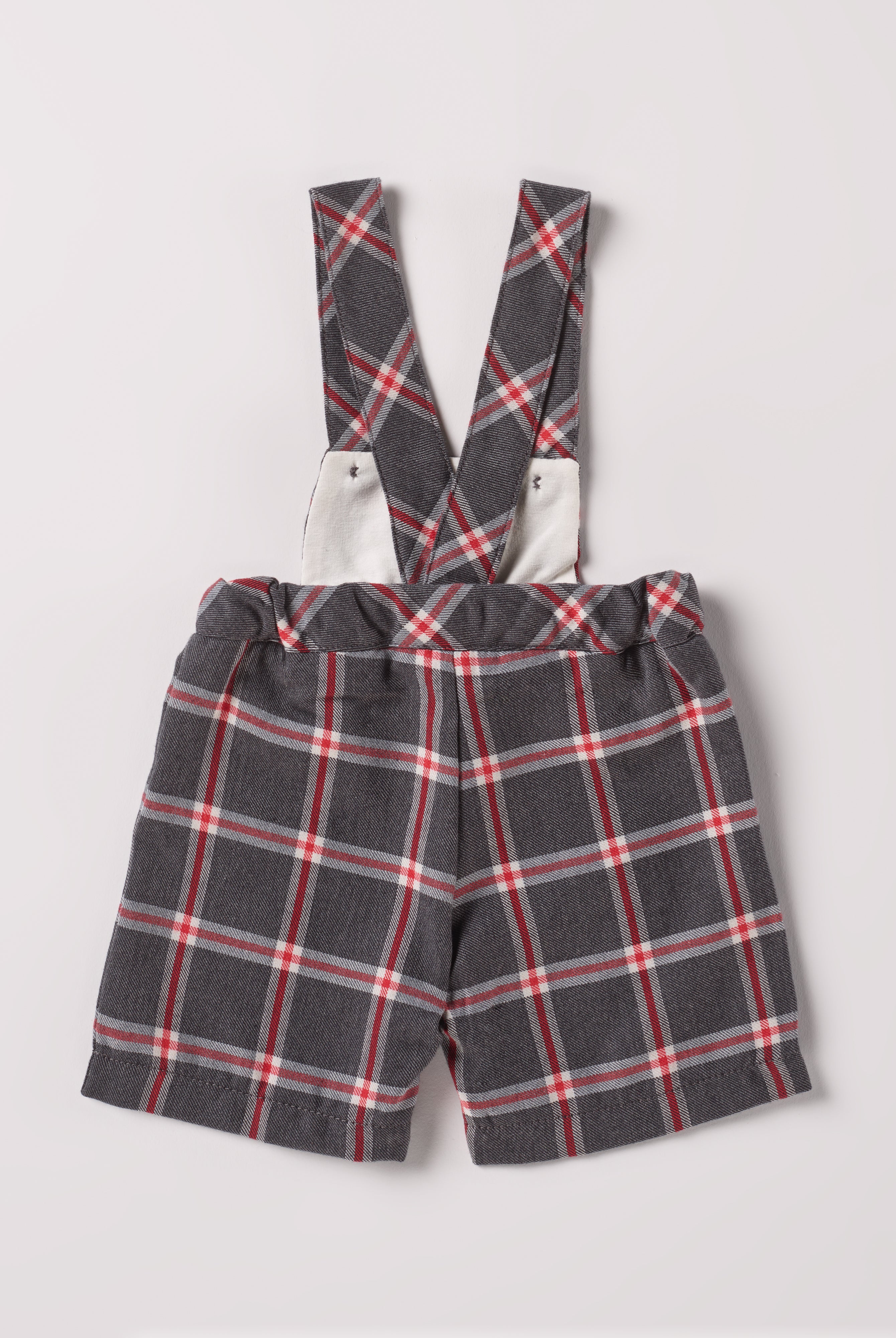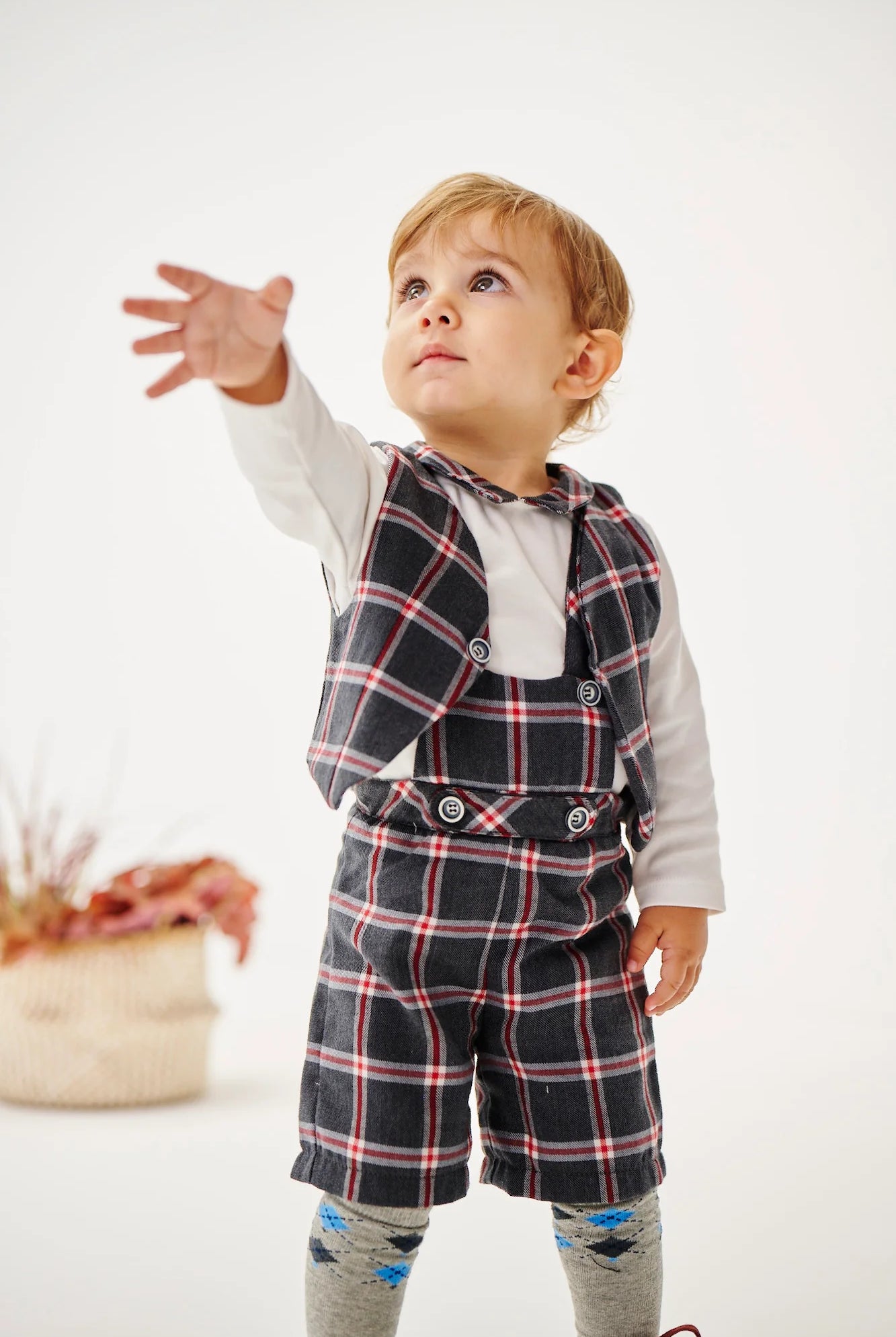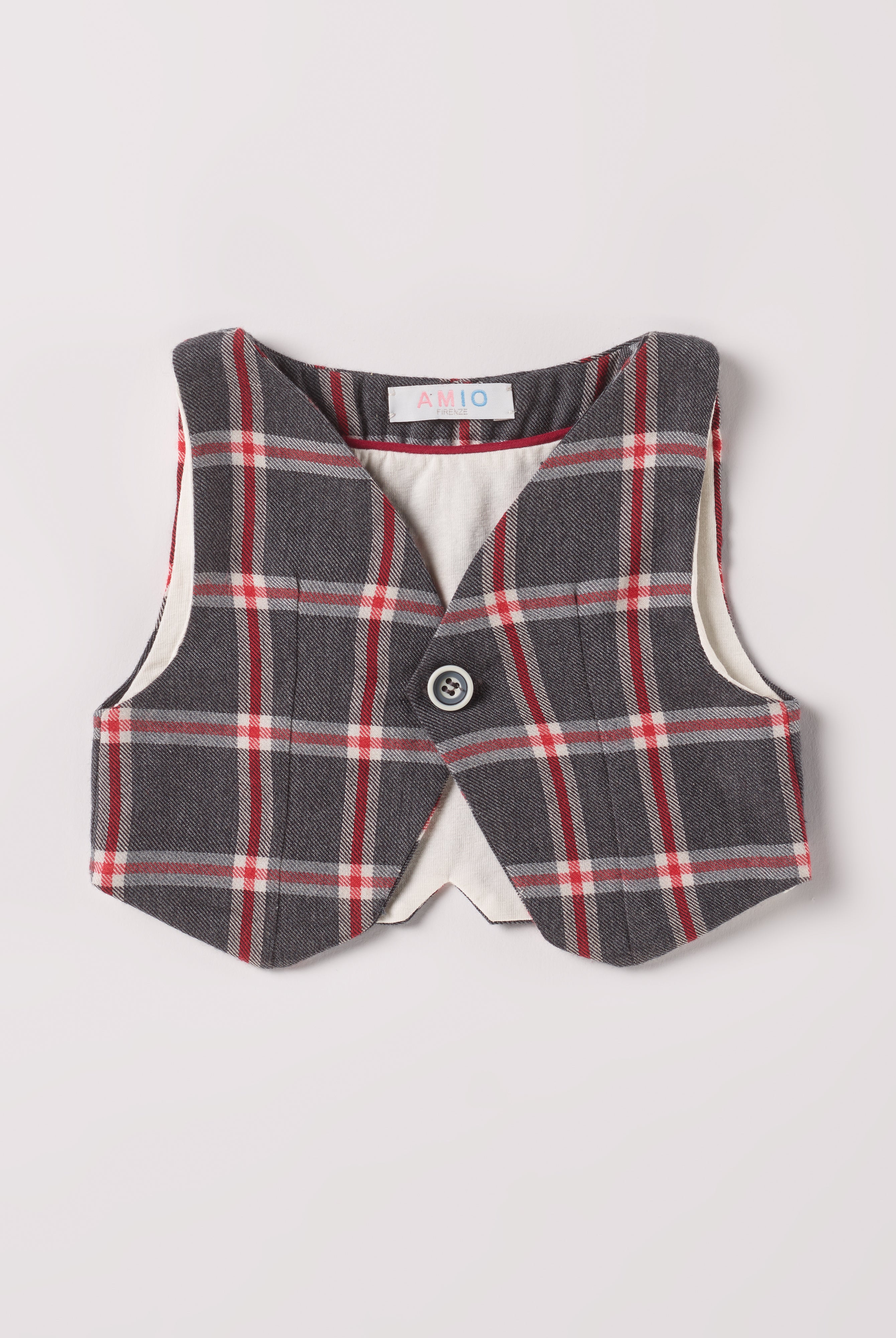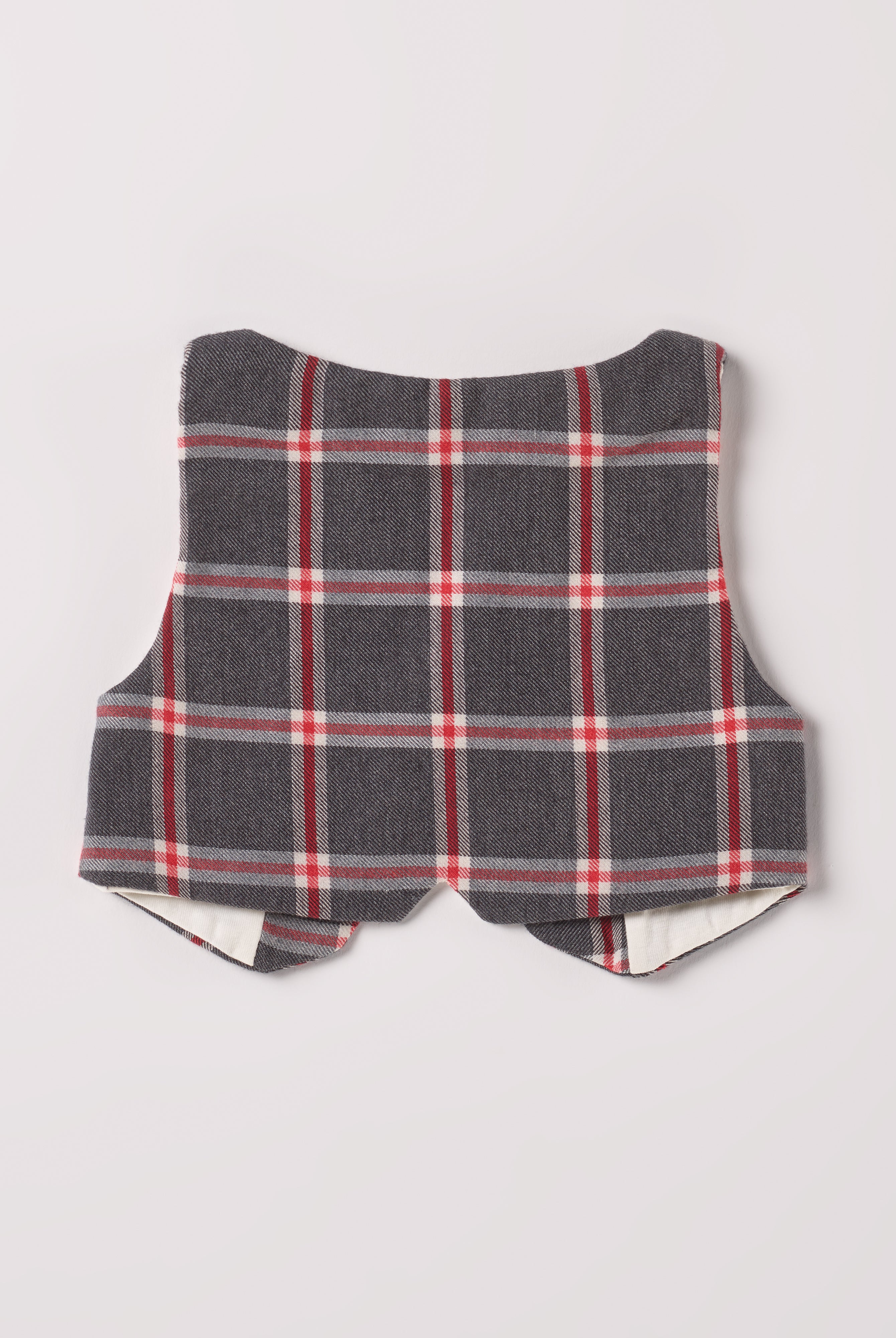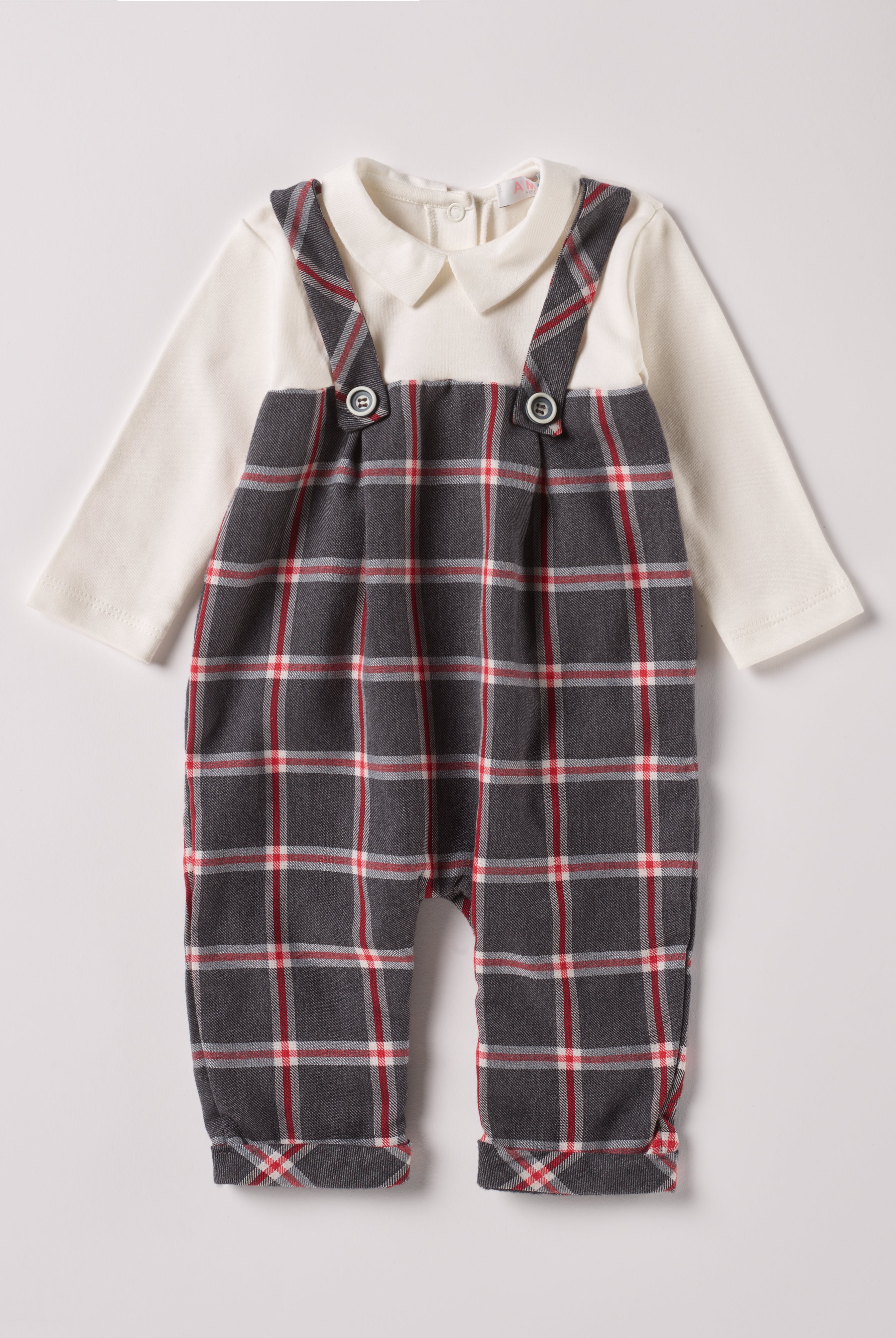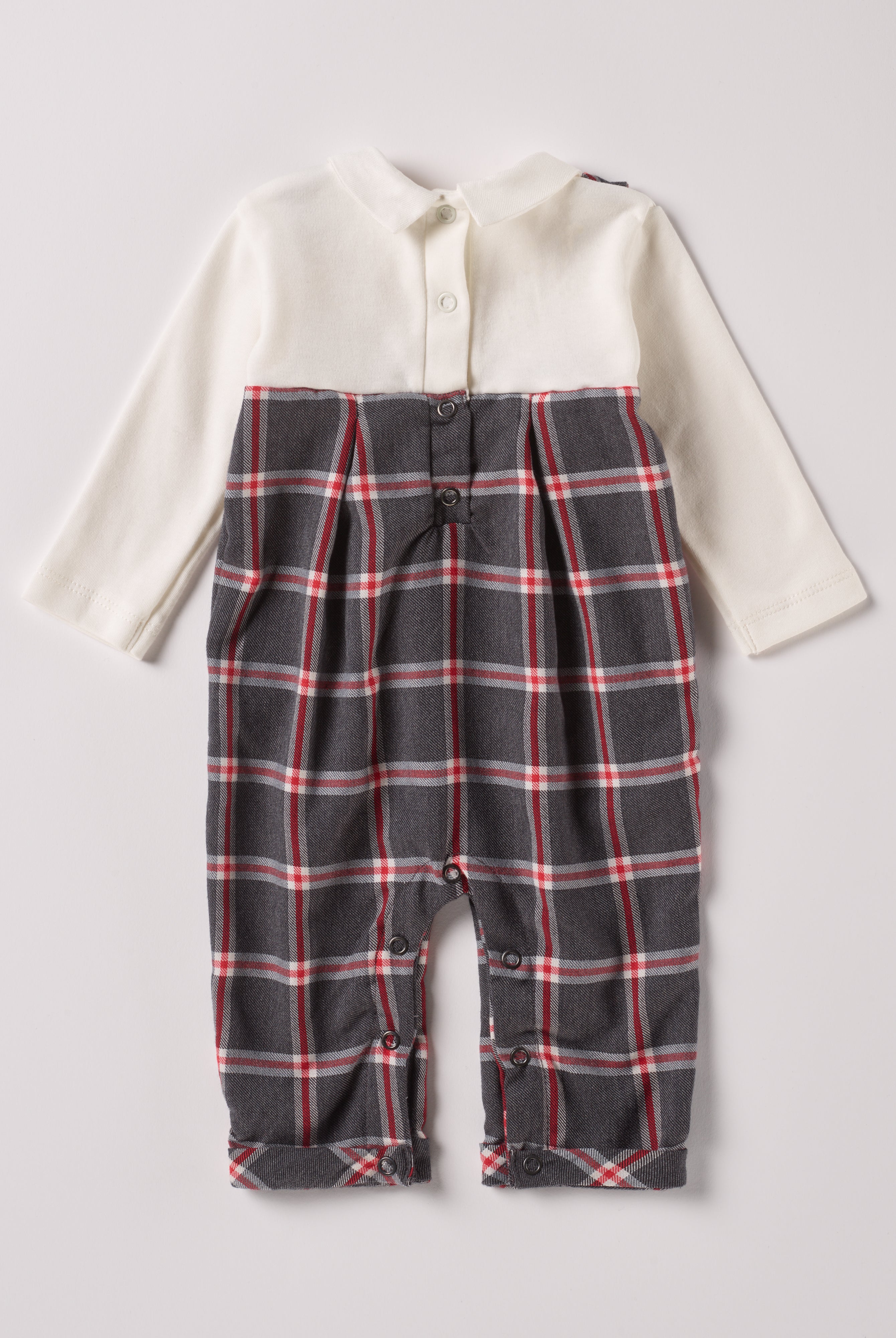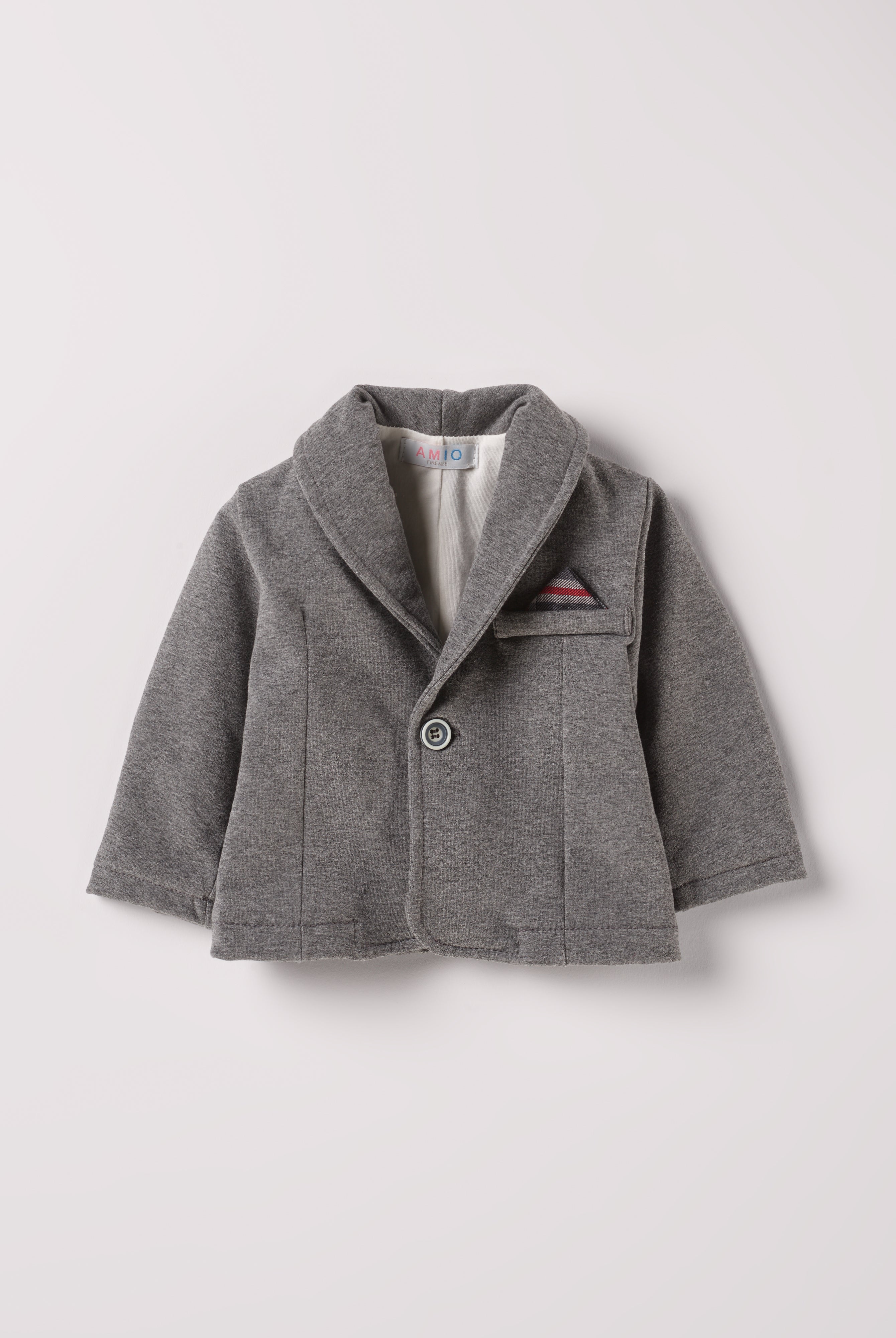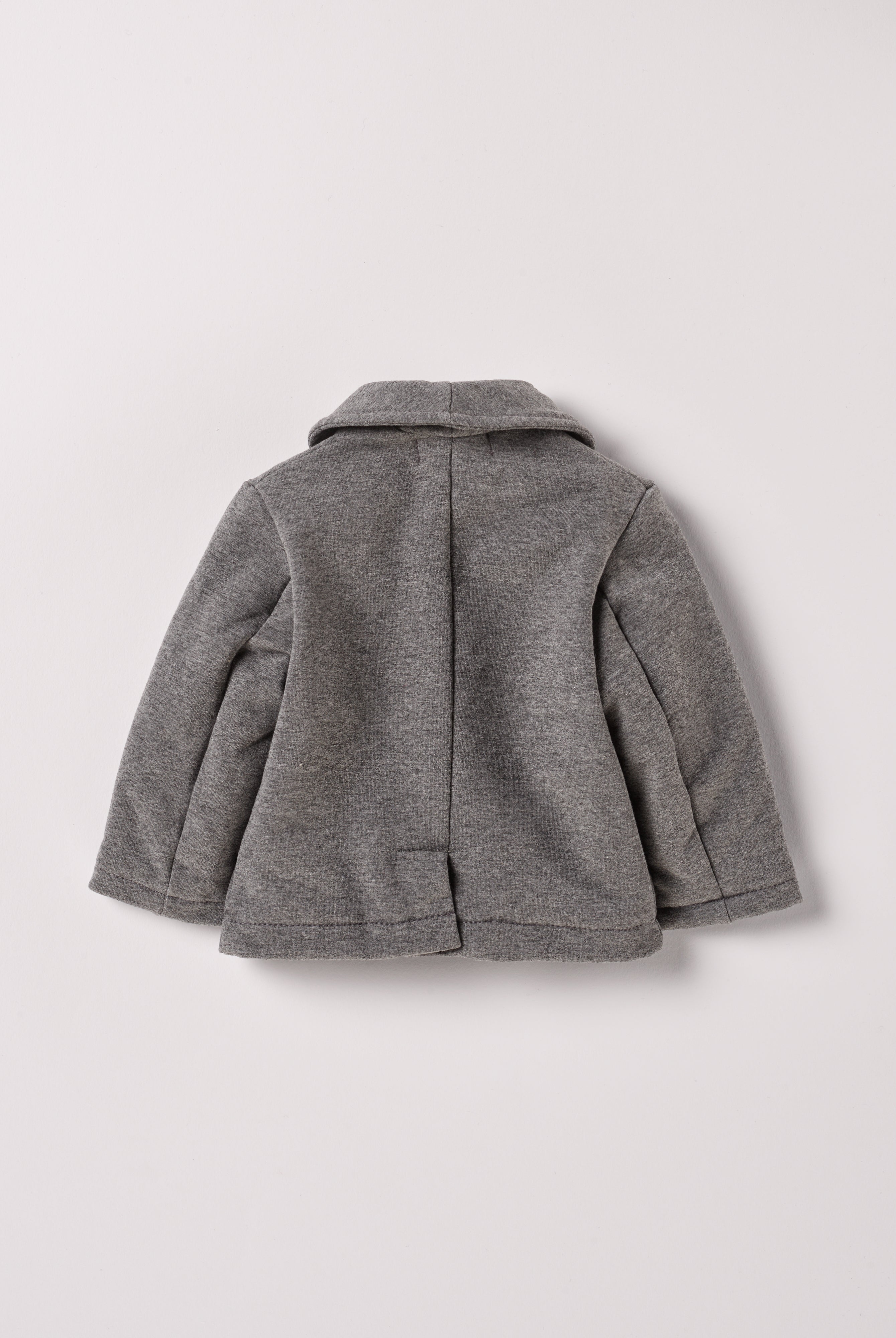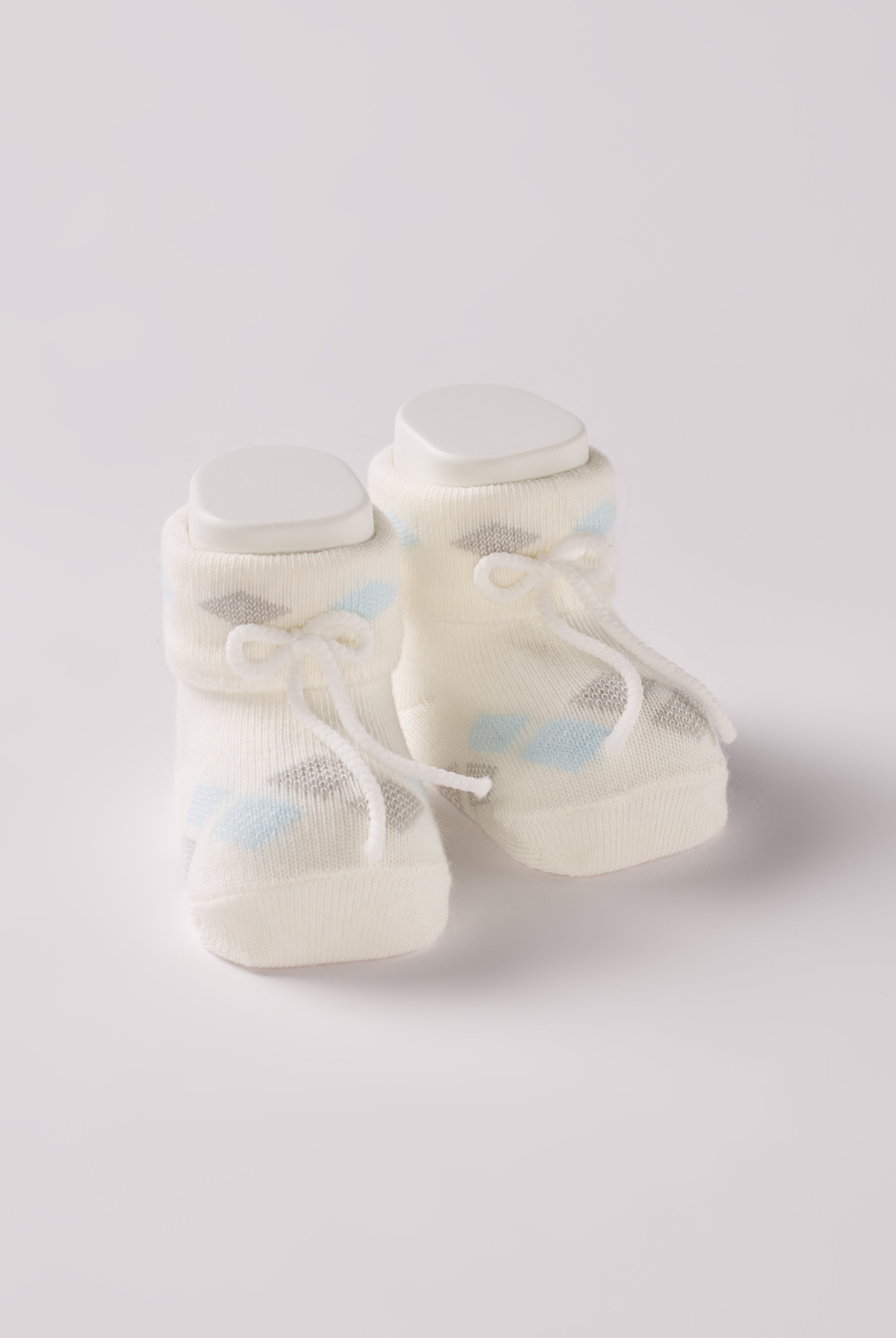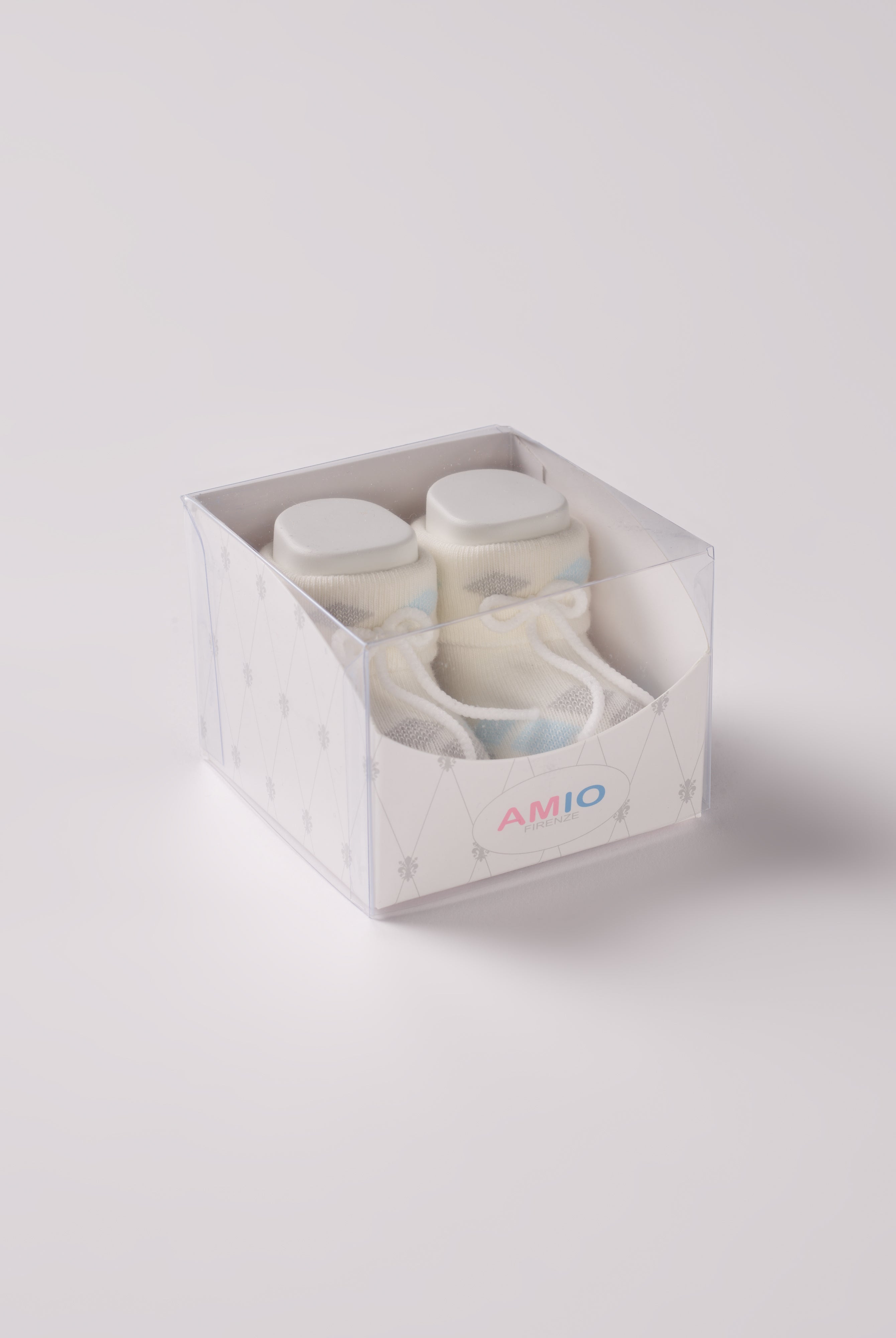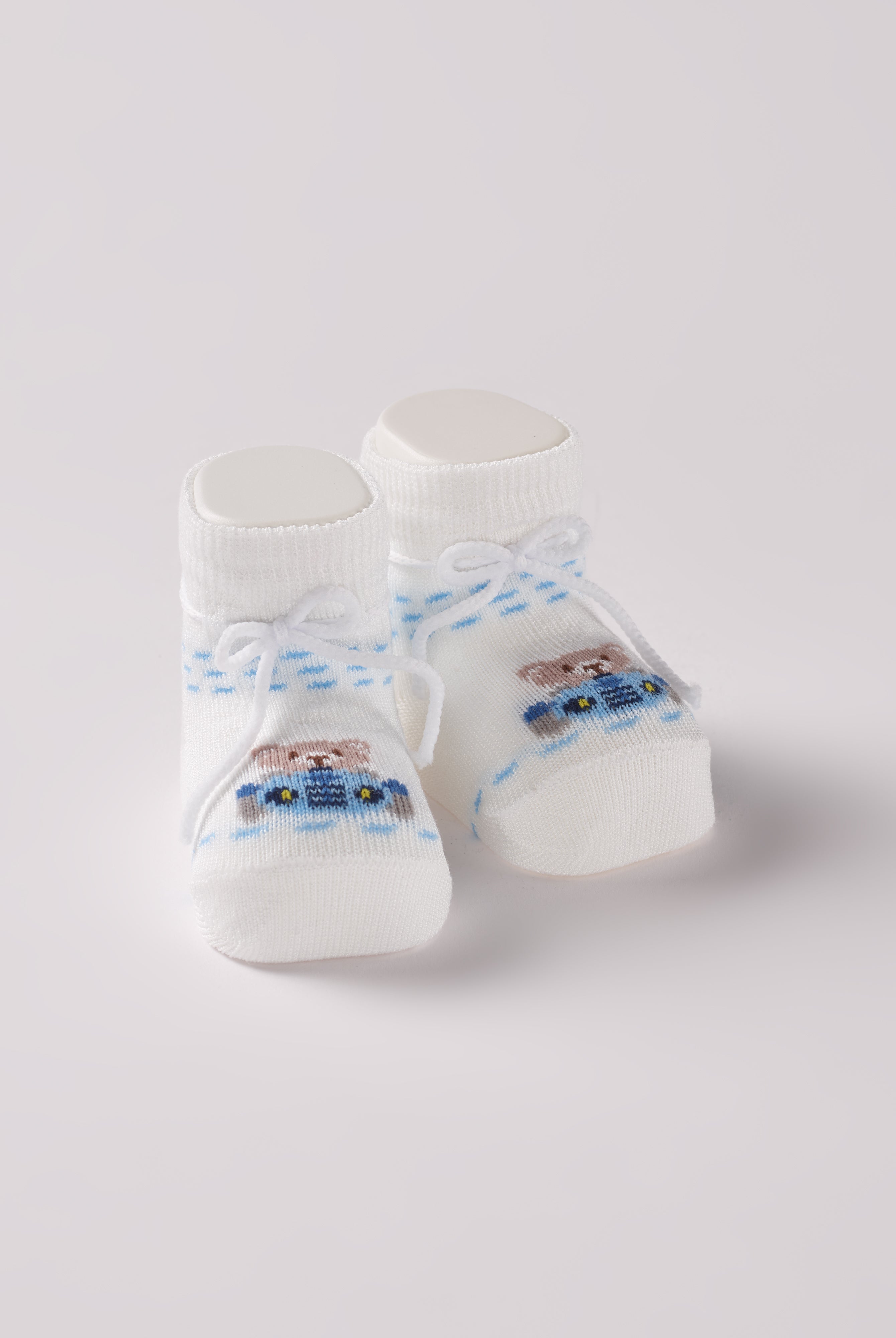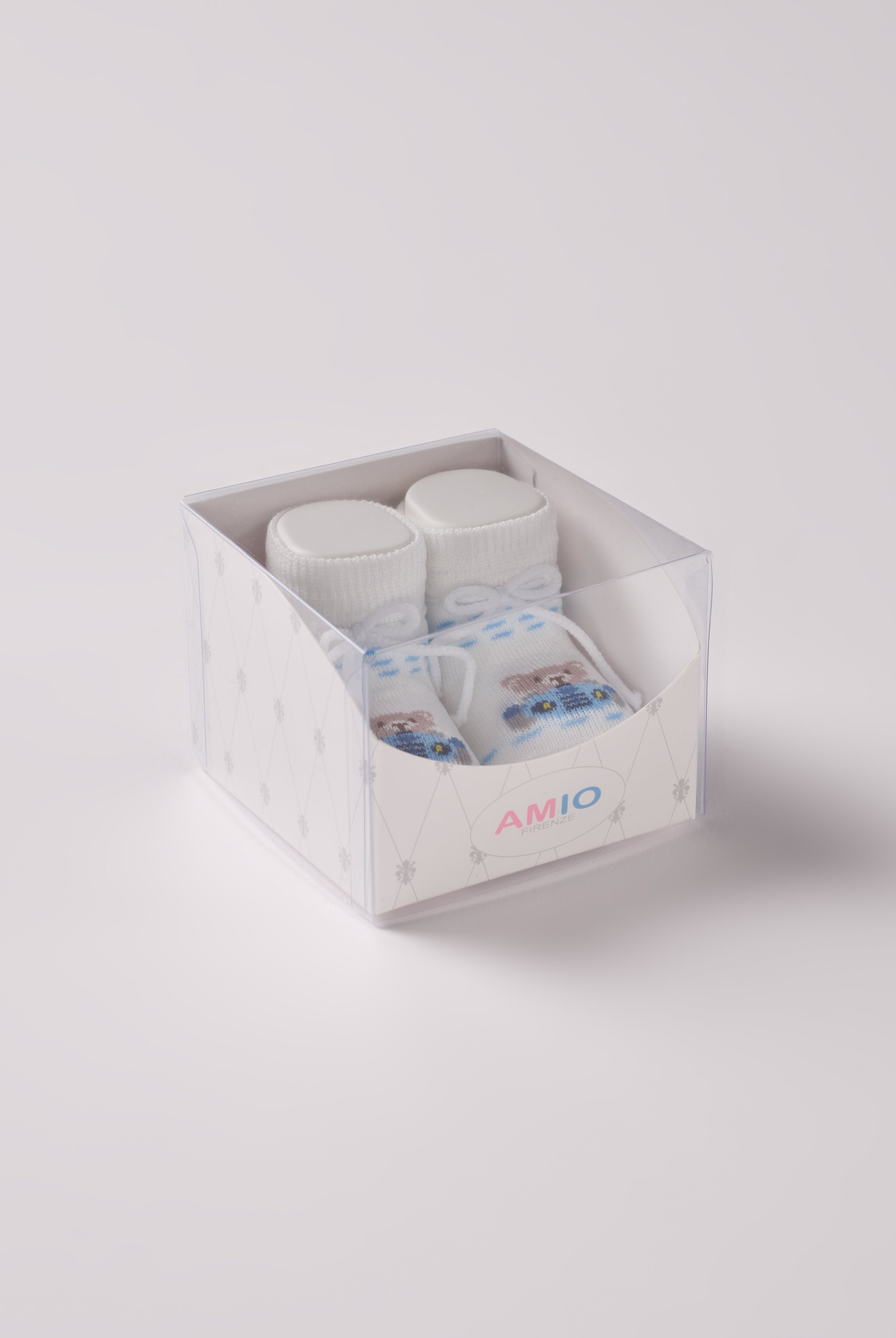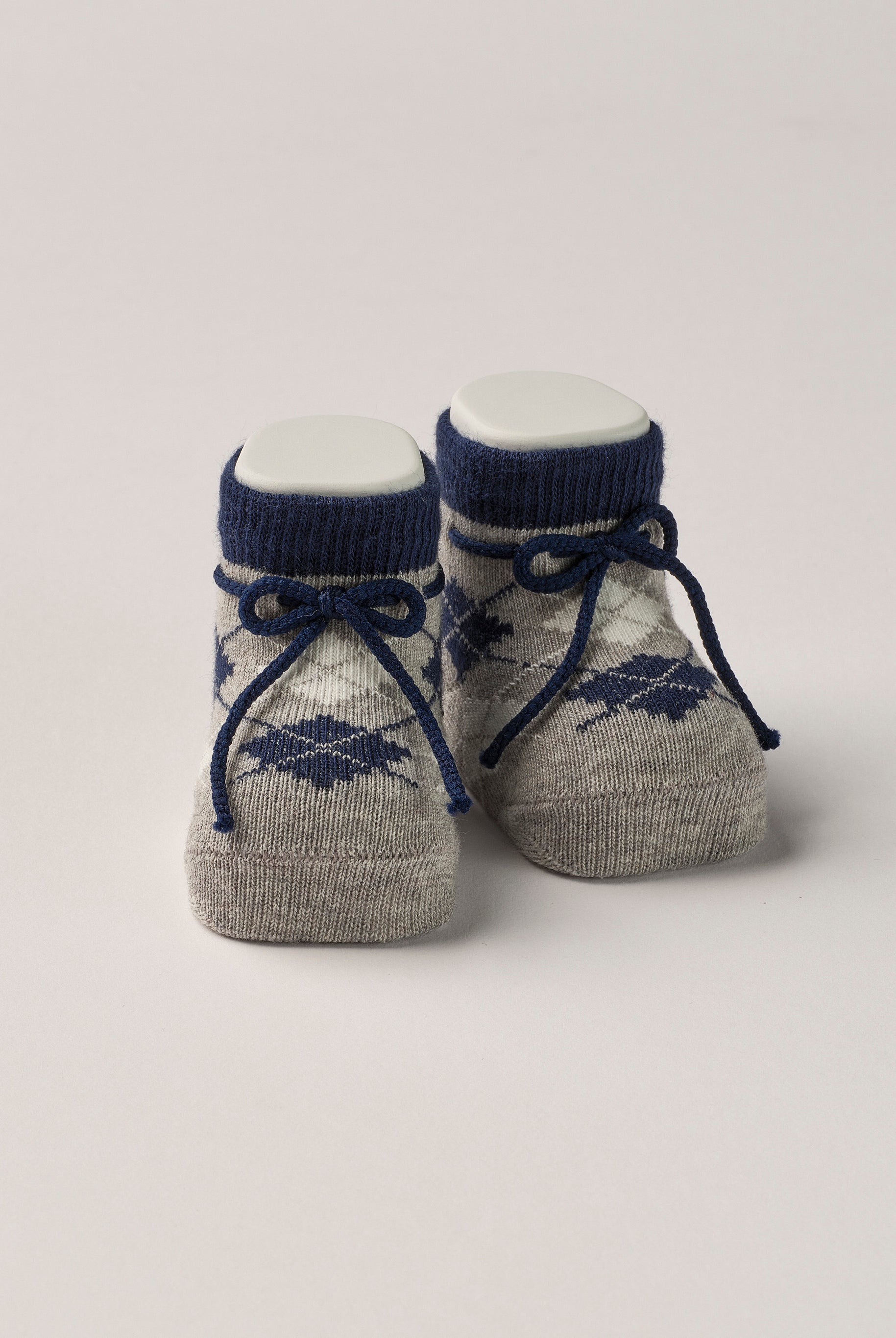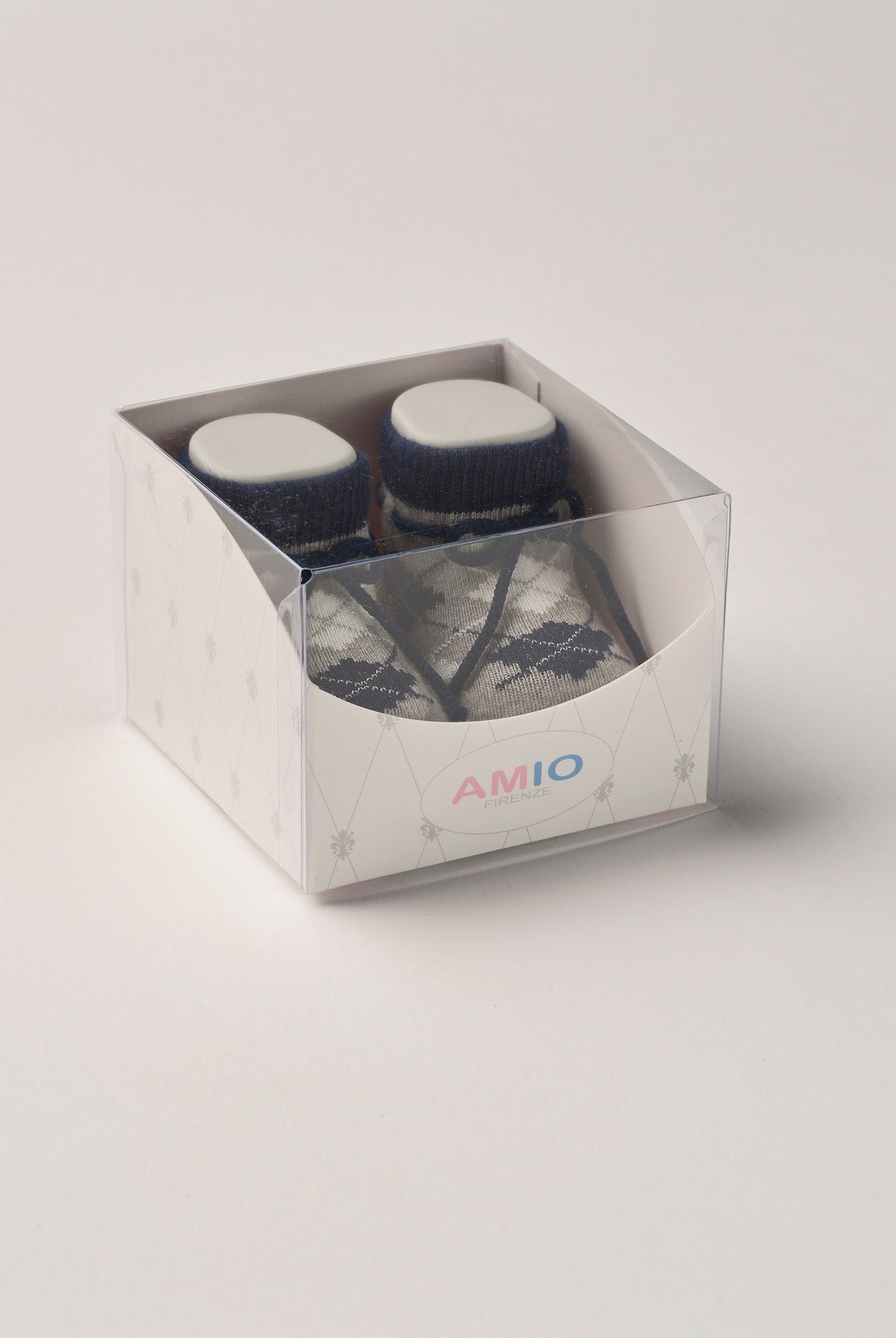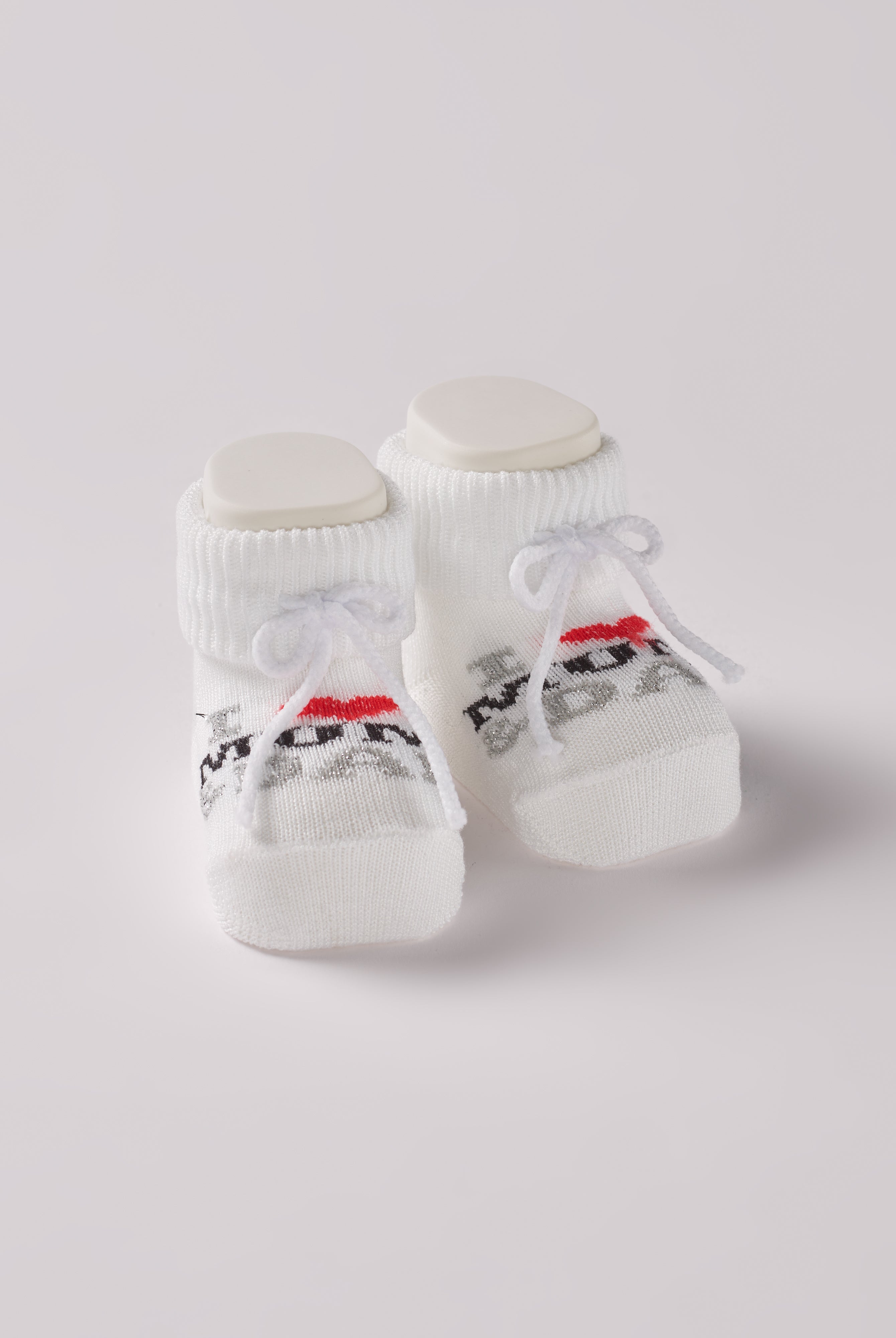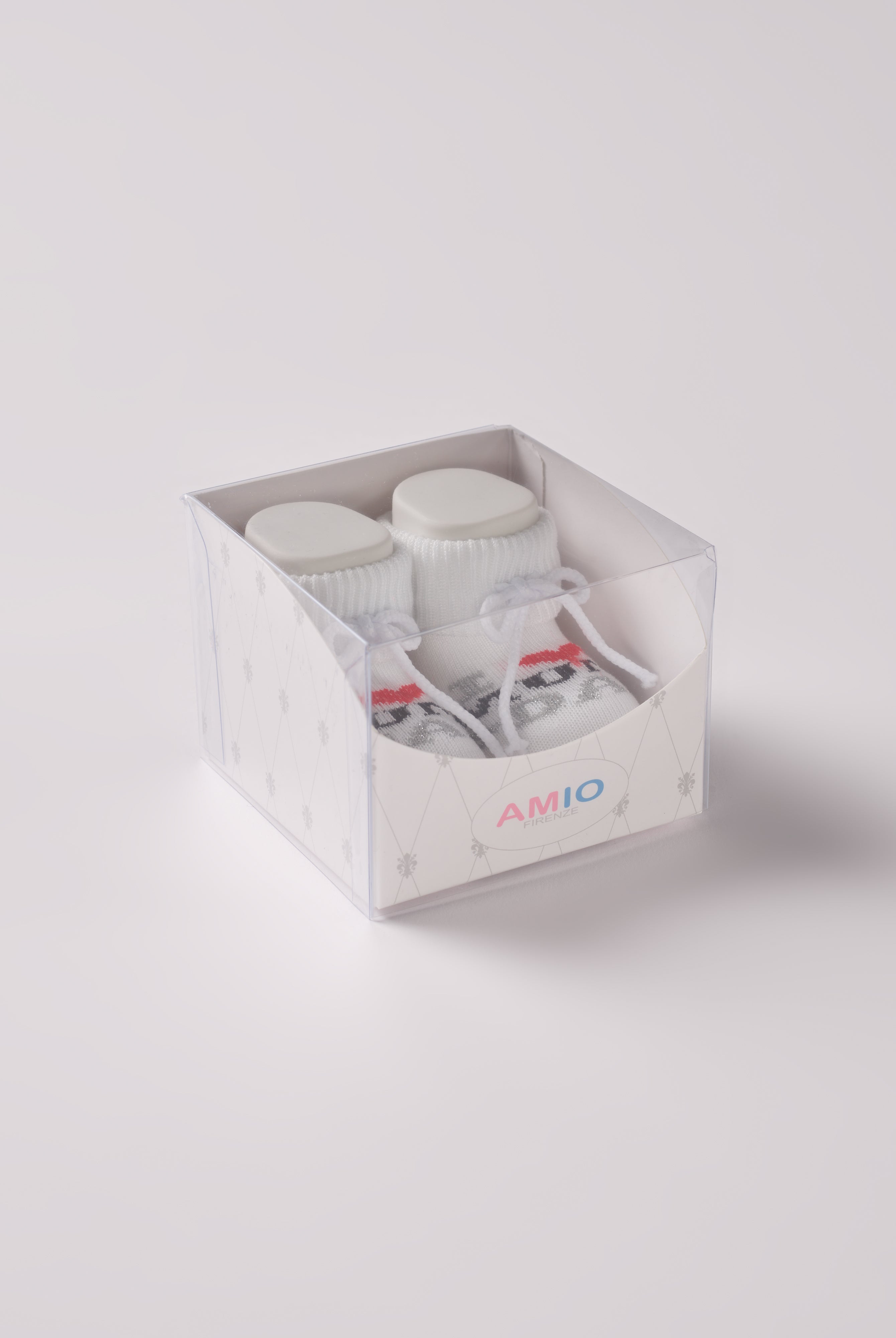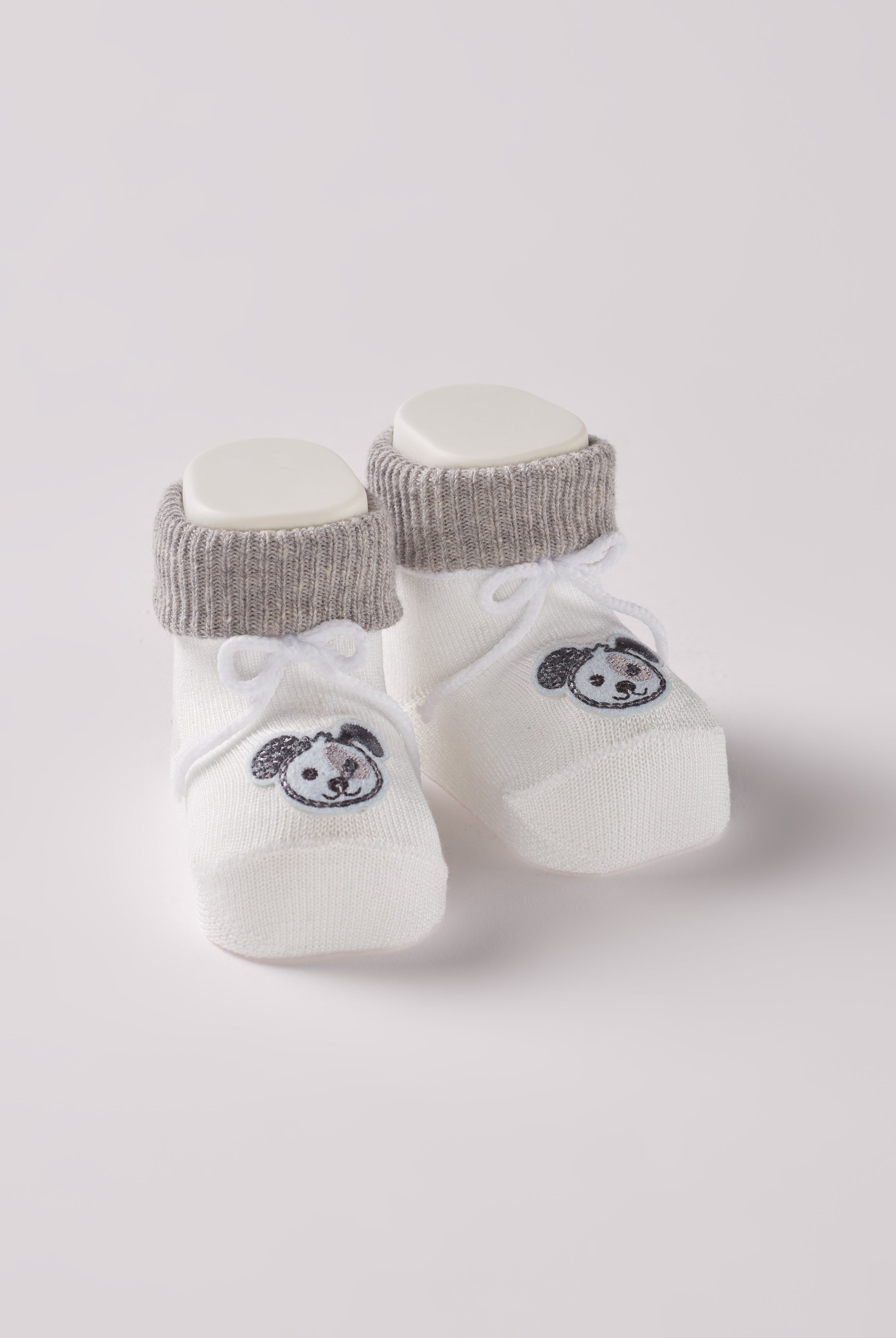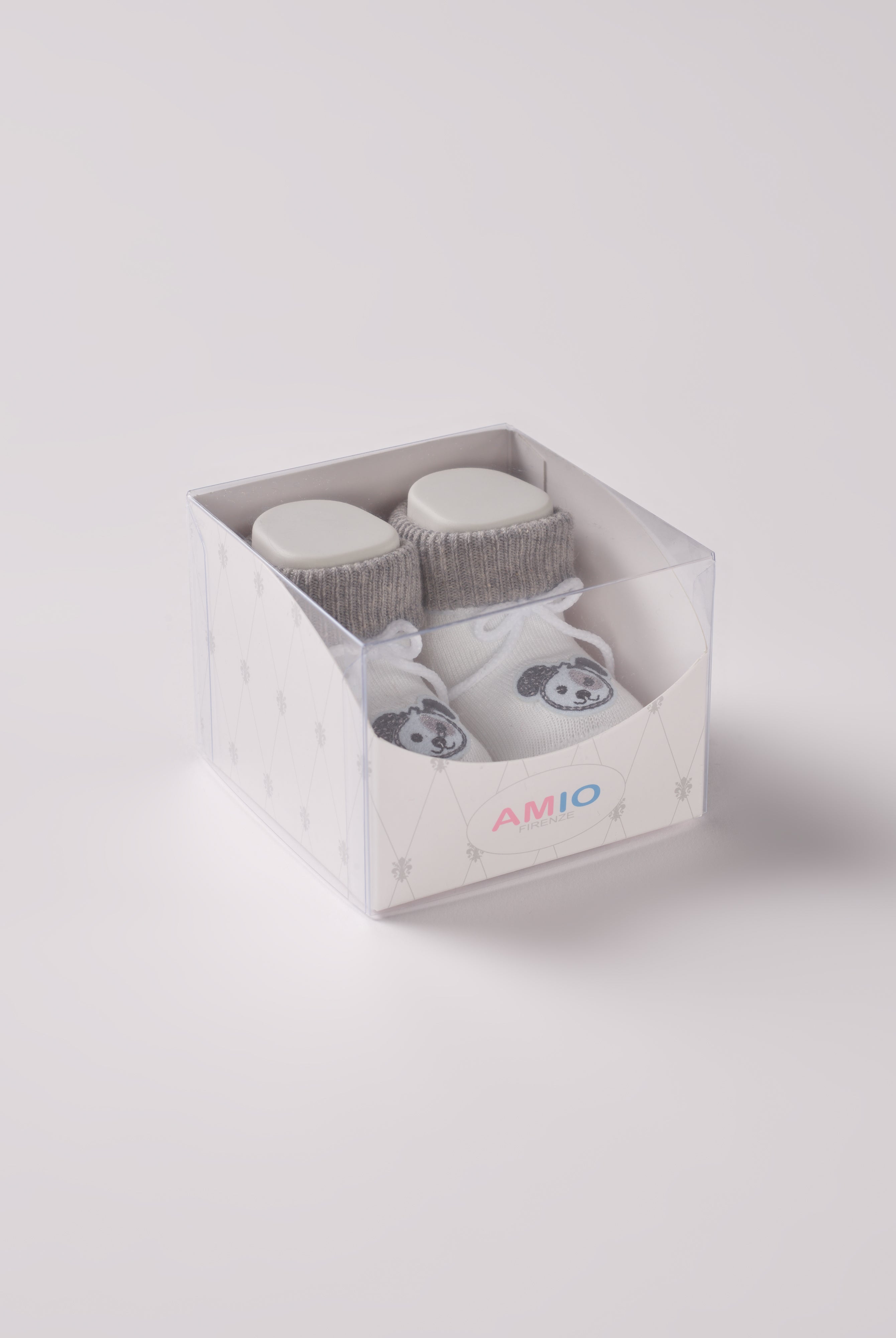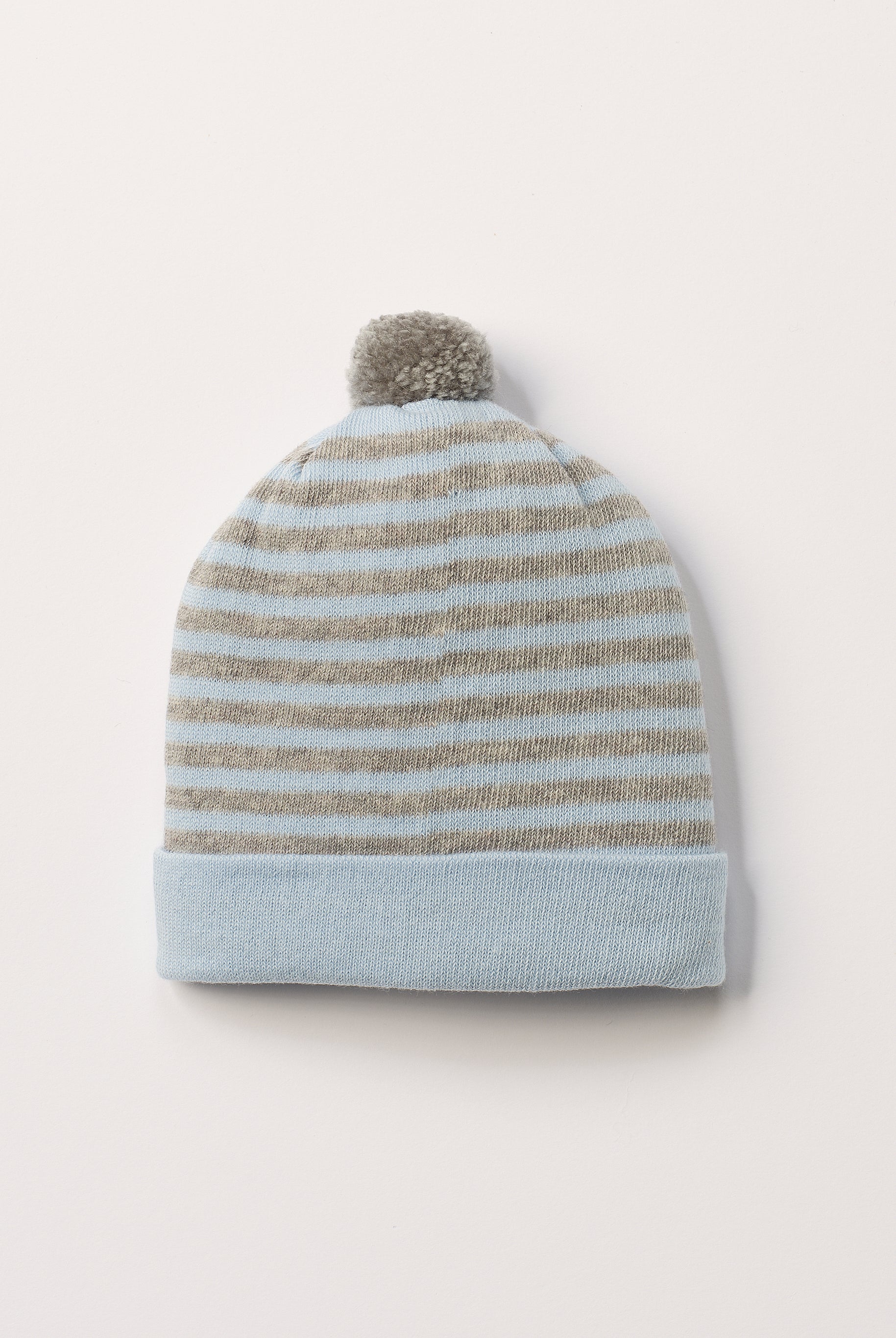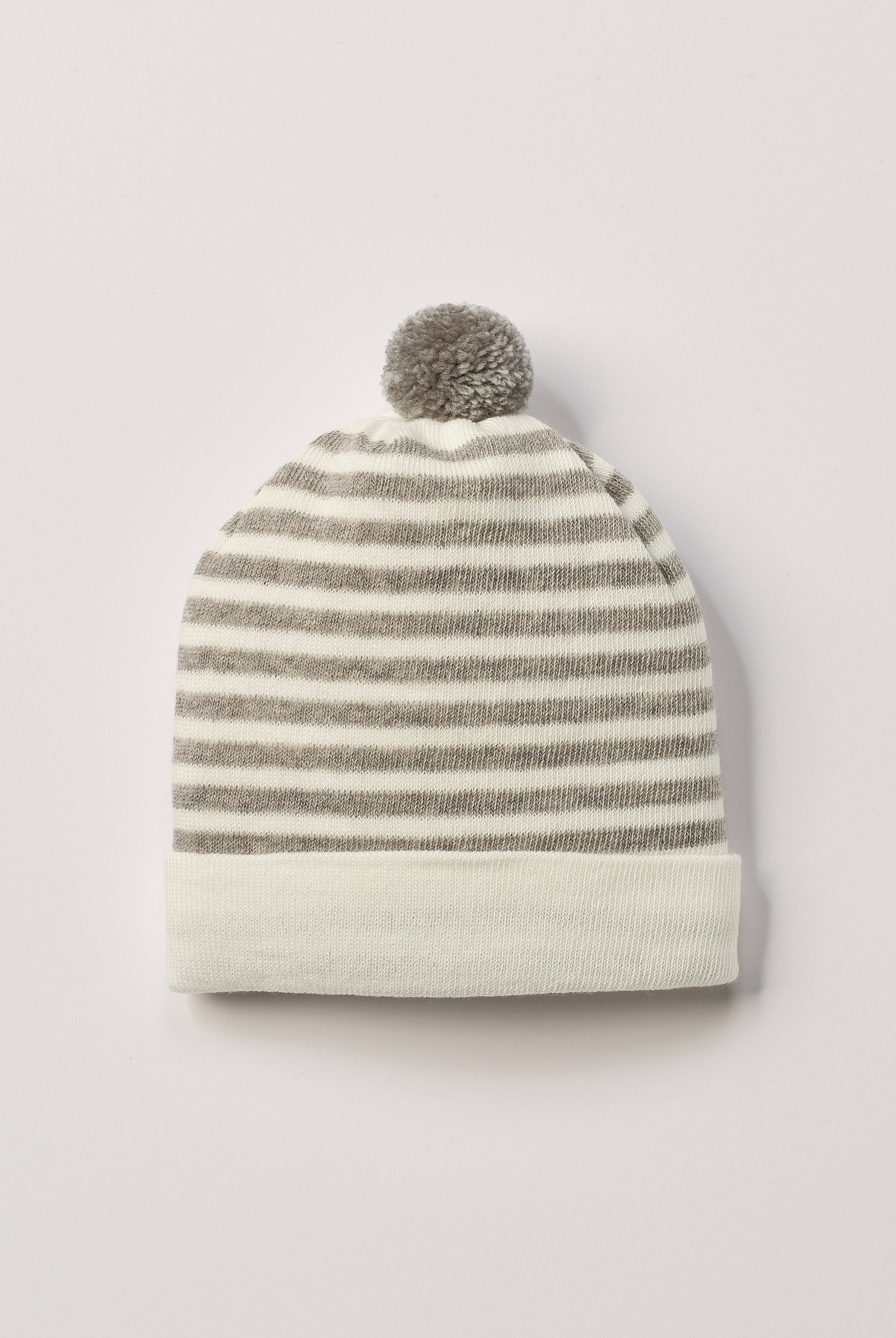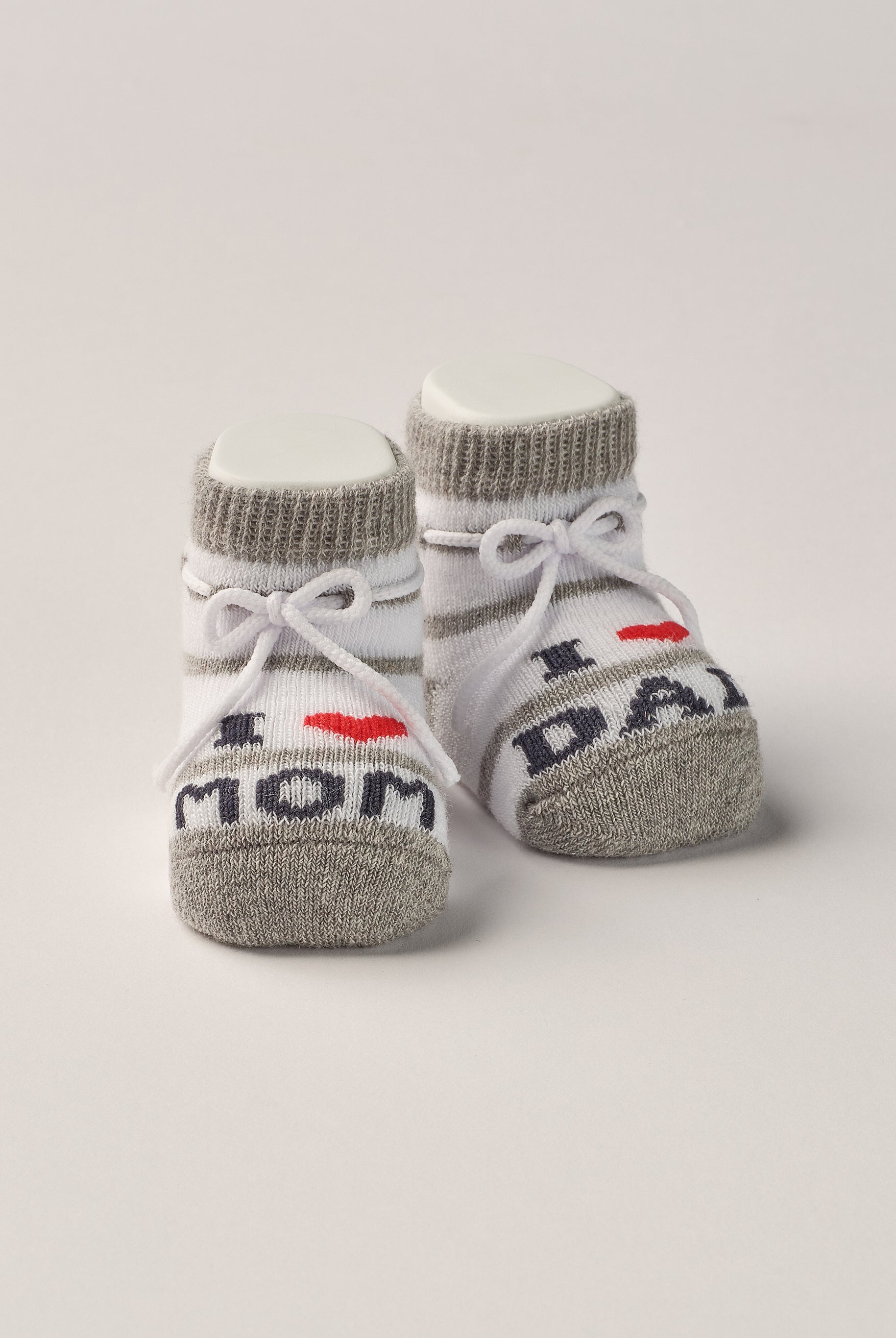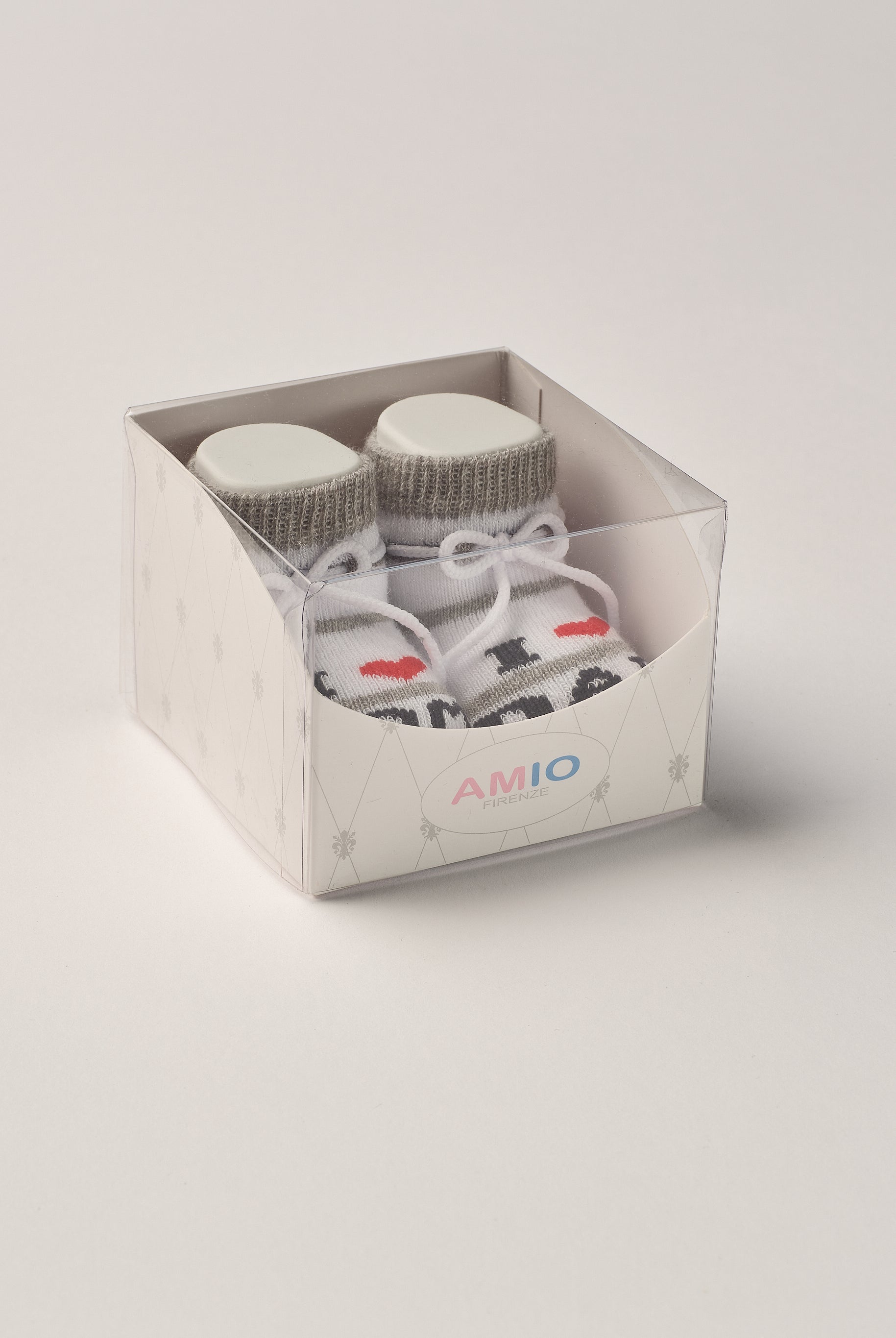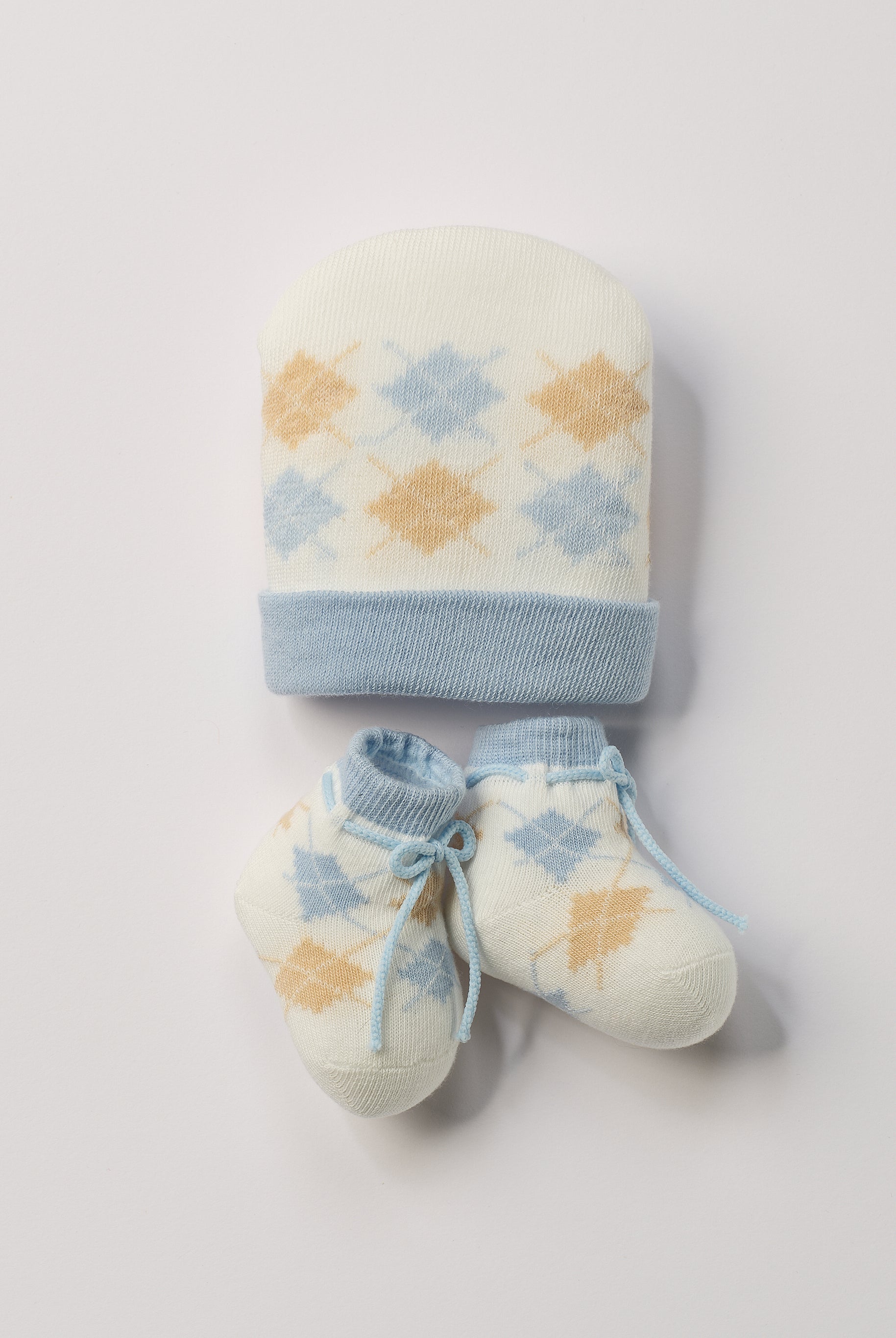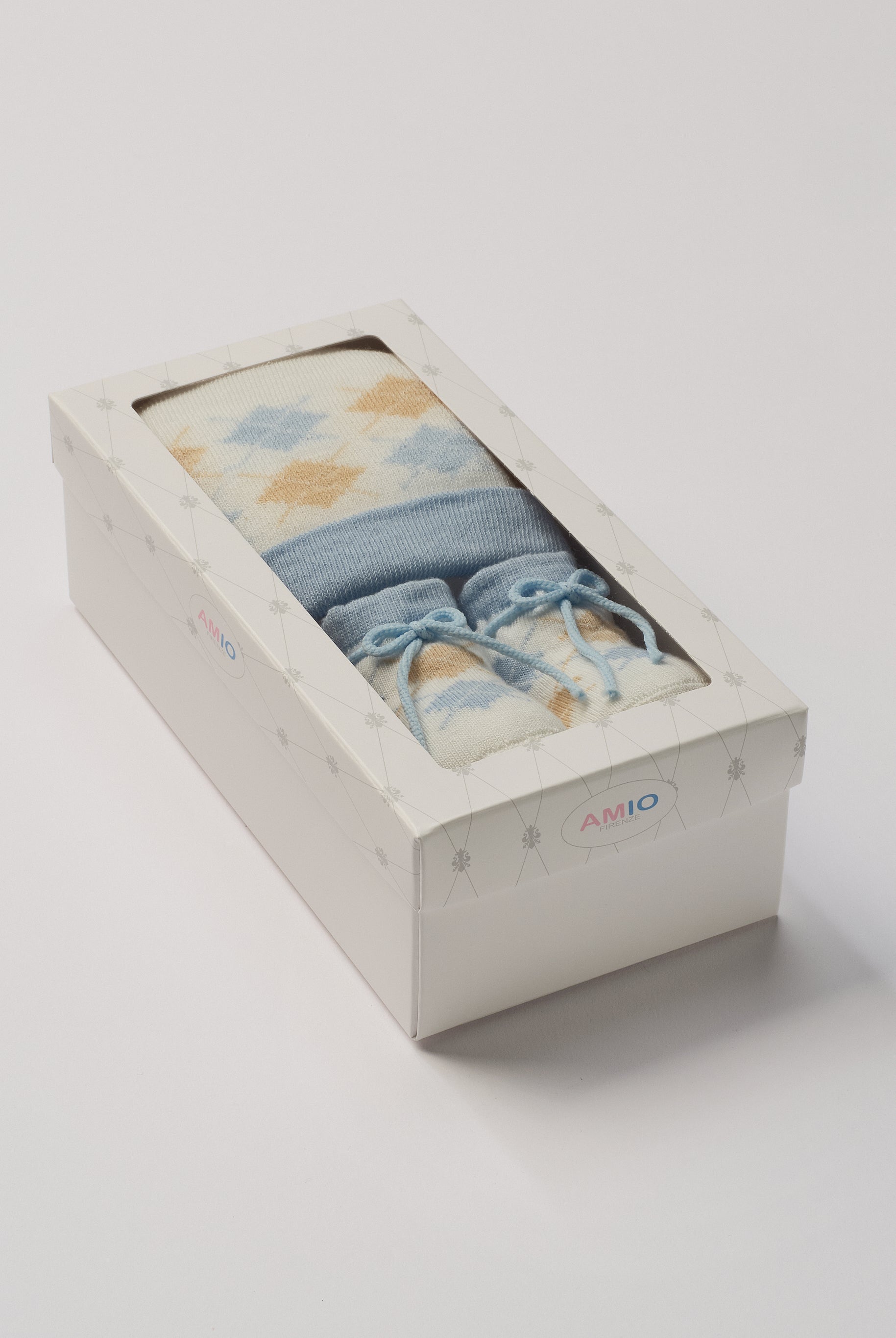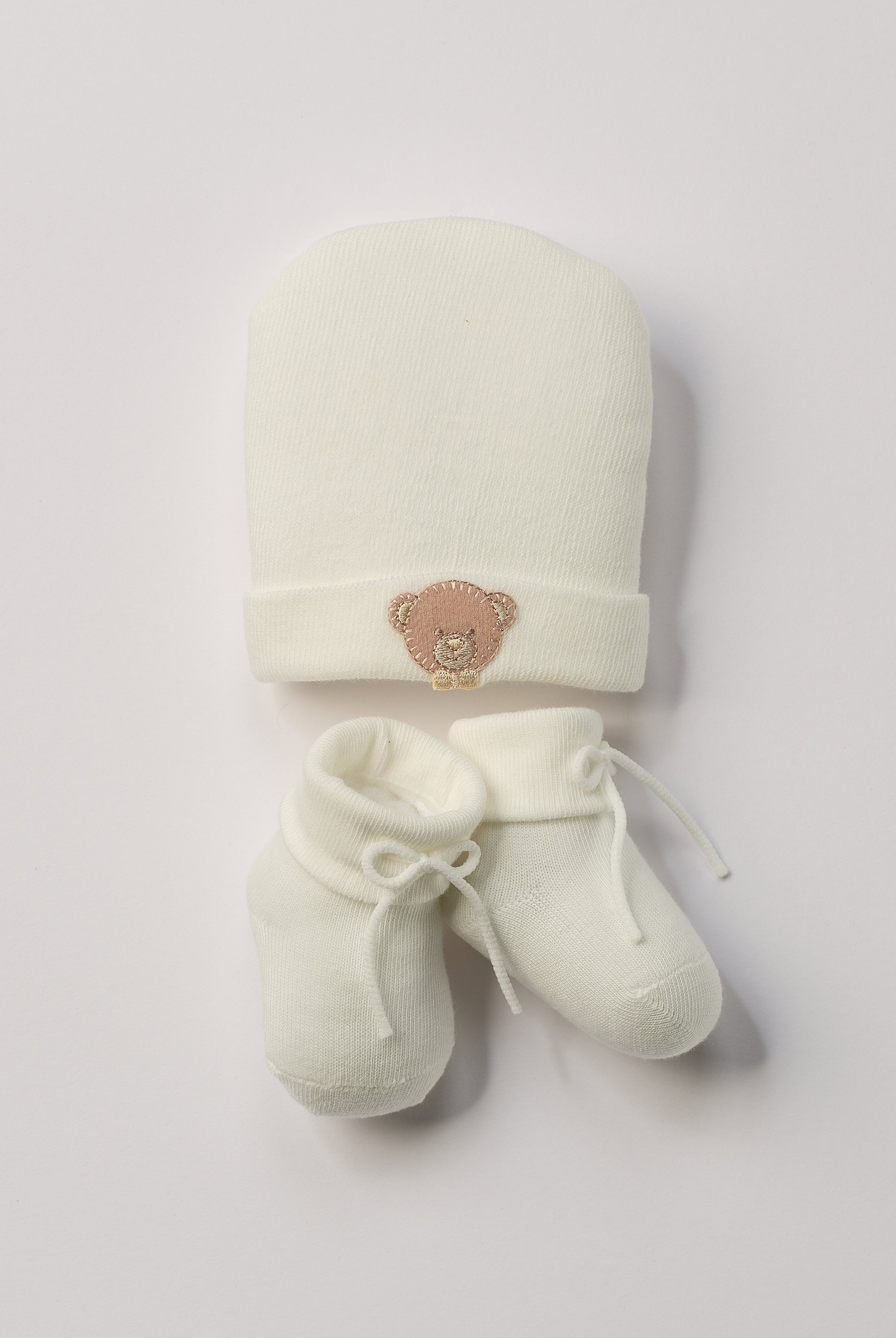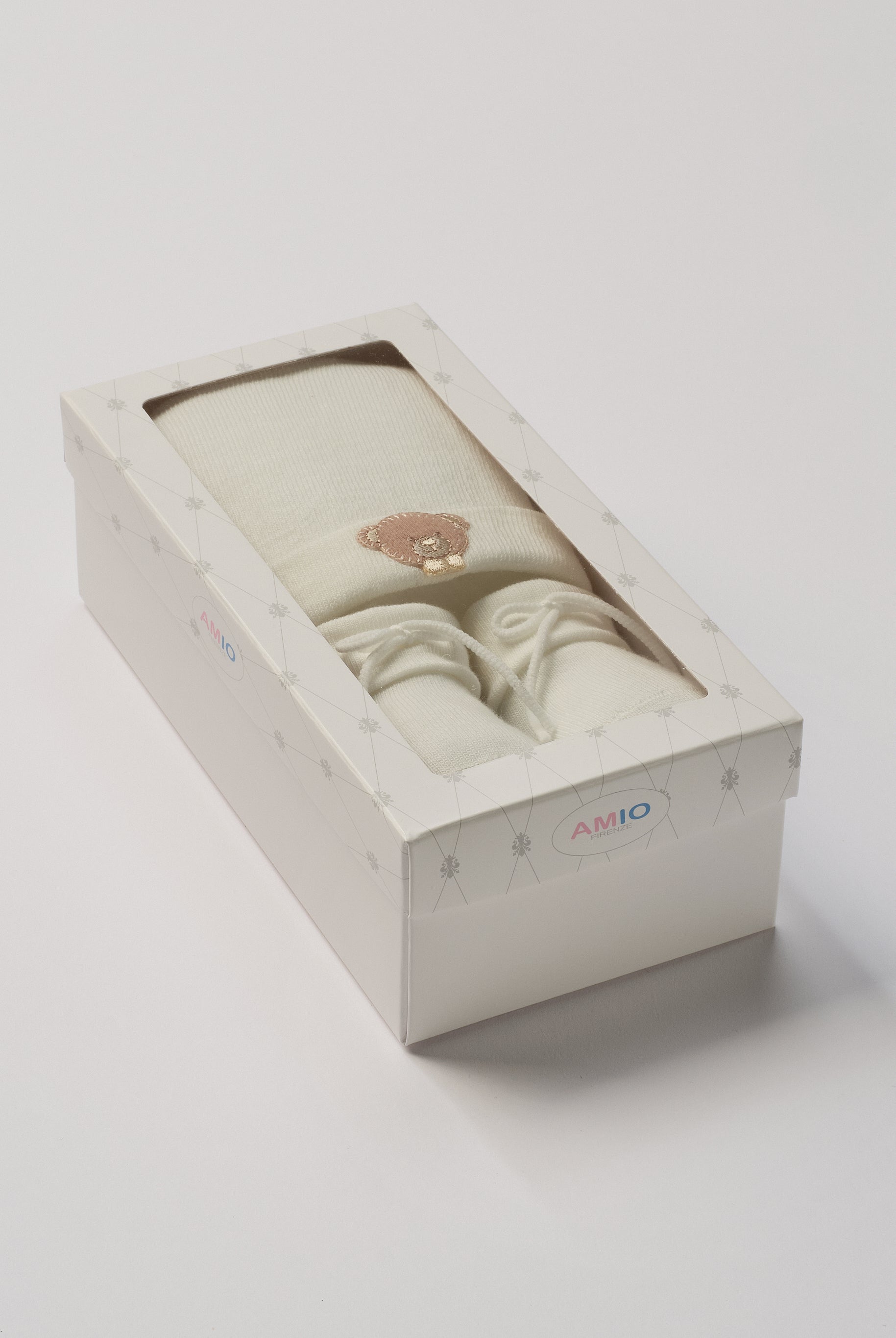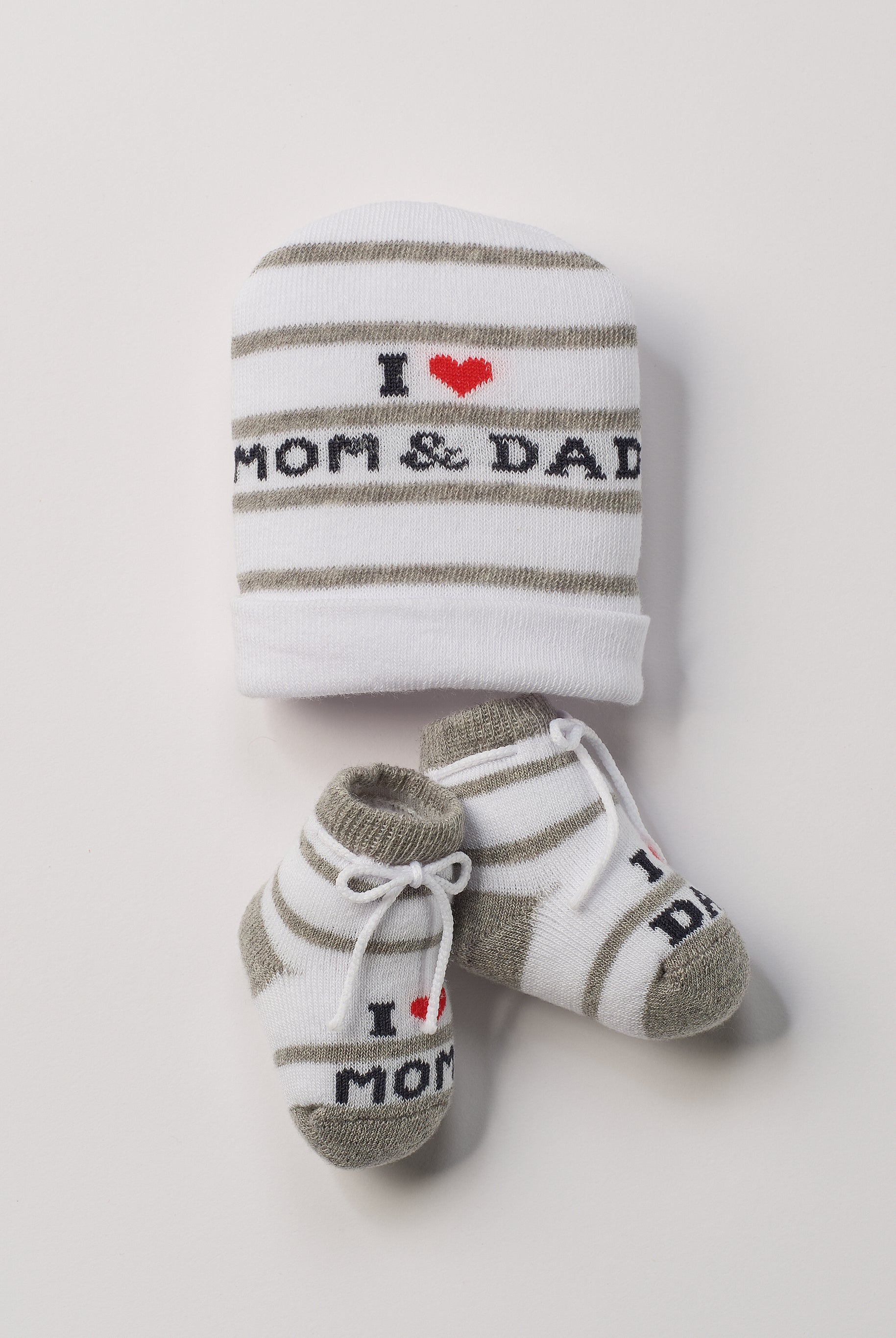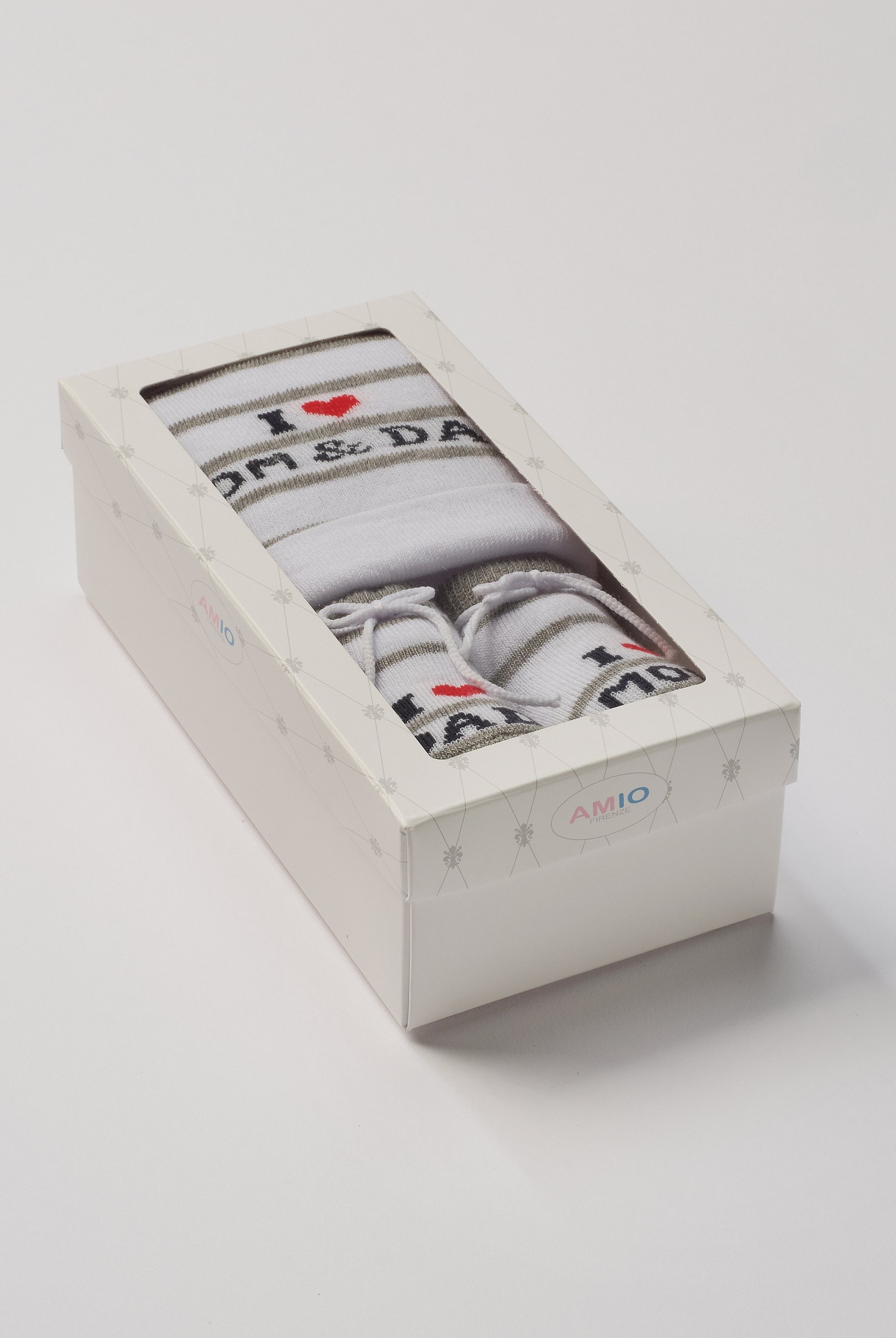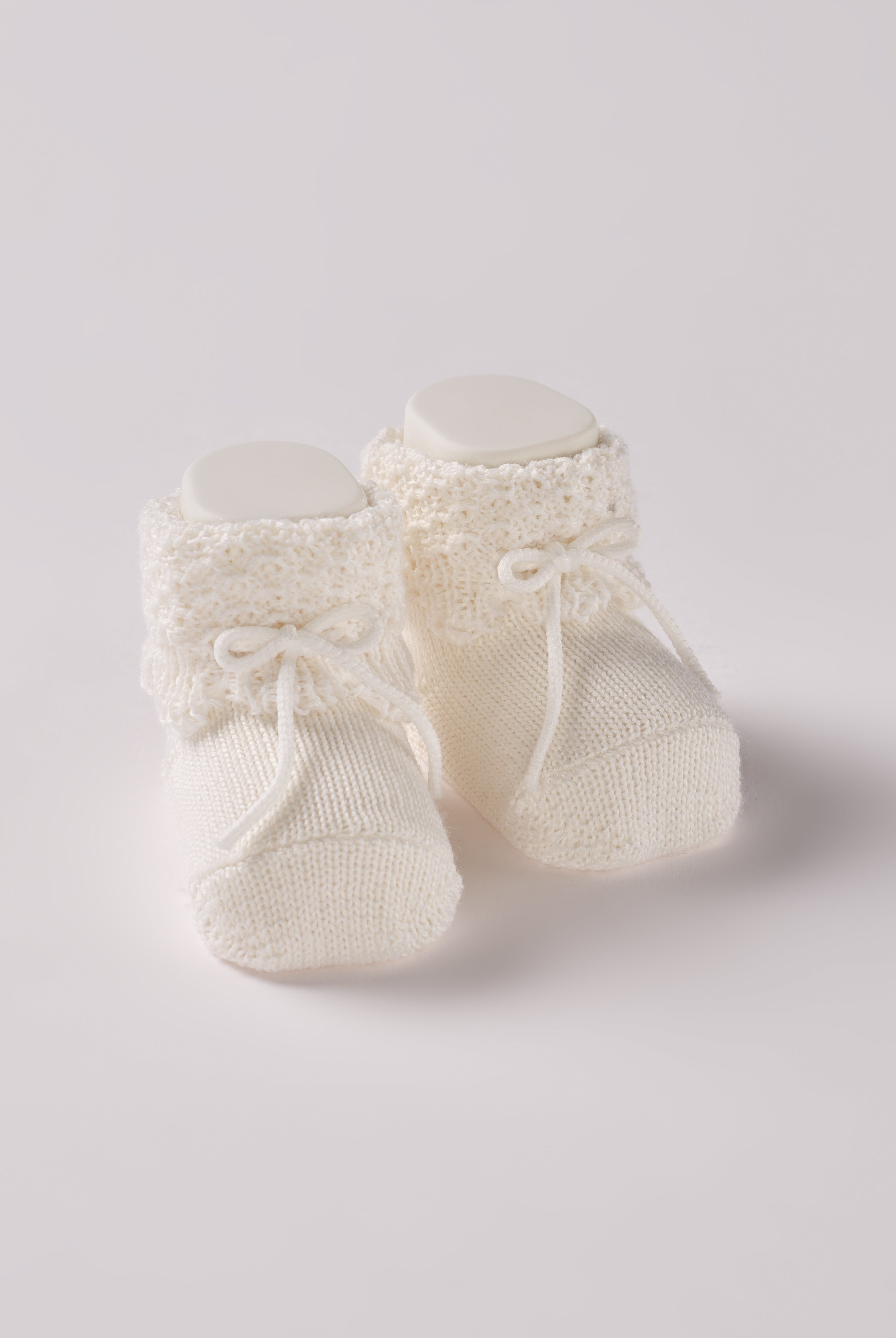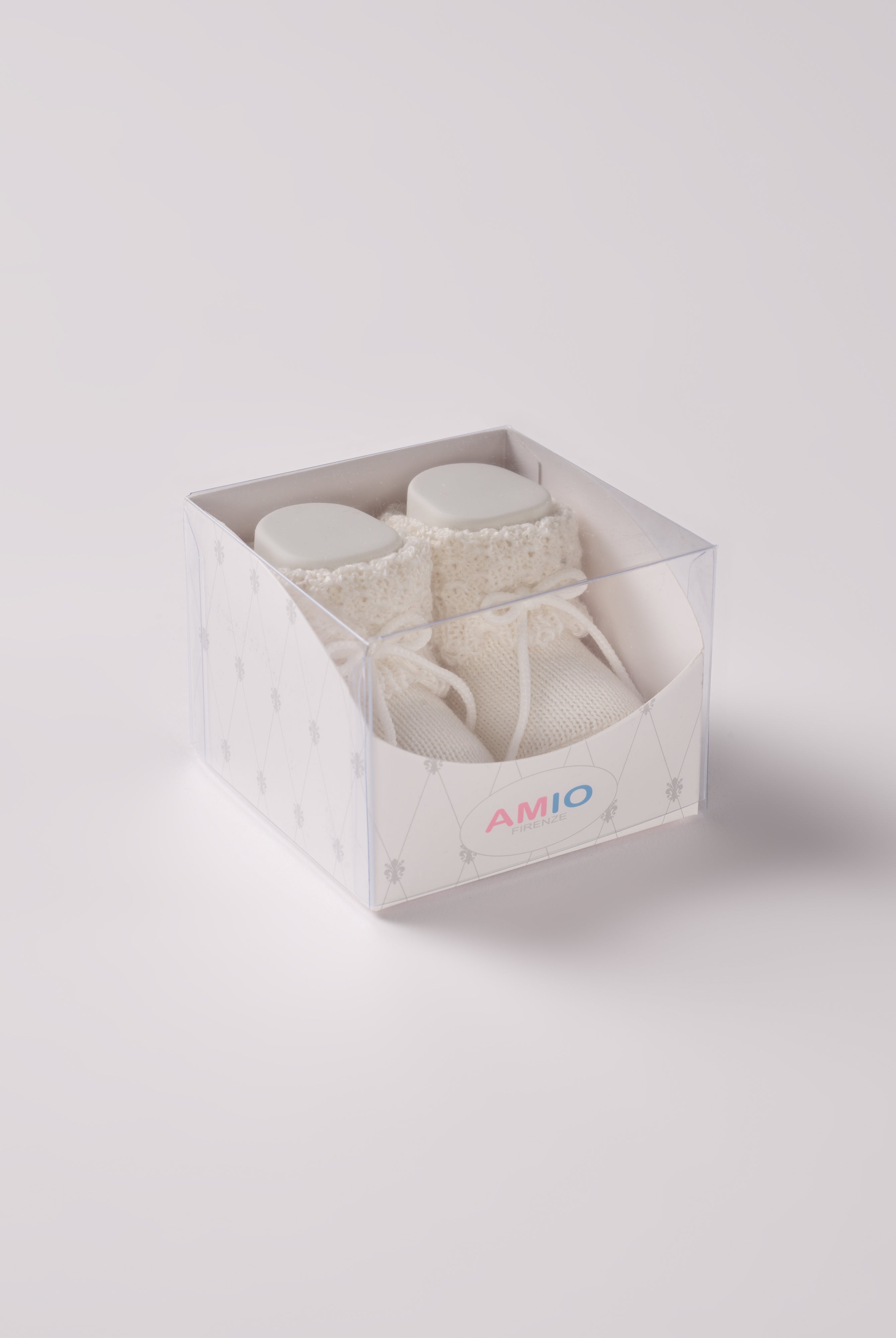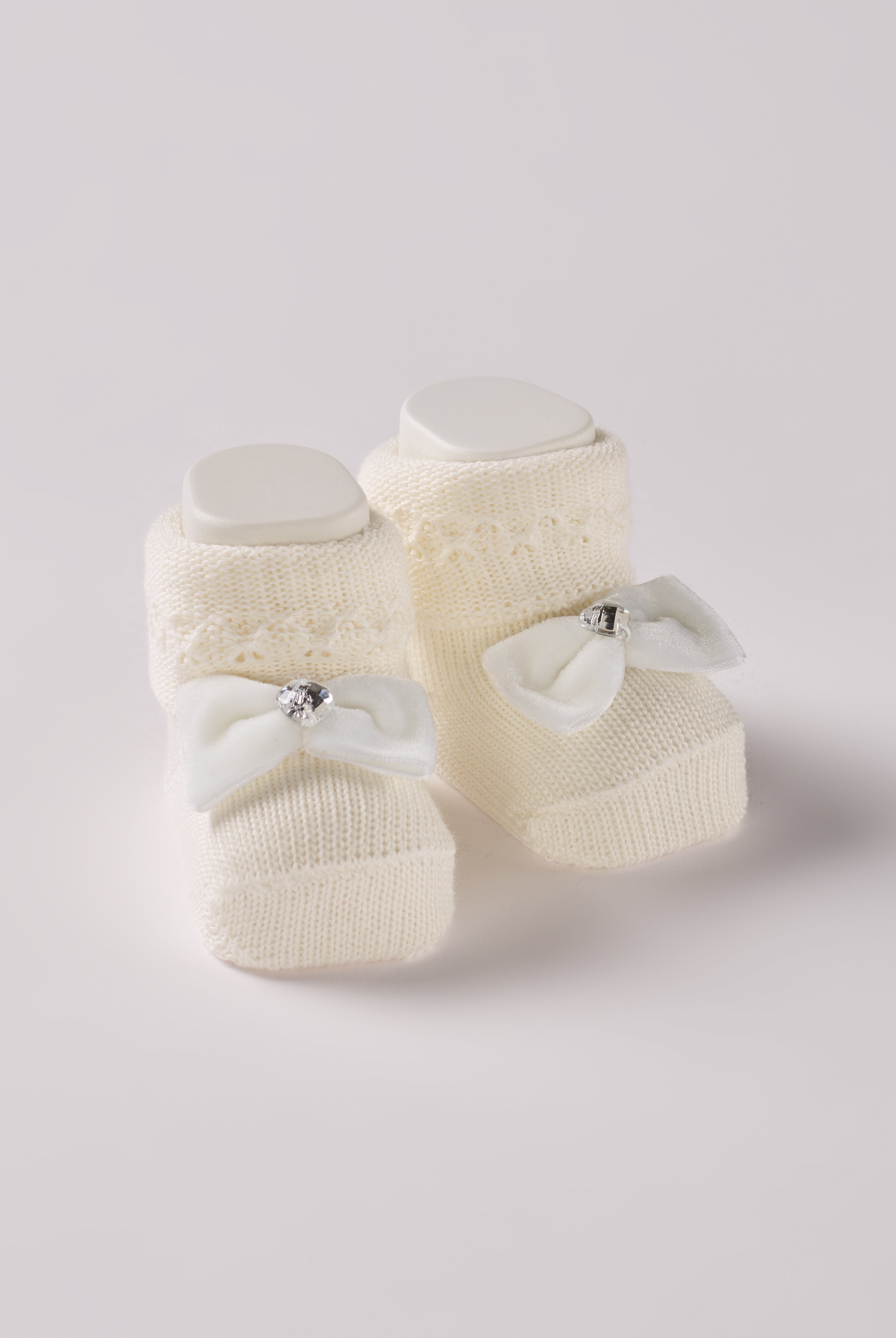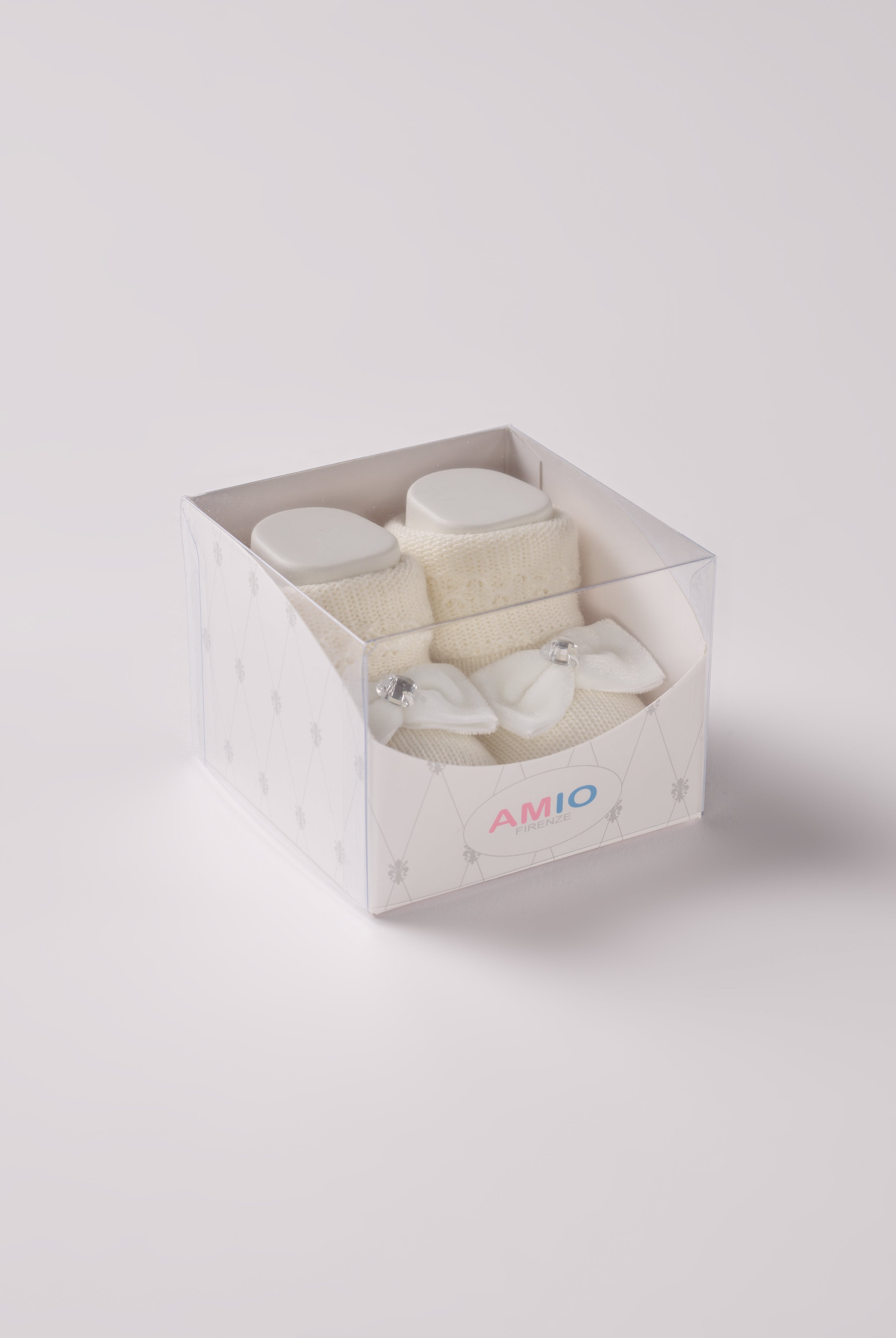Emotions, tradition and craftsmanship
An authentic and unique look behind the scenes in Italy, so you can be sure that AMIO Firenze is the best choice for your child.
AMIO Story
AMIO Firenze was created out of unconditional love for children and follows a simple approach:
We offer an uncompromising range of products combining traditional Italian craftsmanship, selected raw materials, genuine sustainability, luxurious design and an unbeatable price-performance ratio.
It all sounds very tempting...but honestly, can a profit-oriented company, especially at these sales prices, produce in Italy and operate sustainably at the same time?
Yes!
How?
Well, to explain that, we need to go back a bit further and explain AMIO Firenze's motives in addition to the profit motive:
1. Stop the throwaway consumerism .
The skills of our producers, which are based on their know-how Passed down through generations, the raw materials used result in the unparalleled durability of AMIO Firenze products. We even welcome passing on items once purchased, for example, to the next generation, friends and relatives who are becoming or already are parents, as well as the second-hand sale of our products by our customers. In short, our products survive a conventional washing machine without any loss of color or shape.
2. Stop greenwashing and exploiting developing countries.
At AMIO Firenze, we place the highest value on humane production in Italy that secures the livelihoods of all involved. In doing so, we not only strengthen the European single market and the future of the European textile industry, but also avoid causing additional suffering in the world. Textile supply chains remain largely opaque, and Far Eastern production facilities do not meet our standards of human dignity and fairness. Far too rarely is the tragic fact addressed that Far Eastern goods are first transported across the world's oceans. Many garments have to be "preserved" with toxic chemicals before they reach European retail stores. AMIO Firenze items are pre-washed and pre-ironed, untreated, and ready-to-wear. Furthermore, we keep our resource consumption extremely low through short transport routes, as even the packaging material is produced in Italy.
3. Put an end to the persistent prejudice that "Made in Italy" is unaffordable and fast fashion is the only affordable alternative.
When you consider AMIO Firenze 's pricing structure in relation to the added value of our products, any comparison with the textile giants becomes irrelevant. The durability leads to less wear and tear, meaning customers spend significantly less time and money. Furthermore, every AMIO Firenze item saves you a wash. Extrapolated to the needs of a newborn, this adds up to a considerable amount. Last but not least, the retail prices themselves are highly competitive, allowing us to offer significantly more attractive prices in some segments. Finally, everyone must ask themselves how much they truly value AMIO Firenze products when neither people nor our planet have to suffer so much for our products.
But how does AMIO Firenze manage such a pricing structure? And why don't the "big players" simply follow suit?
Looking back a few decades, entire European regions were renowned for their textile production. Each region projected its individual charm and culture onto its textiles, contributing to enormous diversity in the market. These regions still exist, though their production volumes are smaller and their focus has shifted. However, the primary catalyst for this change was the economy itself. As is well known, corporate structures exert pressure from shareholders to maximize profits. This led directly to outsourced production facilities, which isn't inherently wrong. However, if we disregard all illusions, this comes at the expense of stakeholders, from employees and the environment to every consumer, who has to compromise on quality and/or sustainability.
AMIO Firenze is not a corporation and does not aspire to be. There is no shareholder pressure. As a family business, we can operate with more flexible and healthy margins, allowing us to offer items like a "Made in Italy" baby romper for under €30.
However, we as a society can only achieve real change through the decisions of consumers themselves.
What do you choose?
